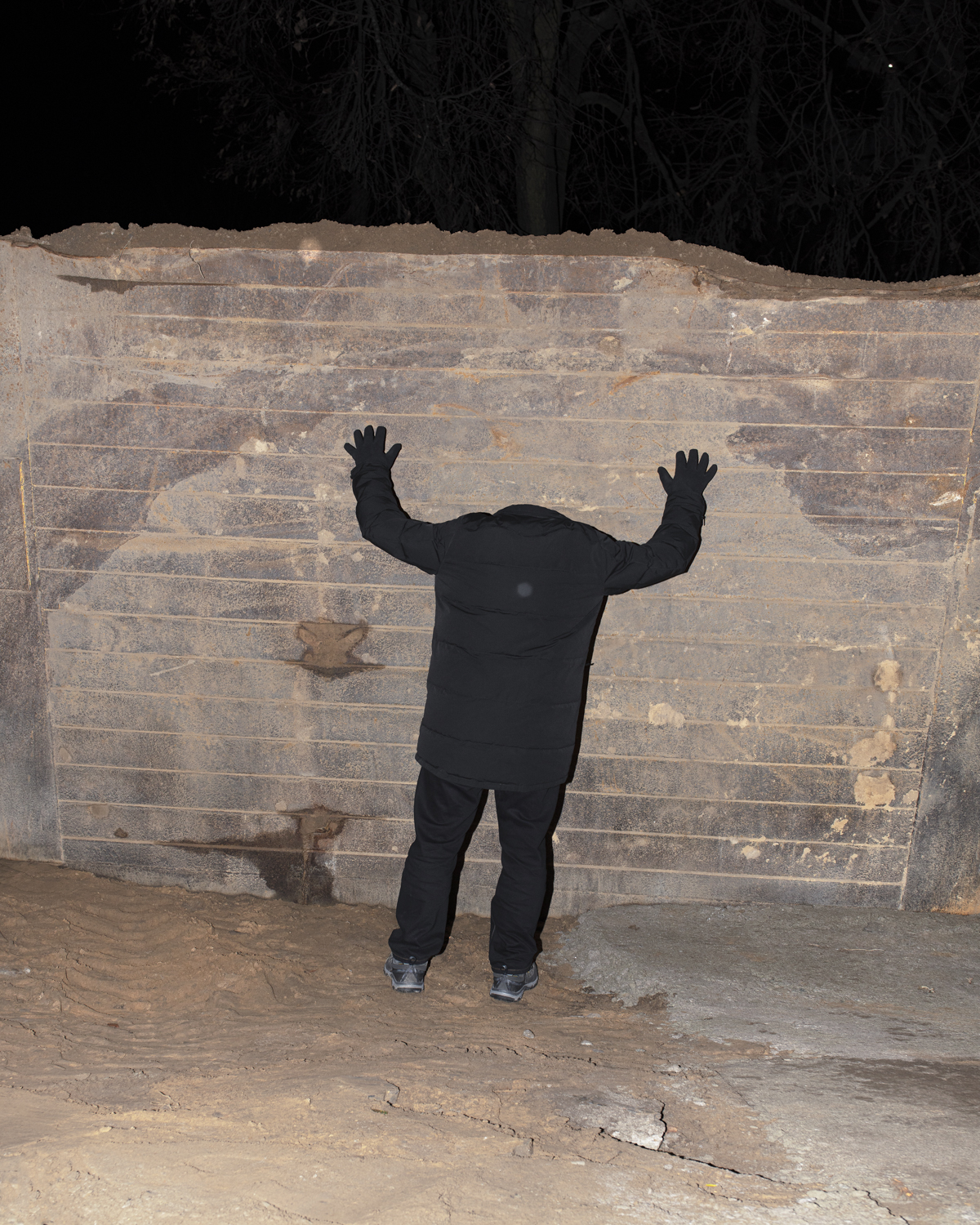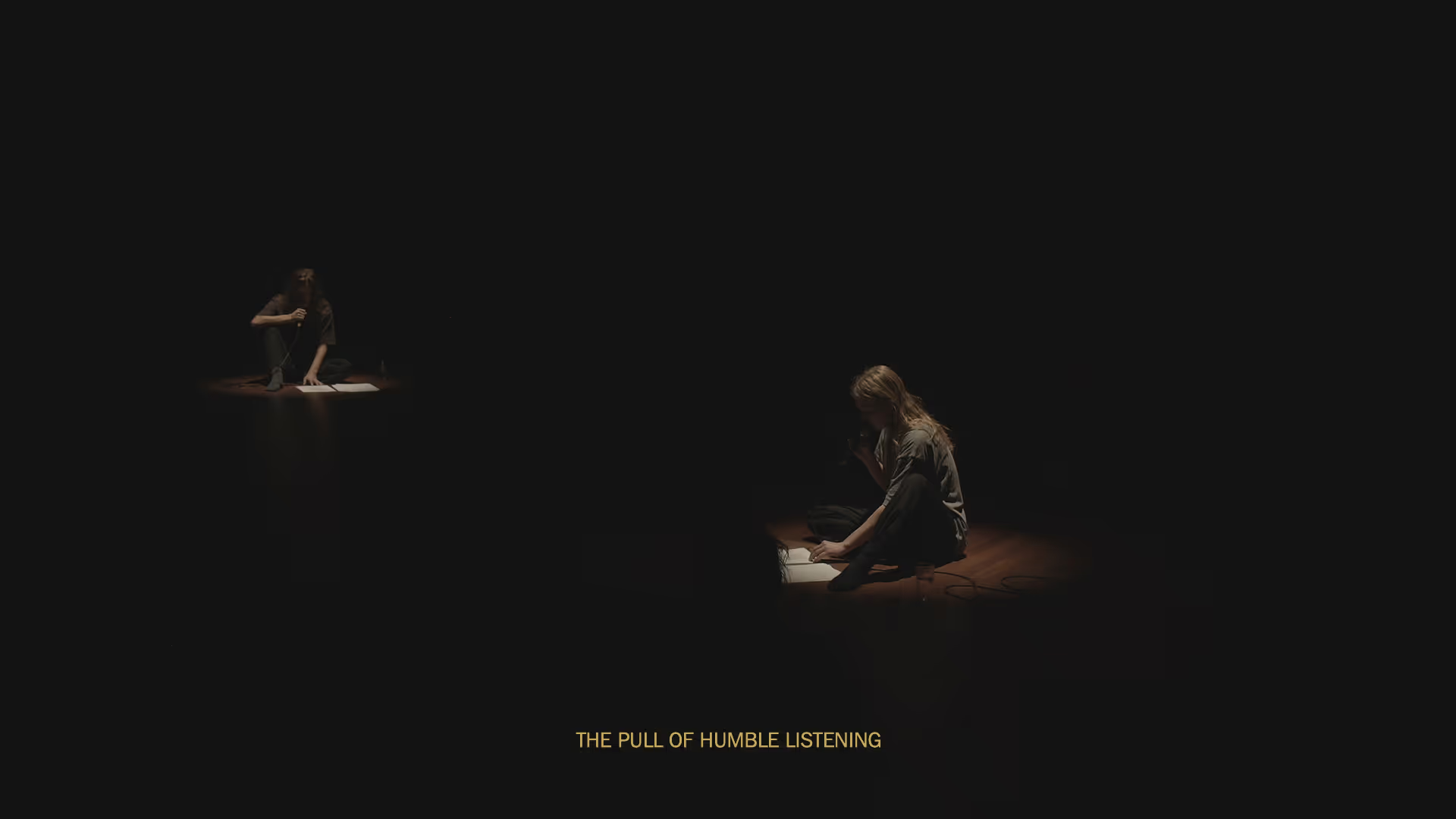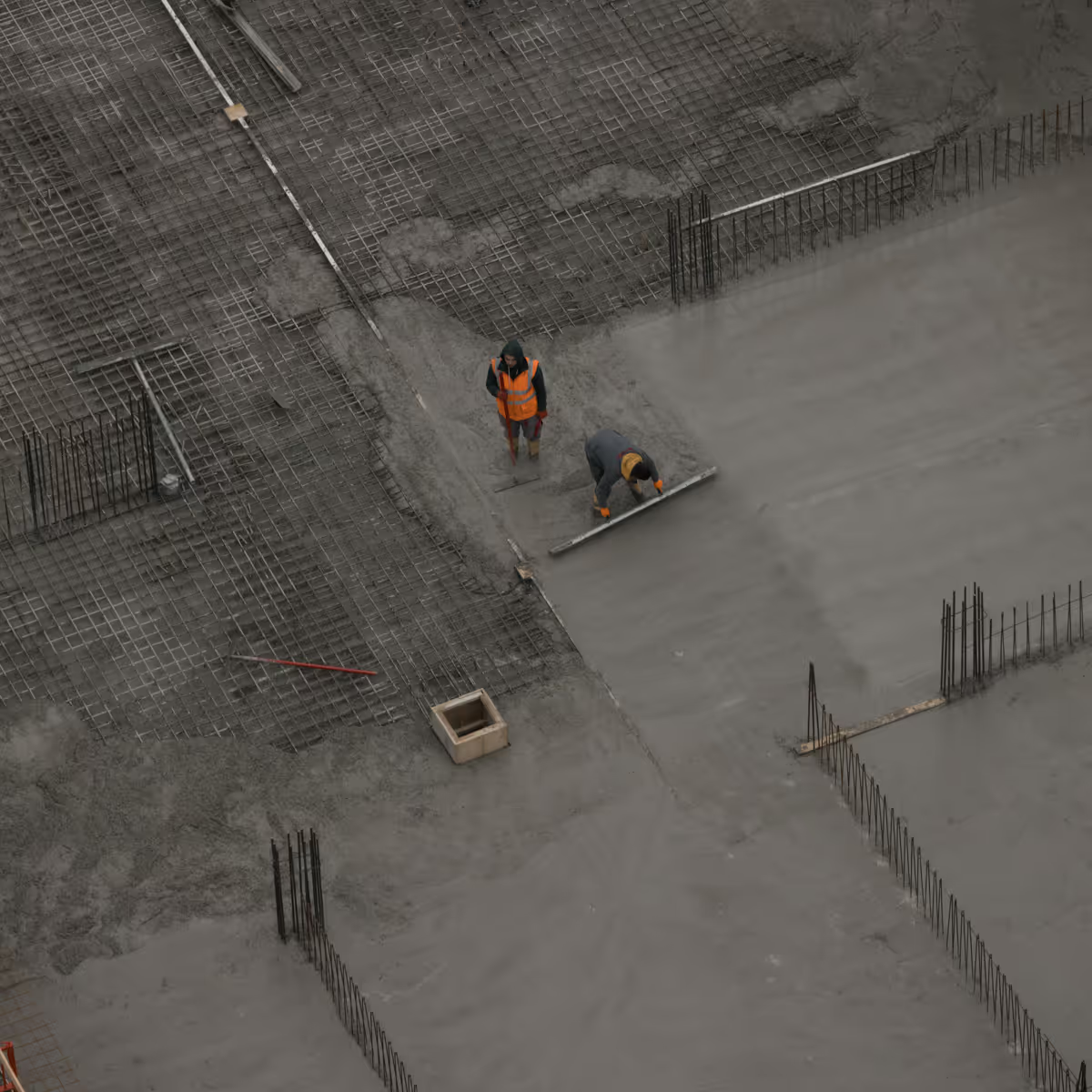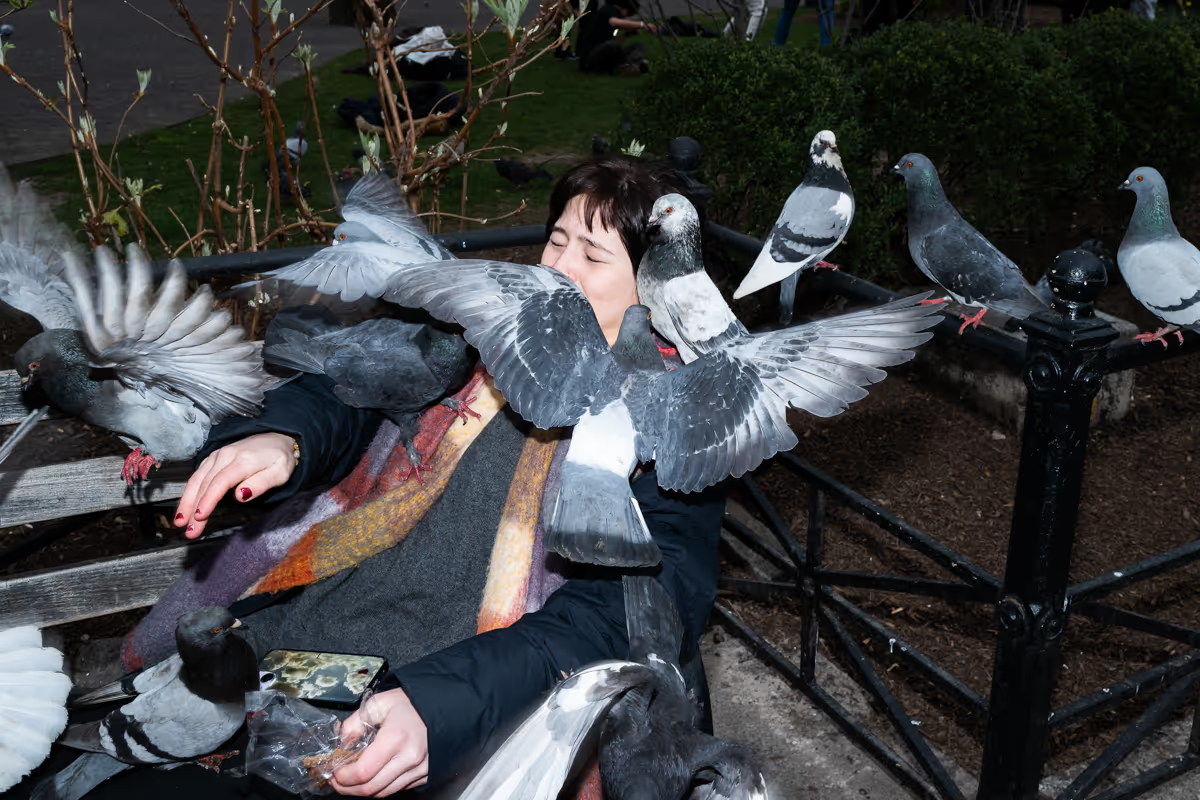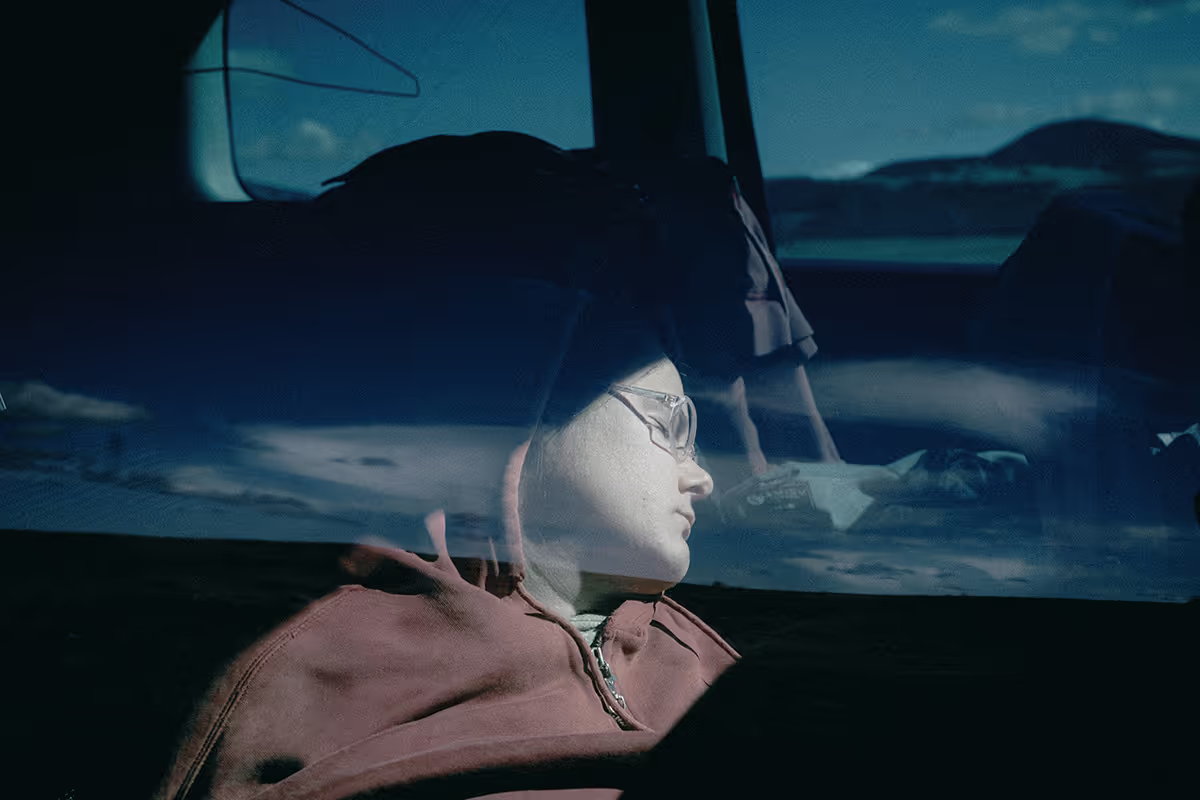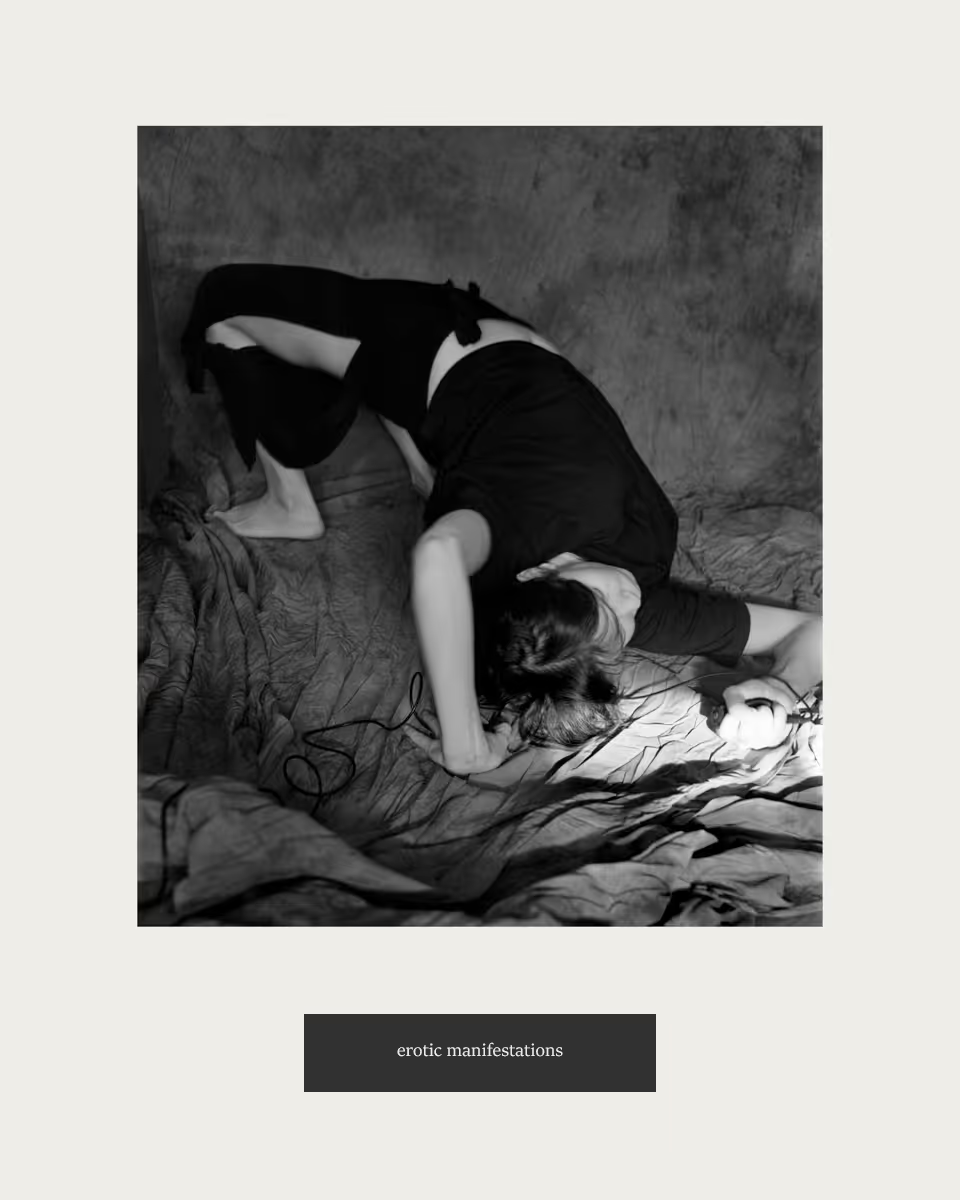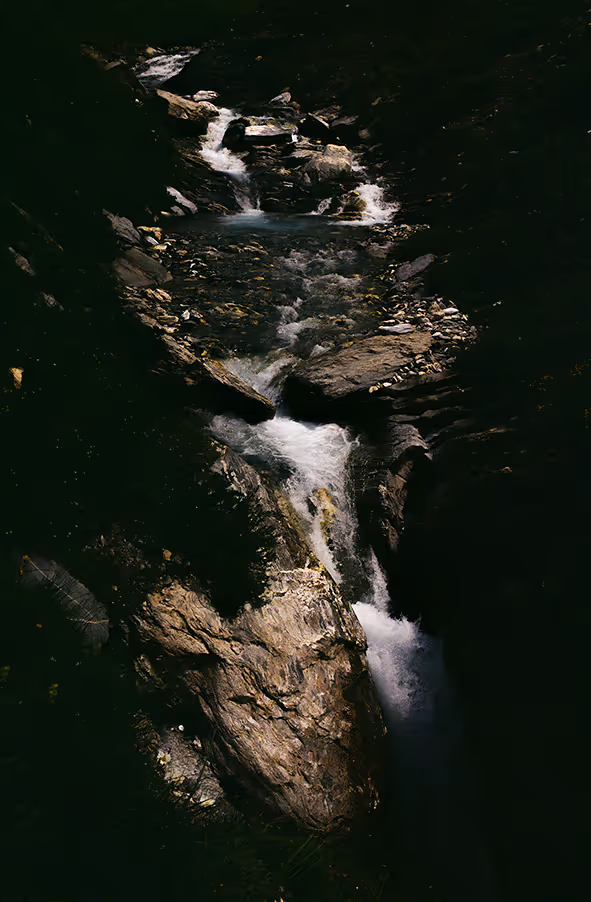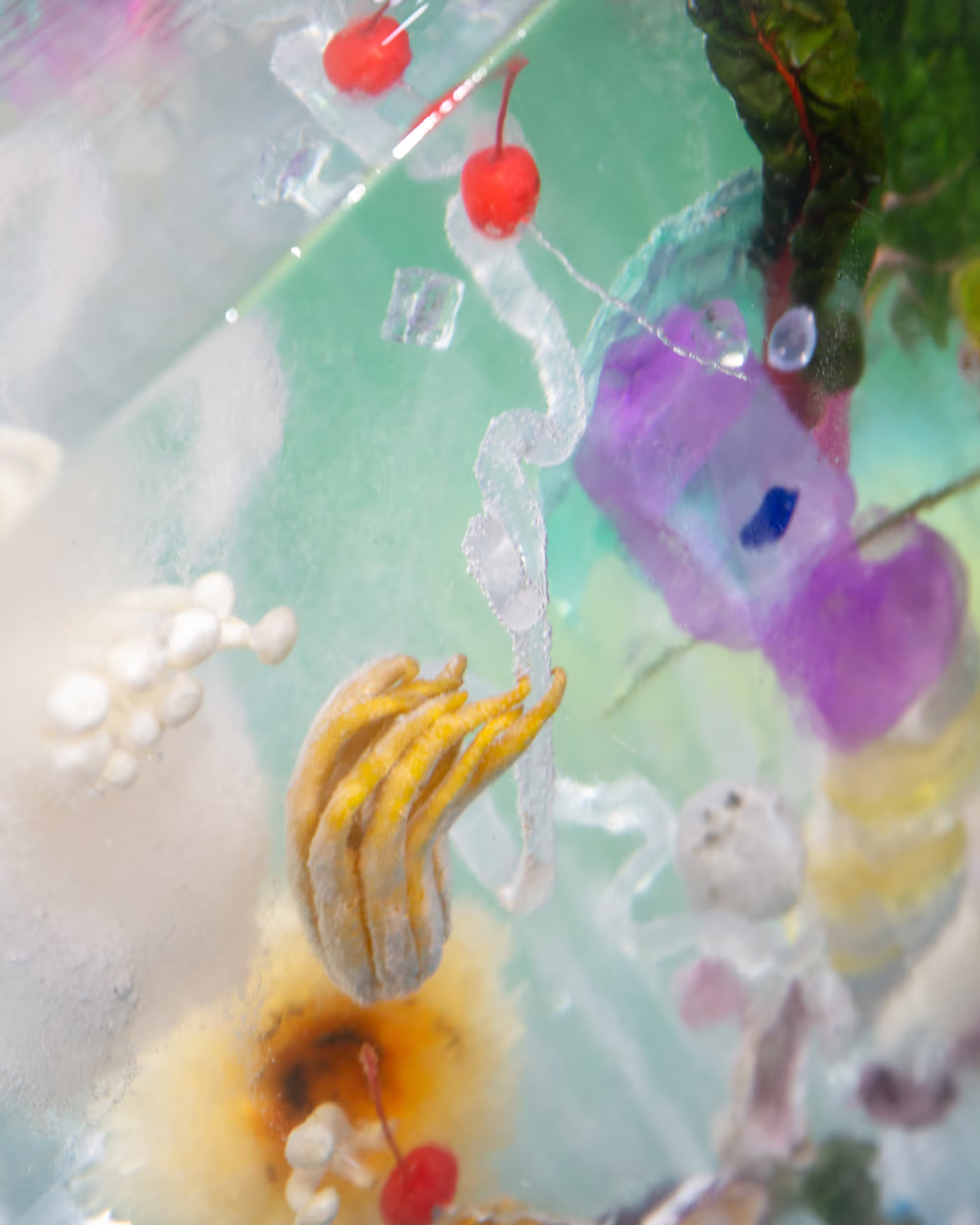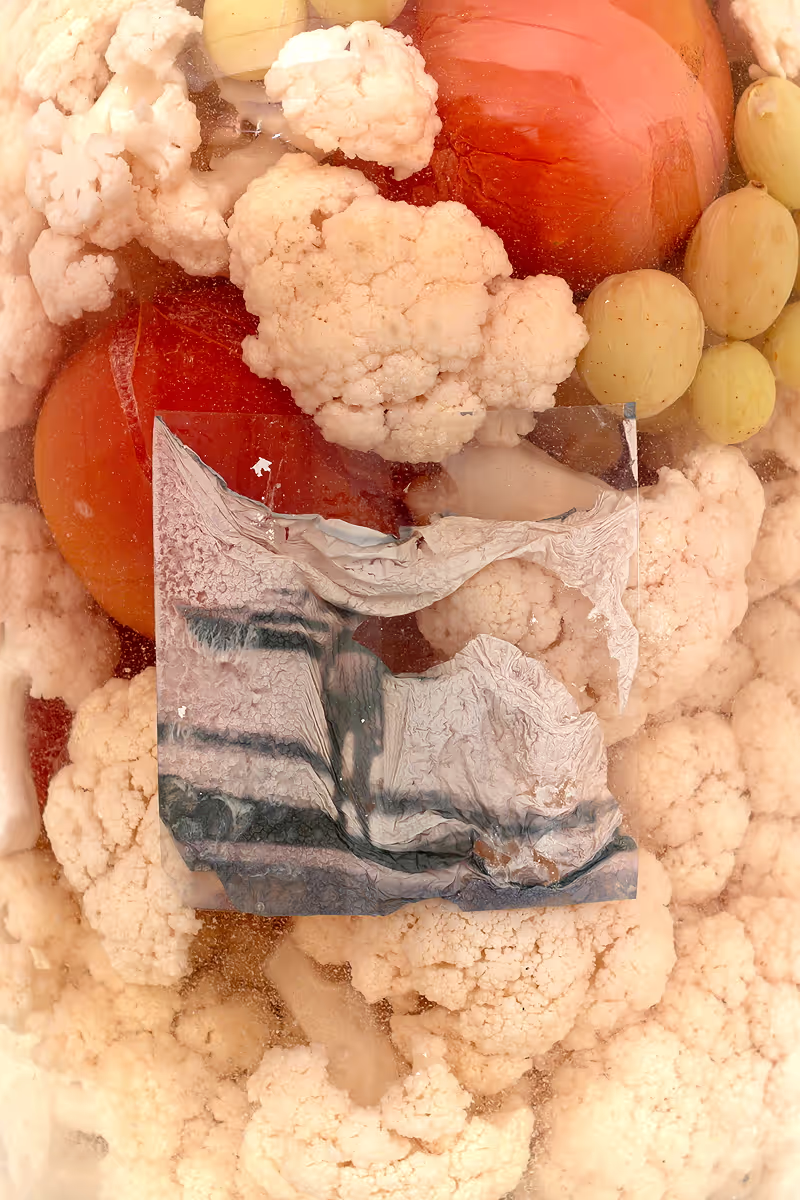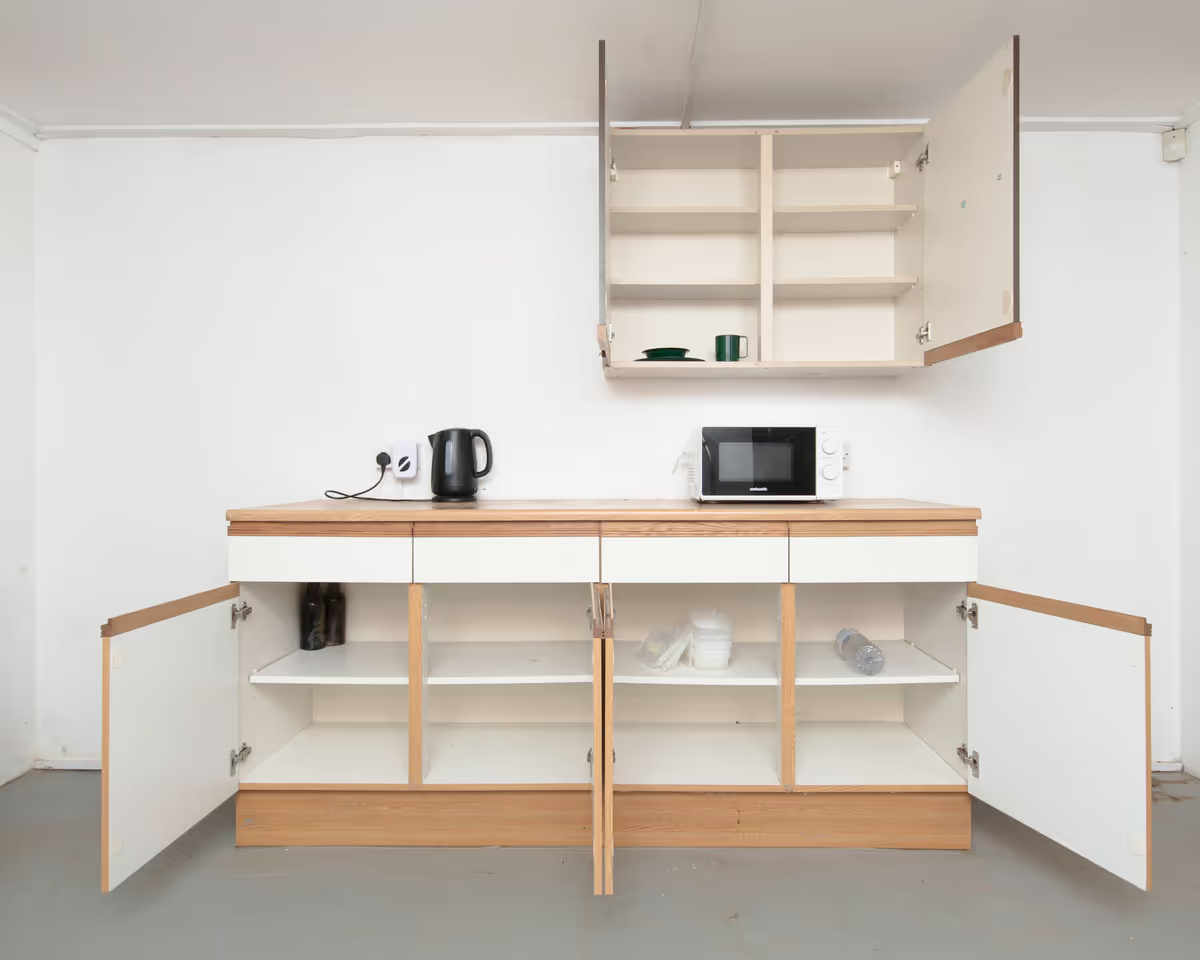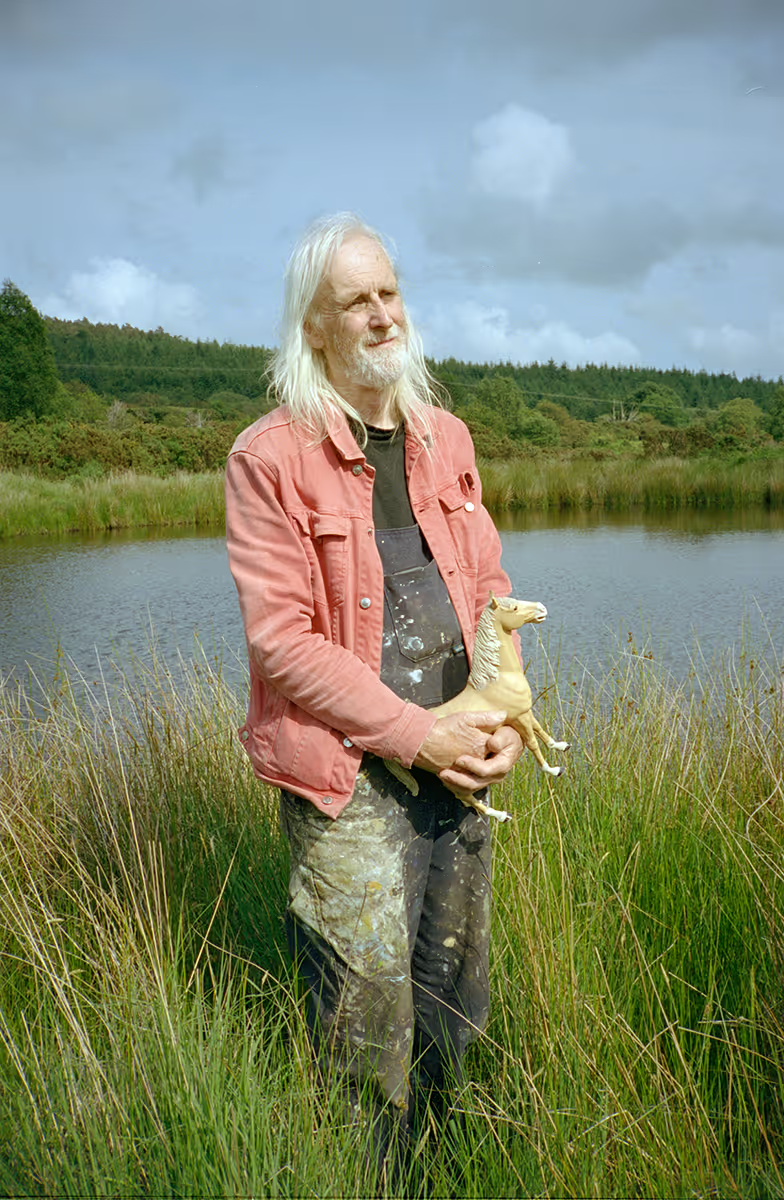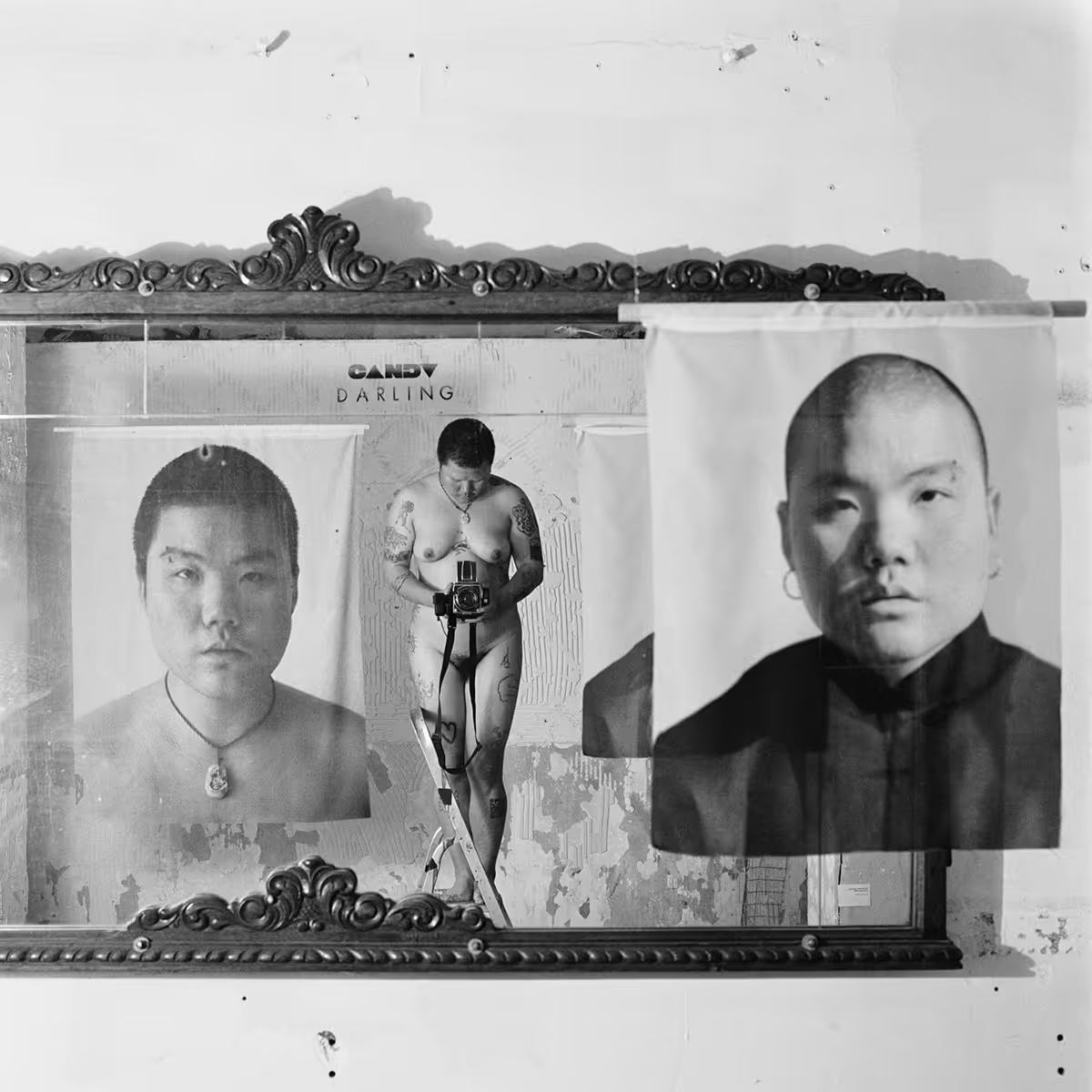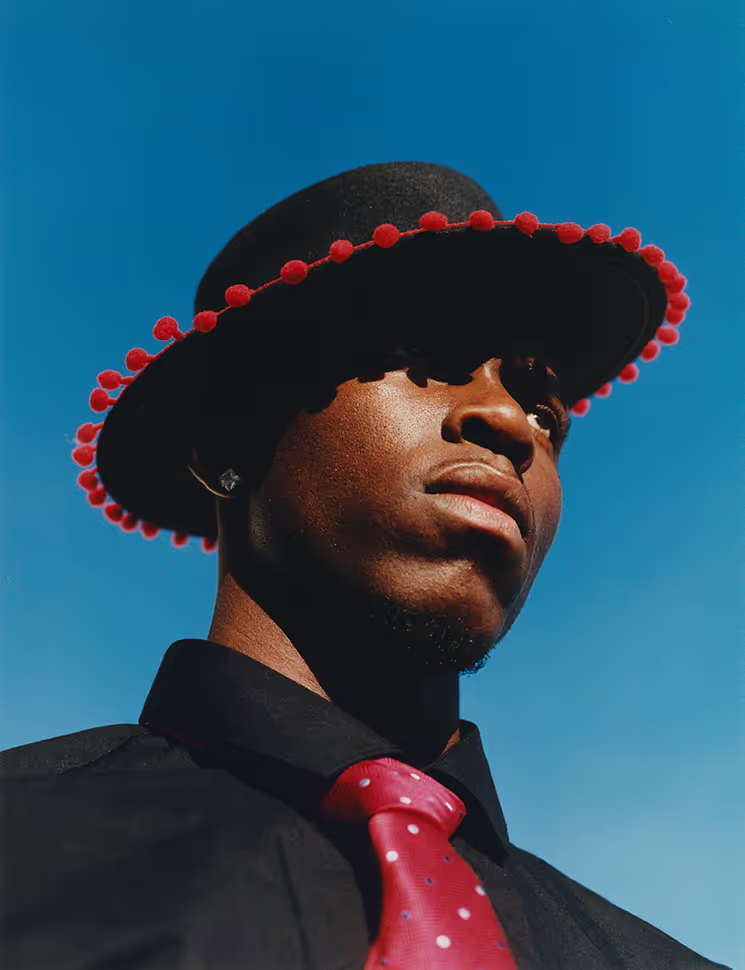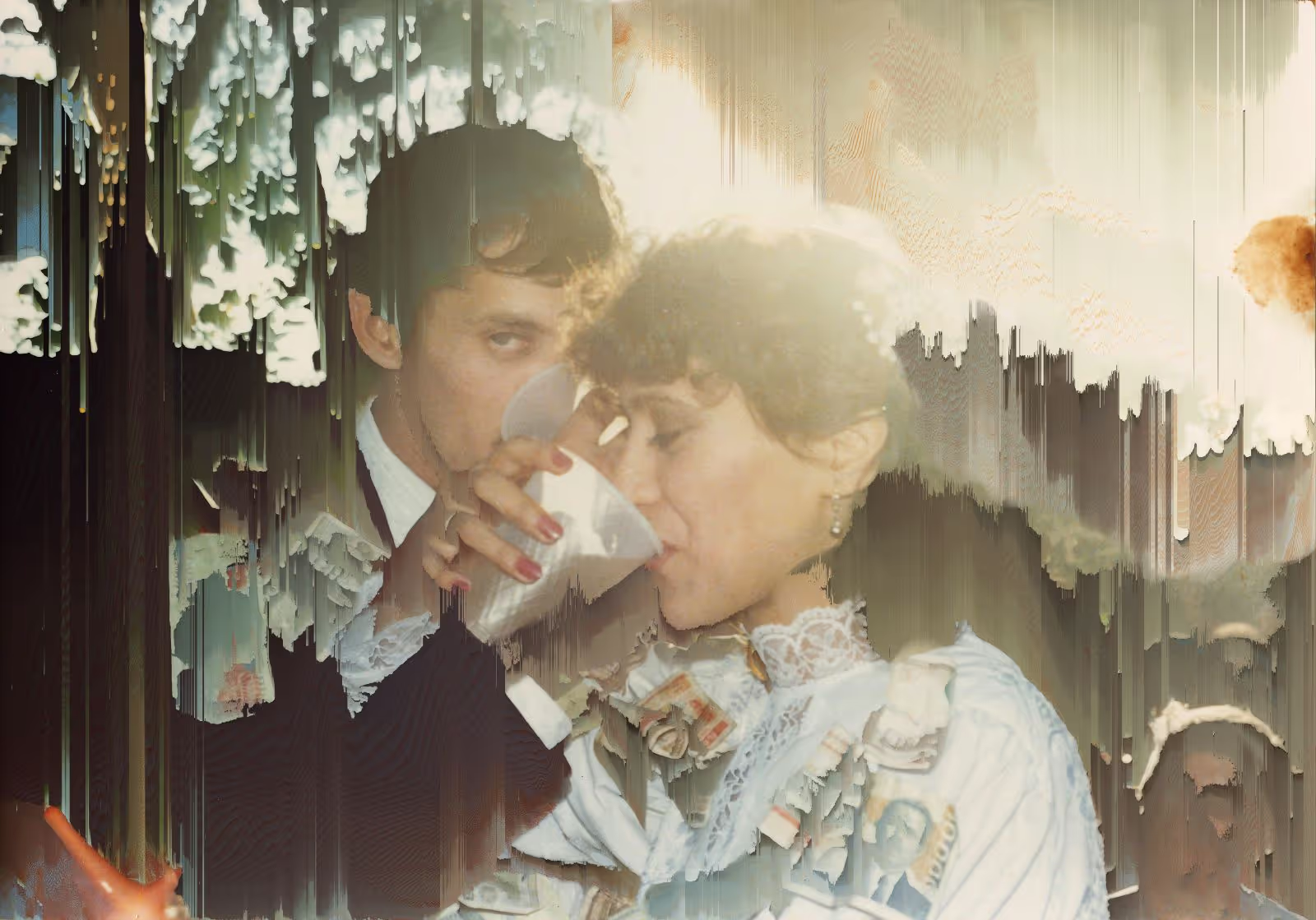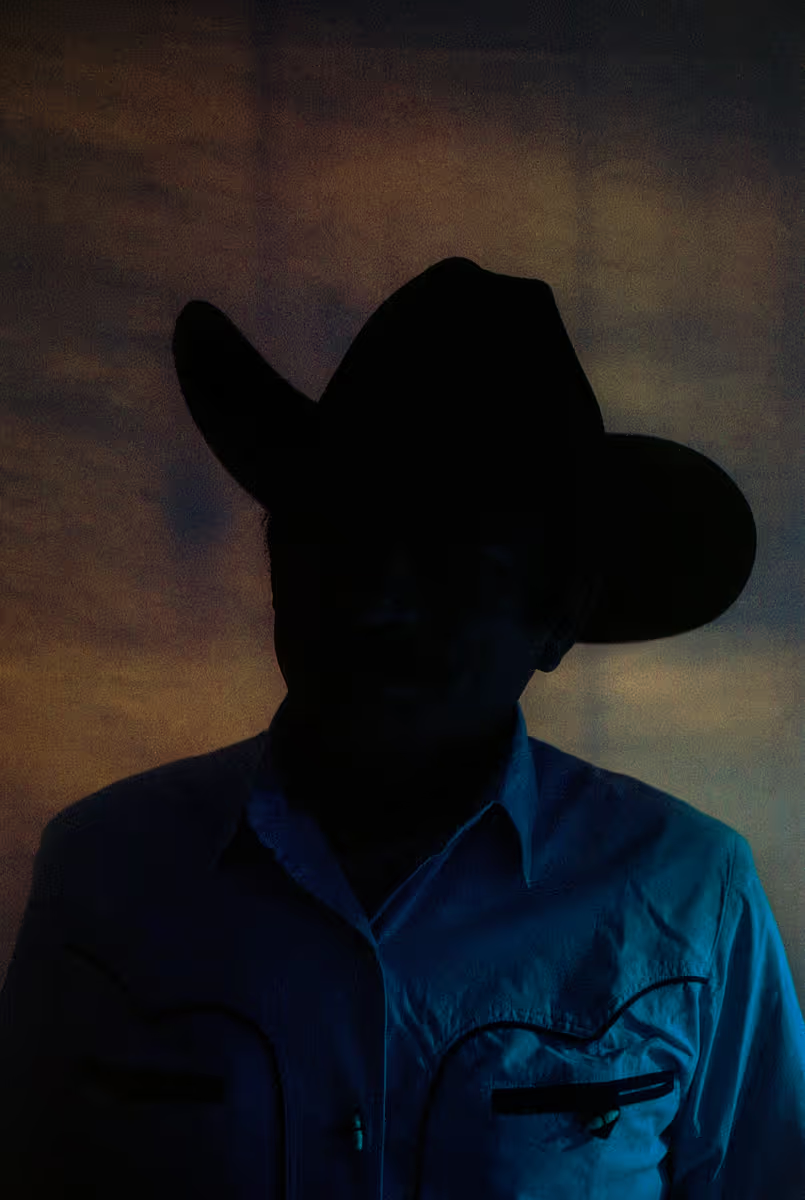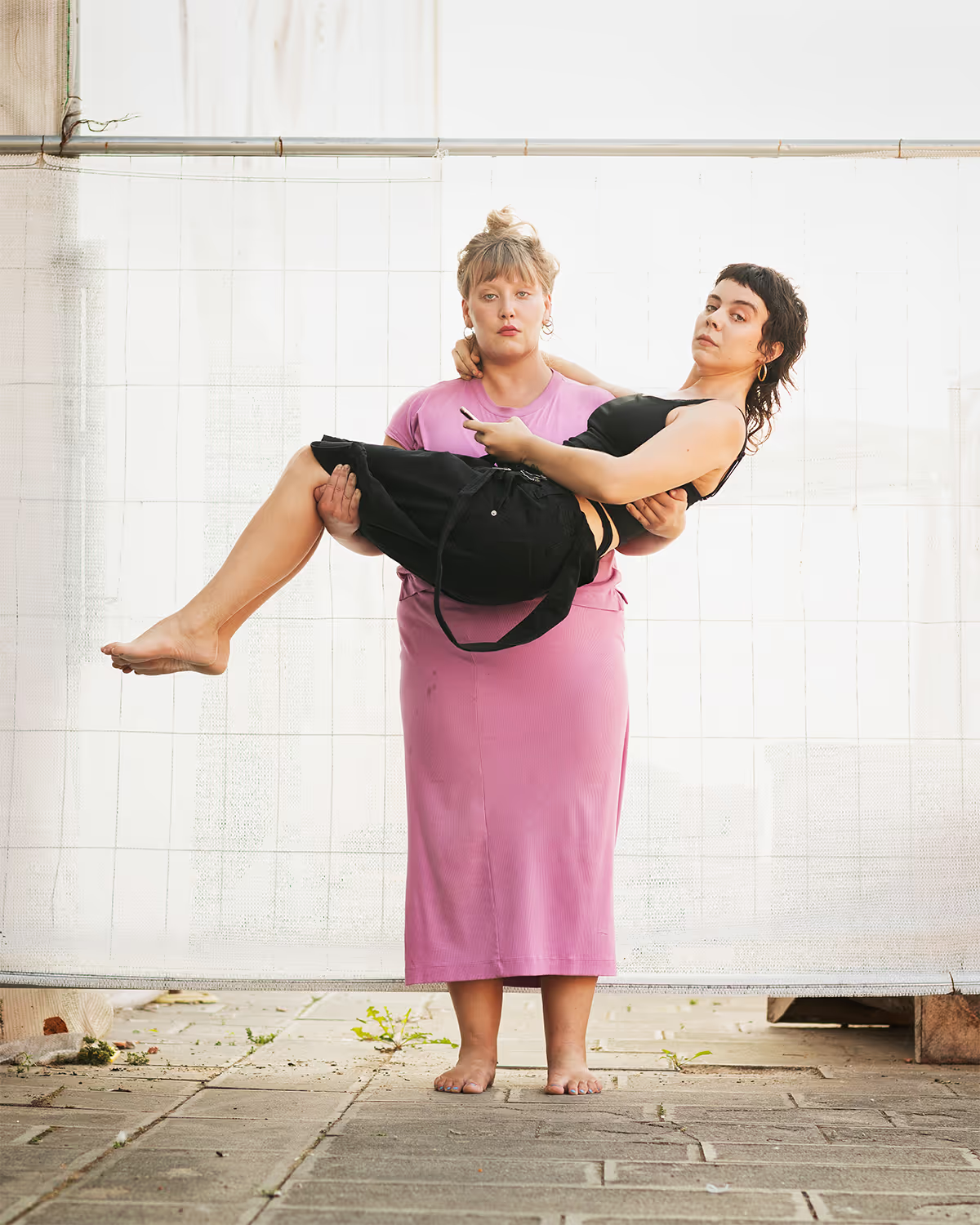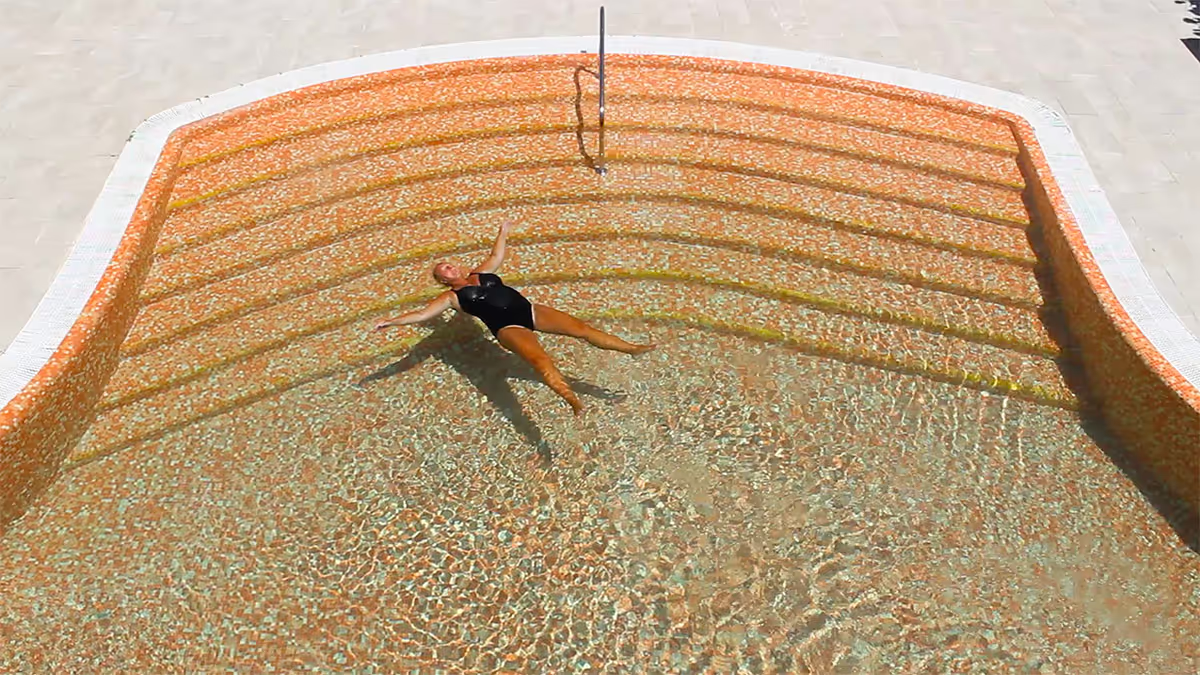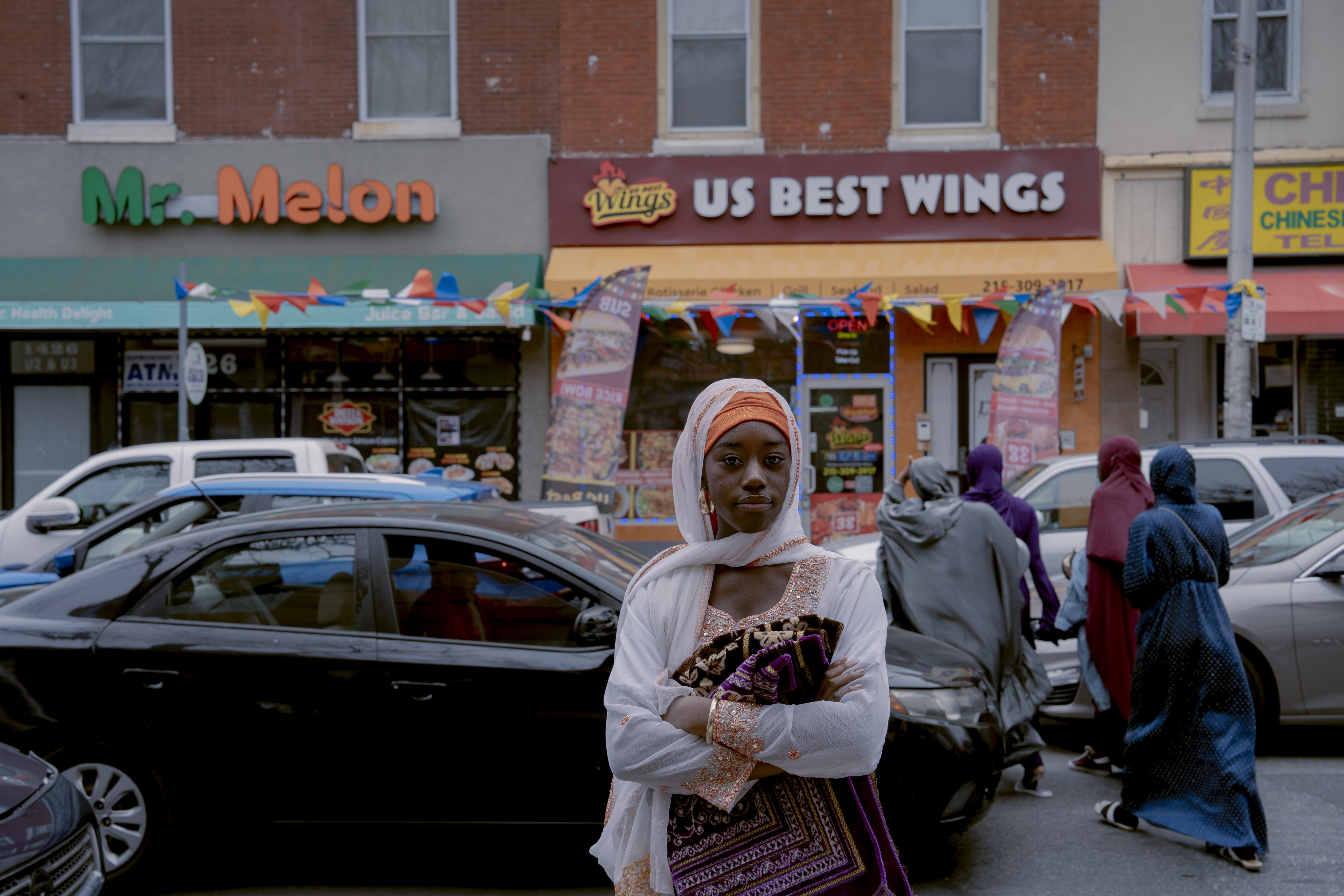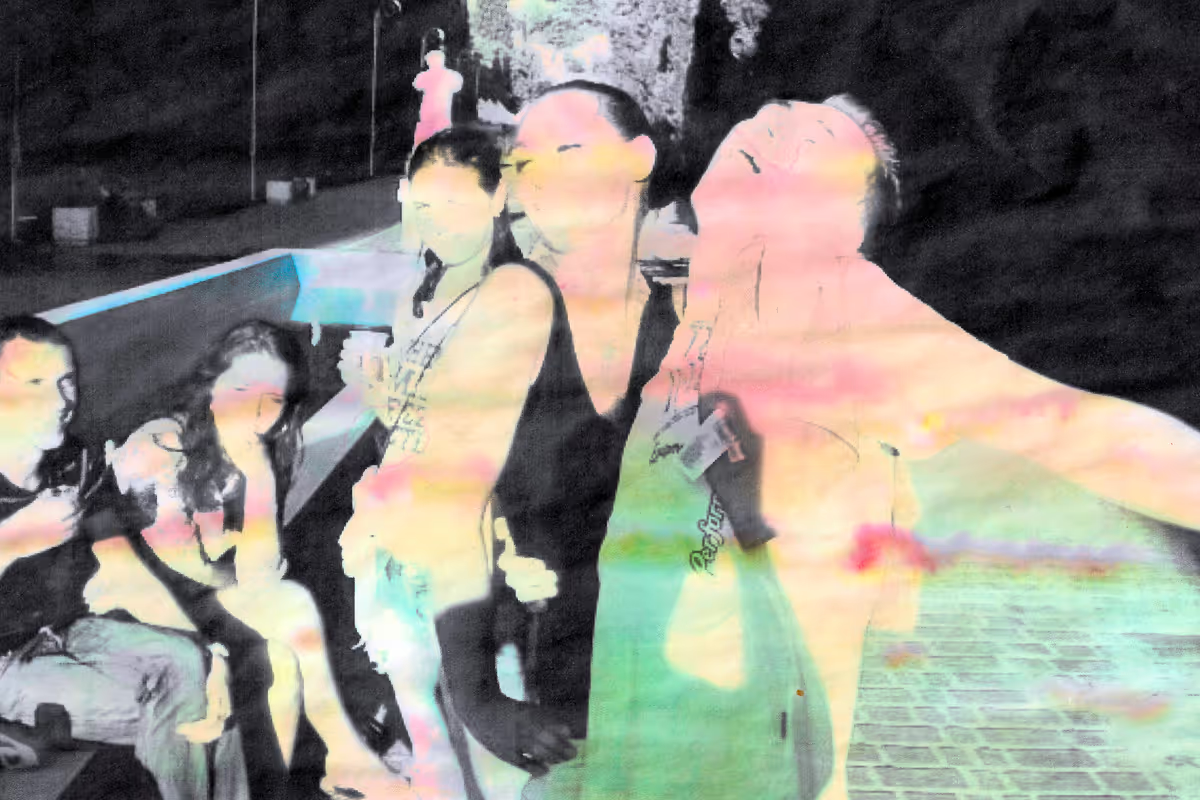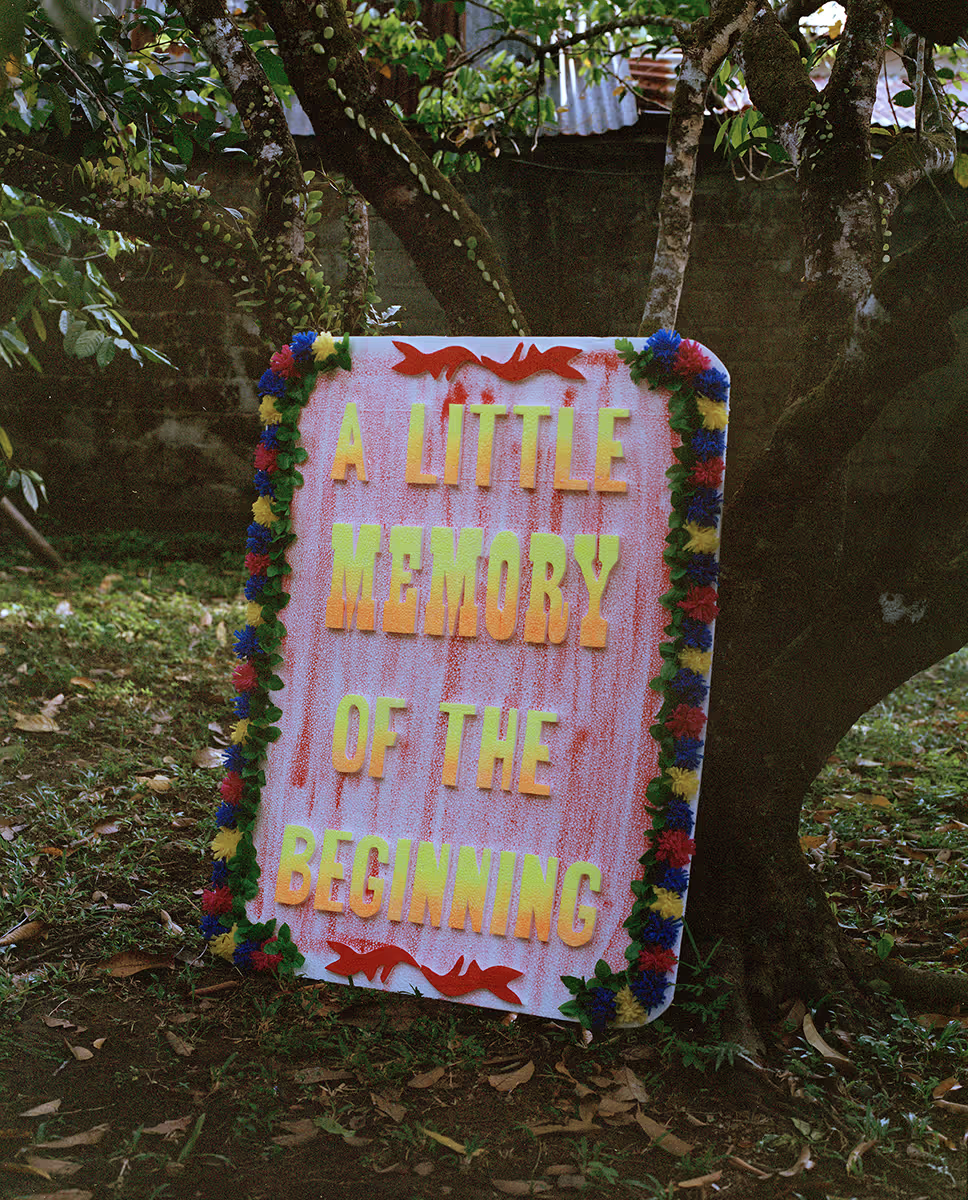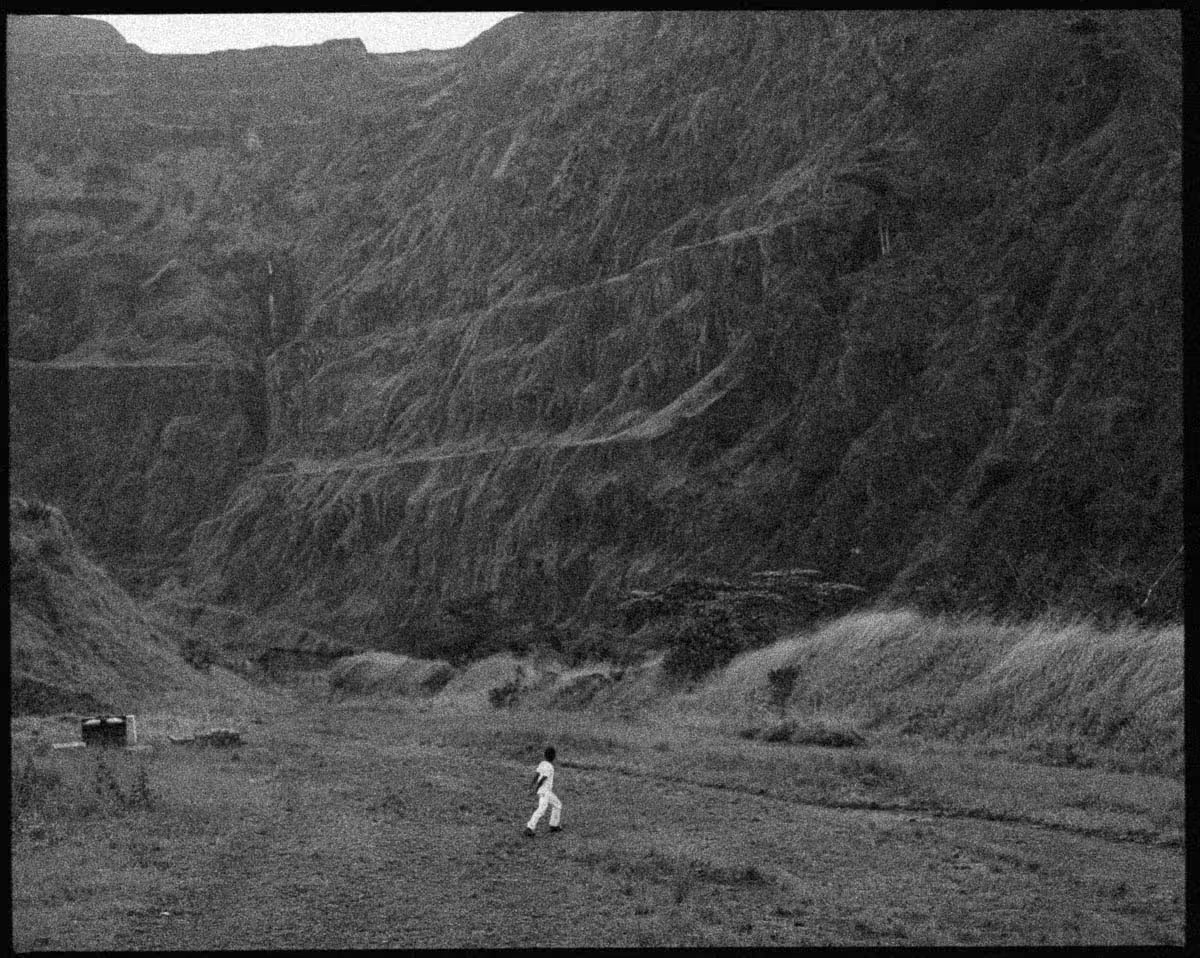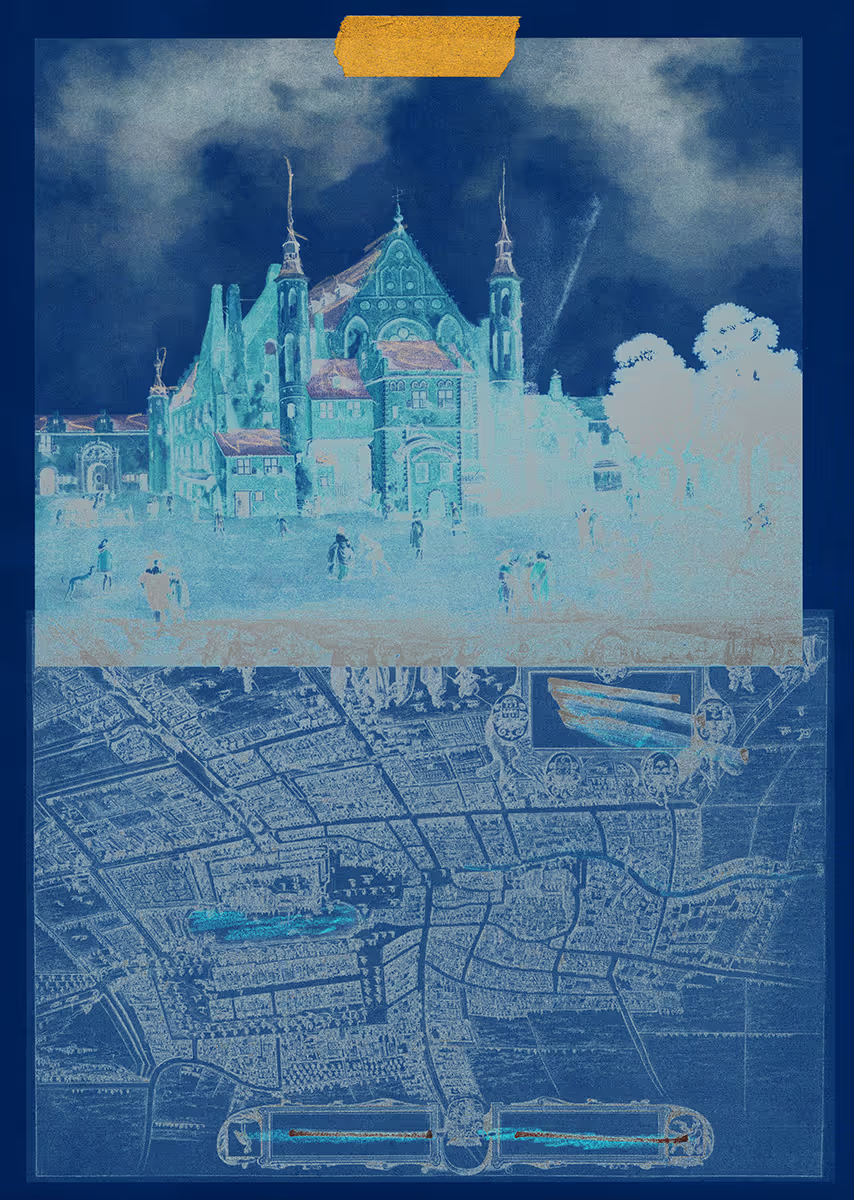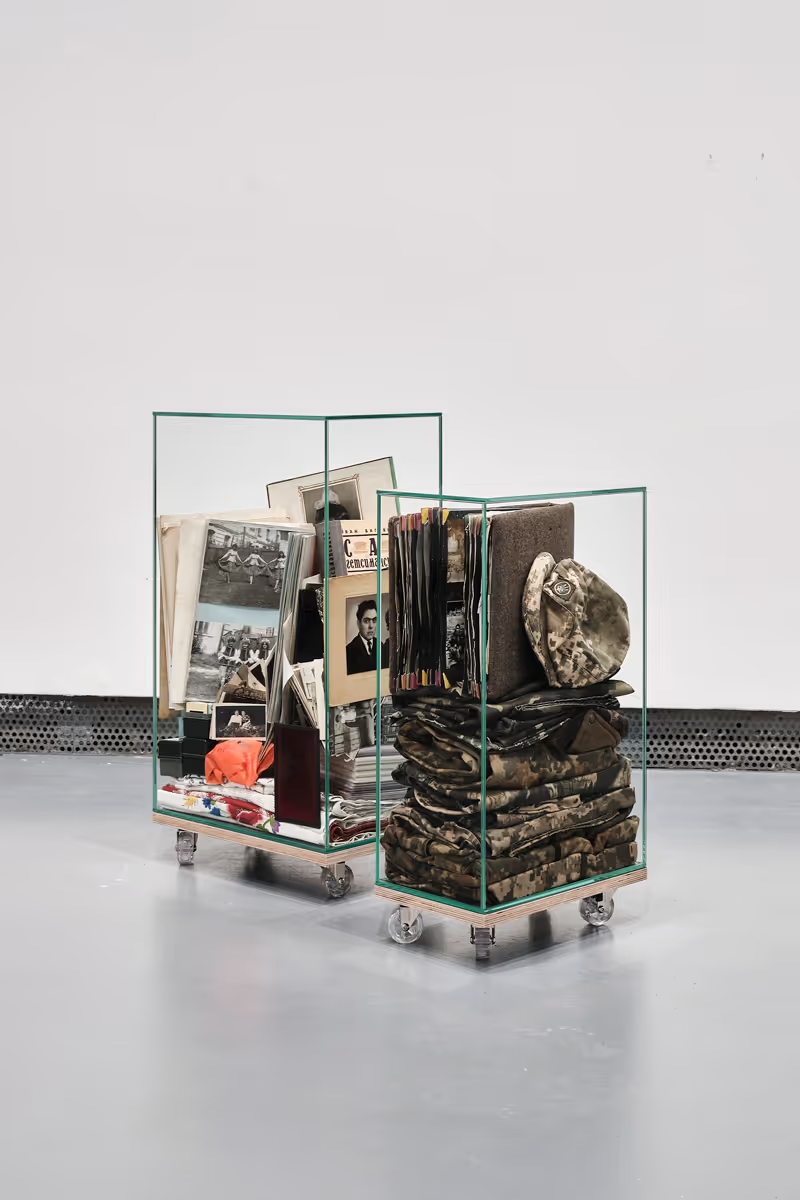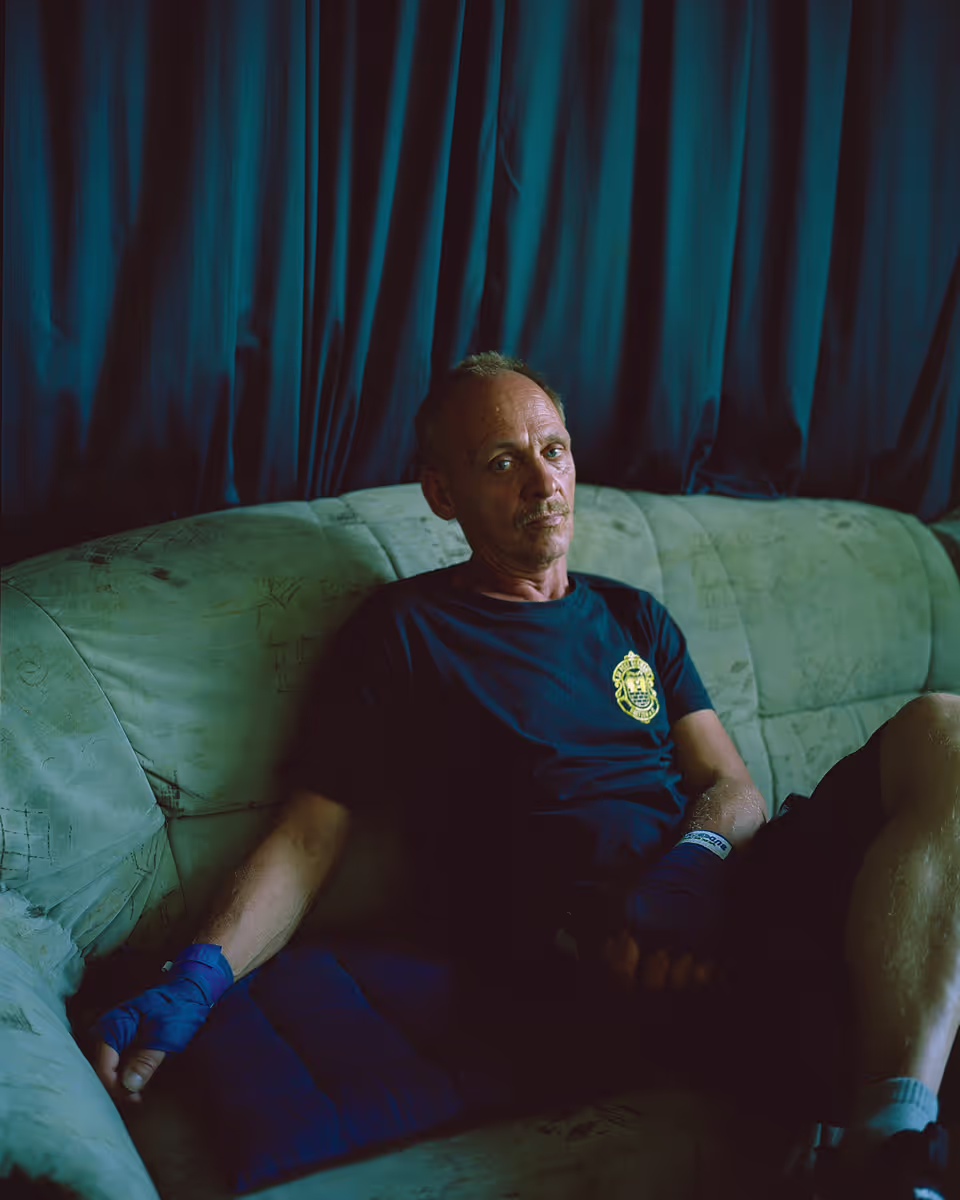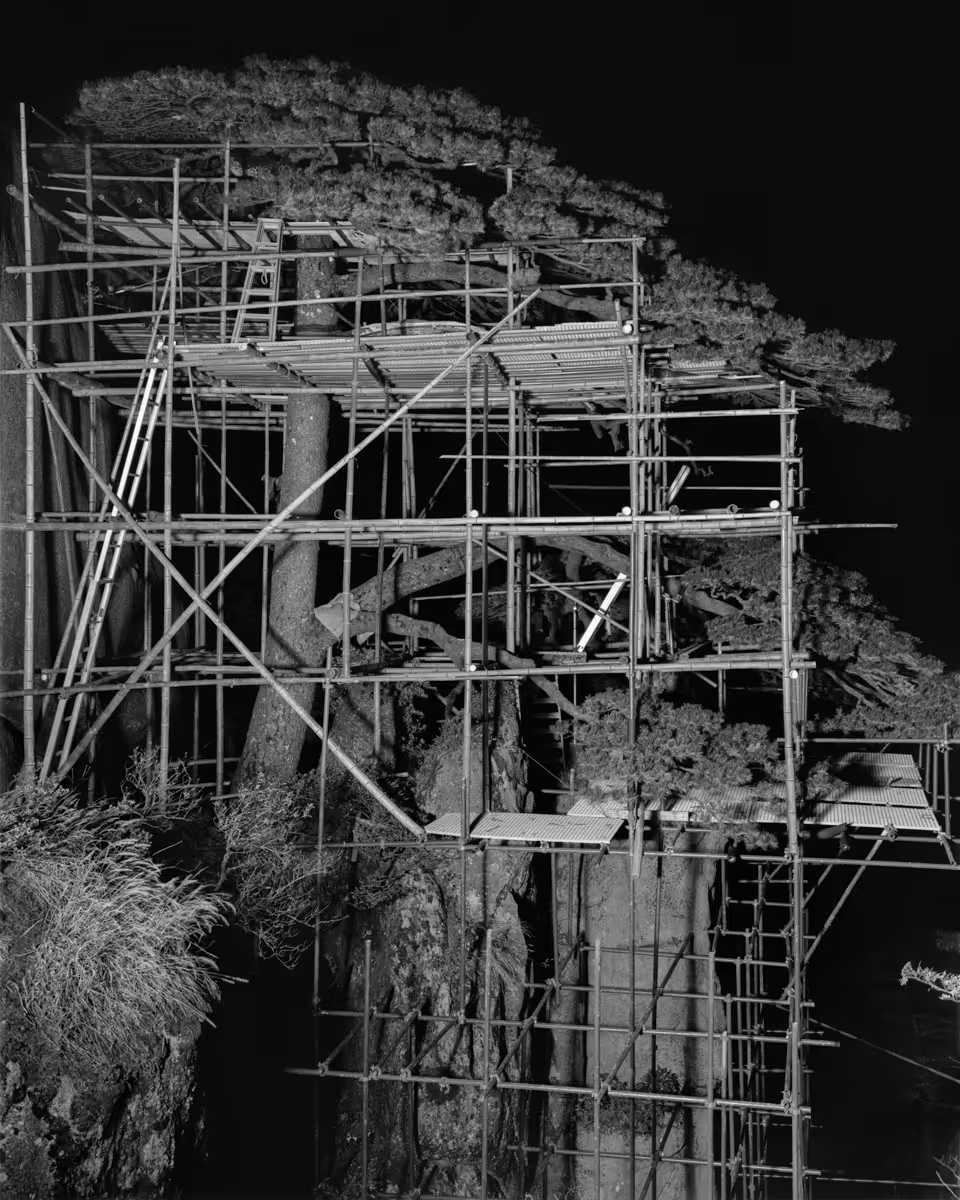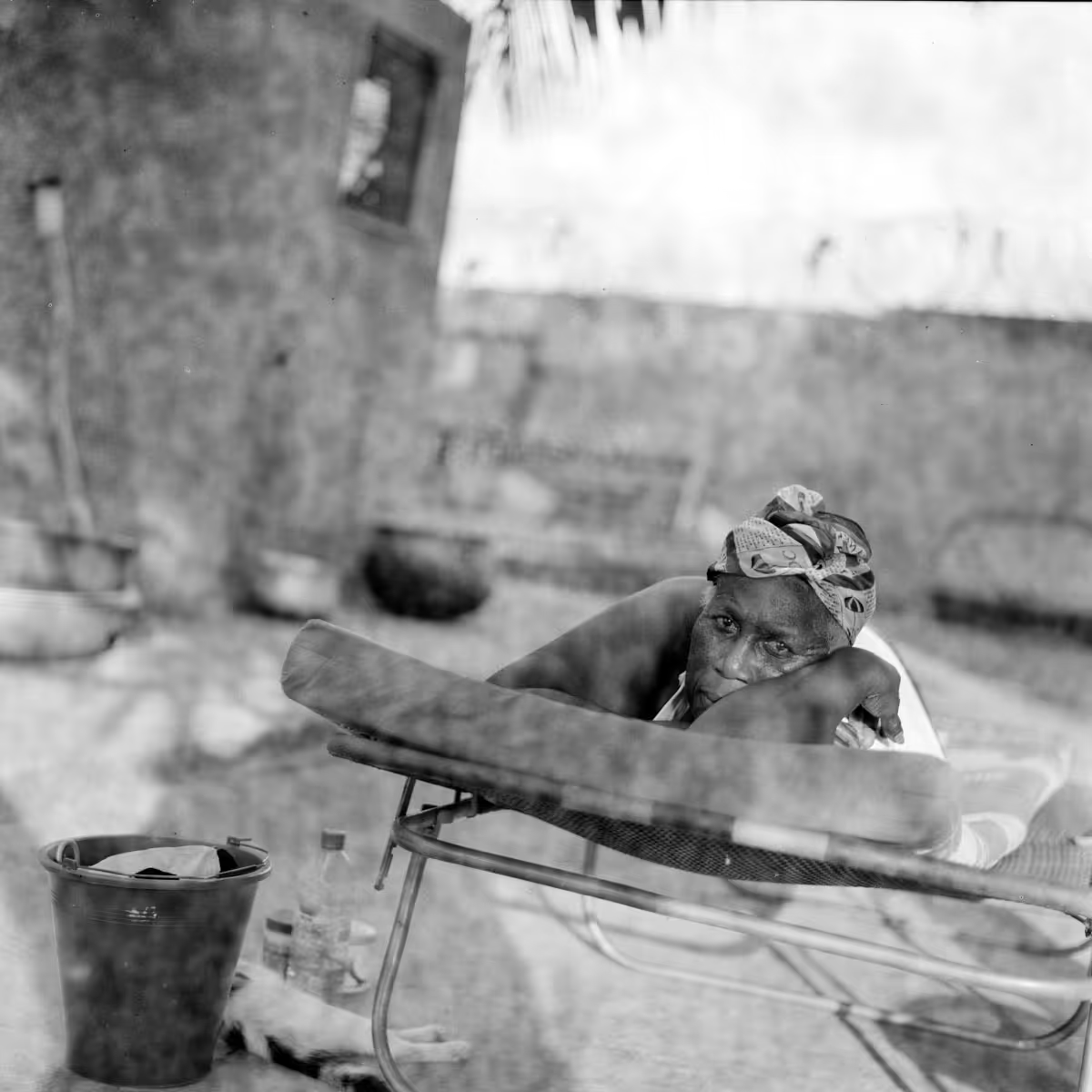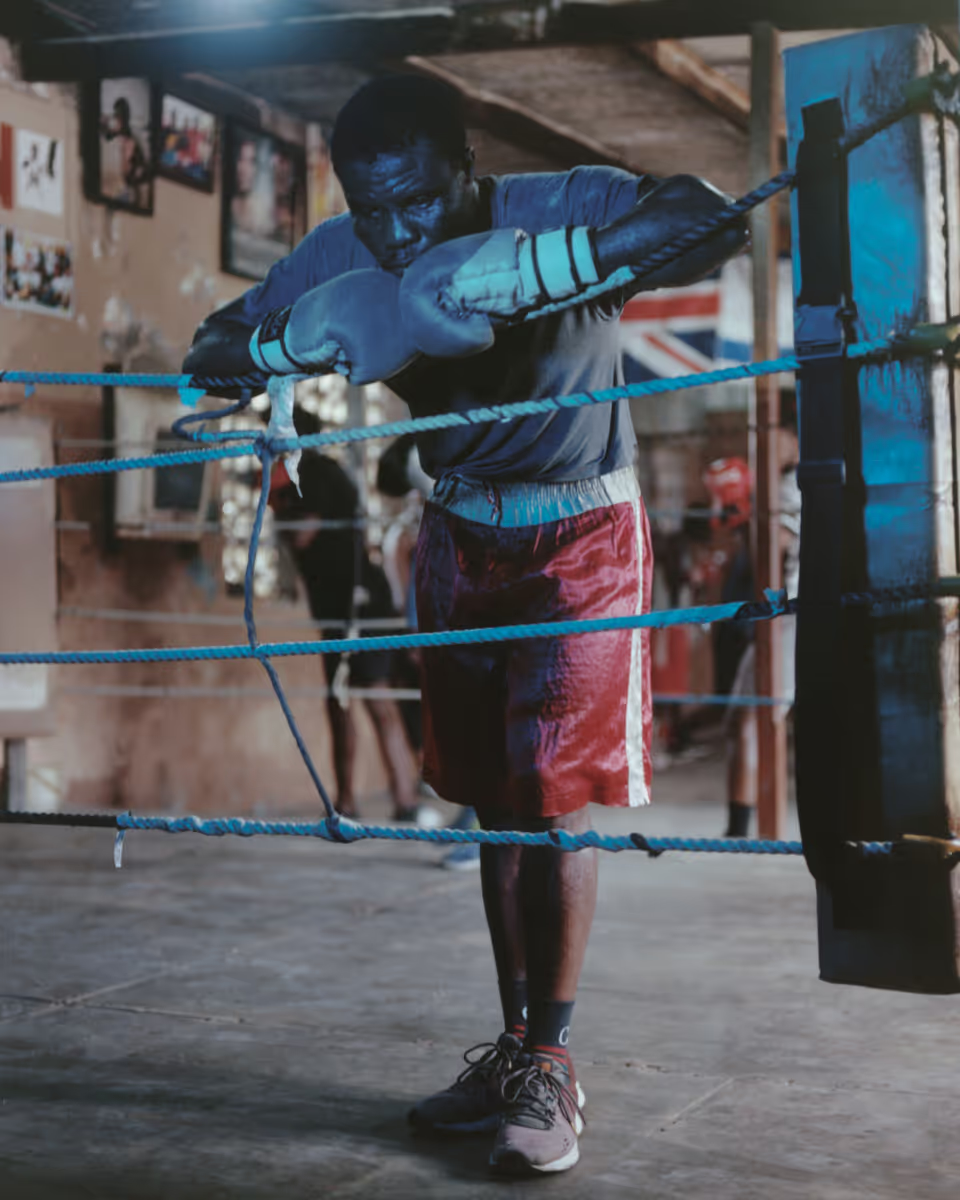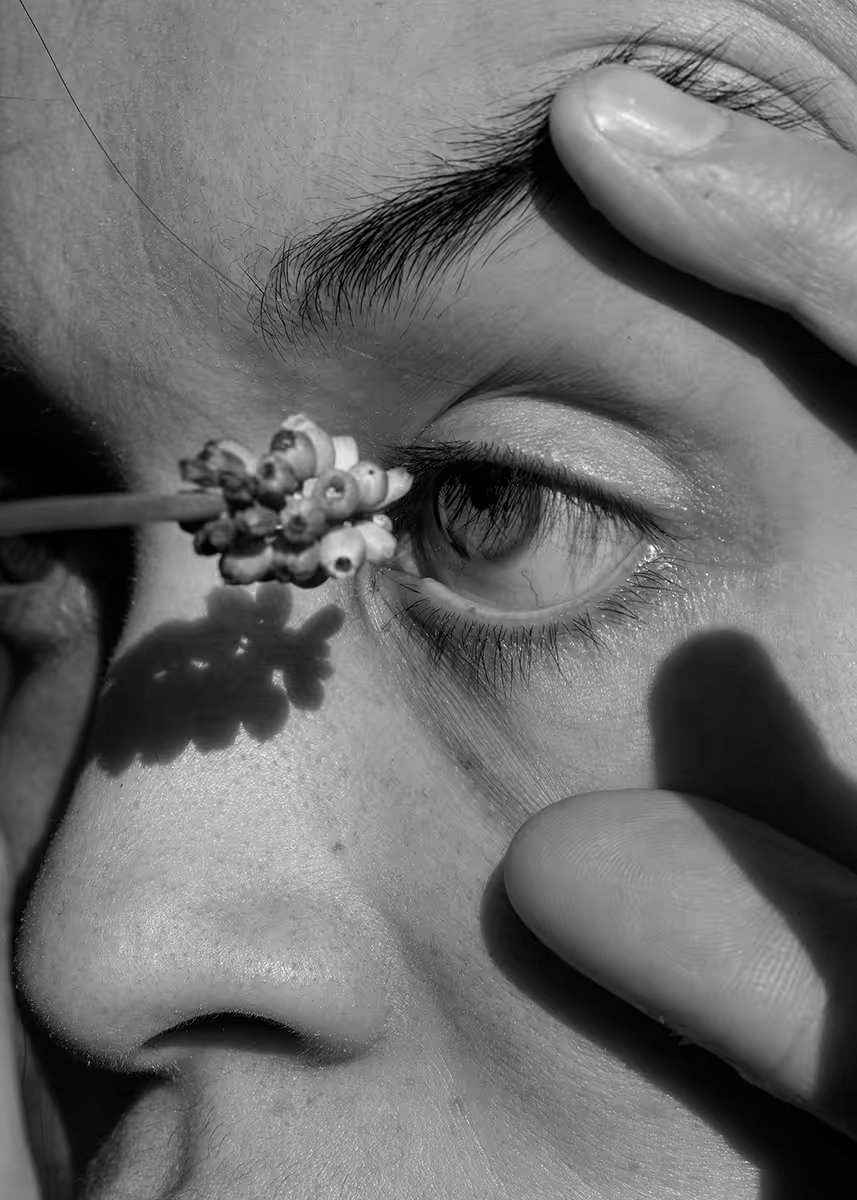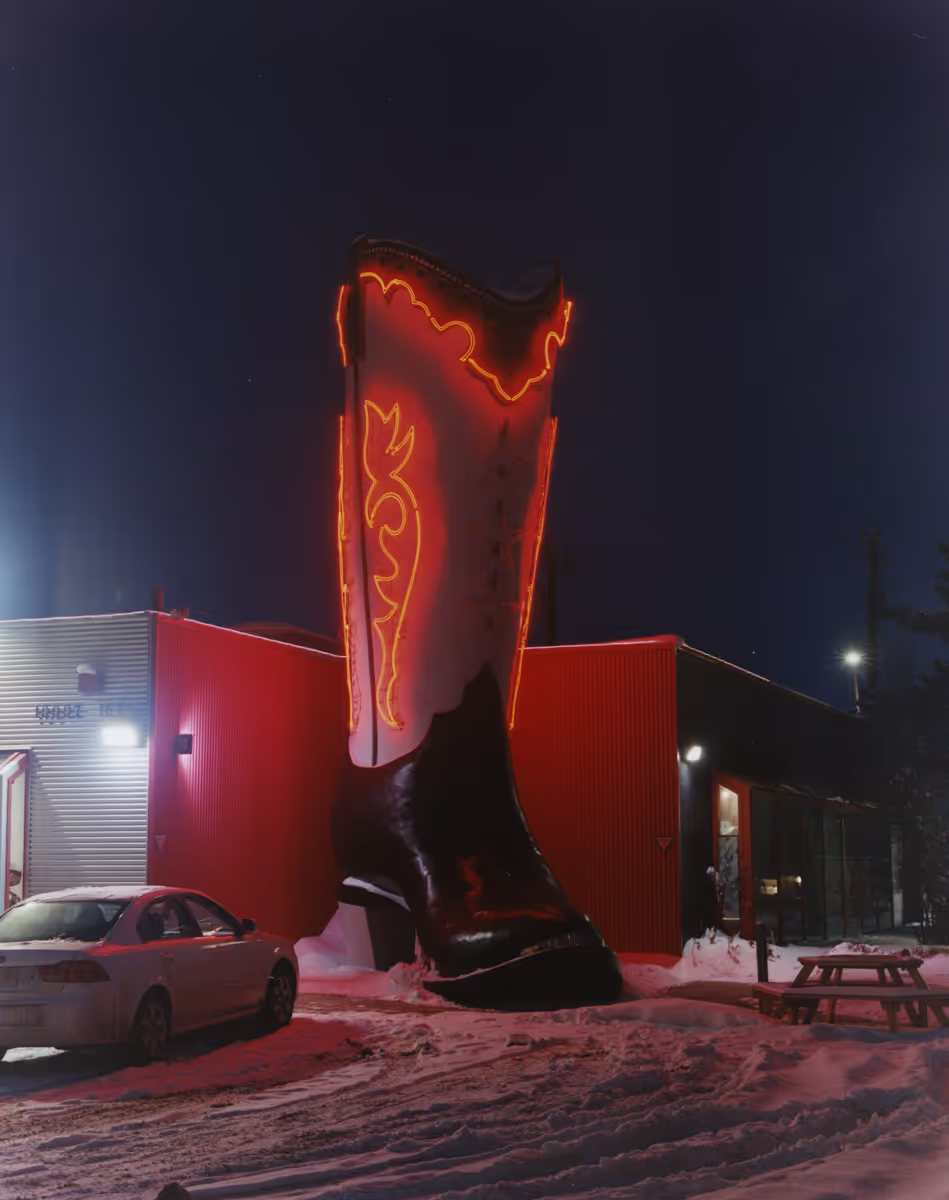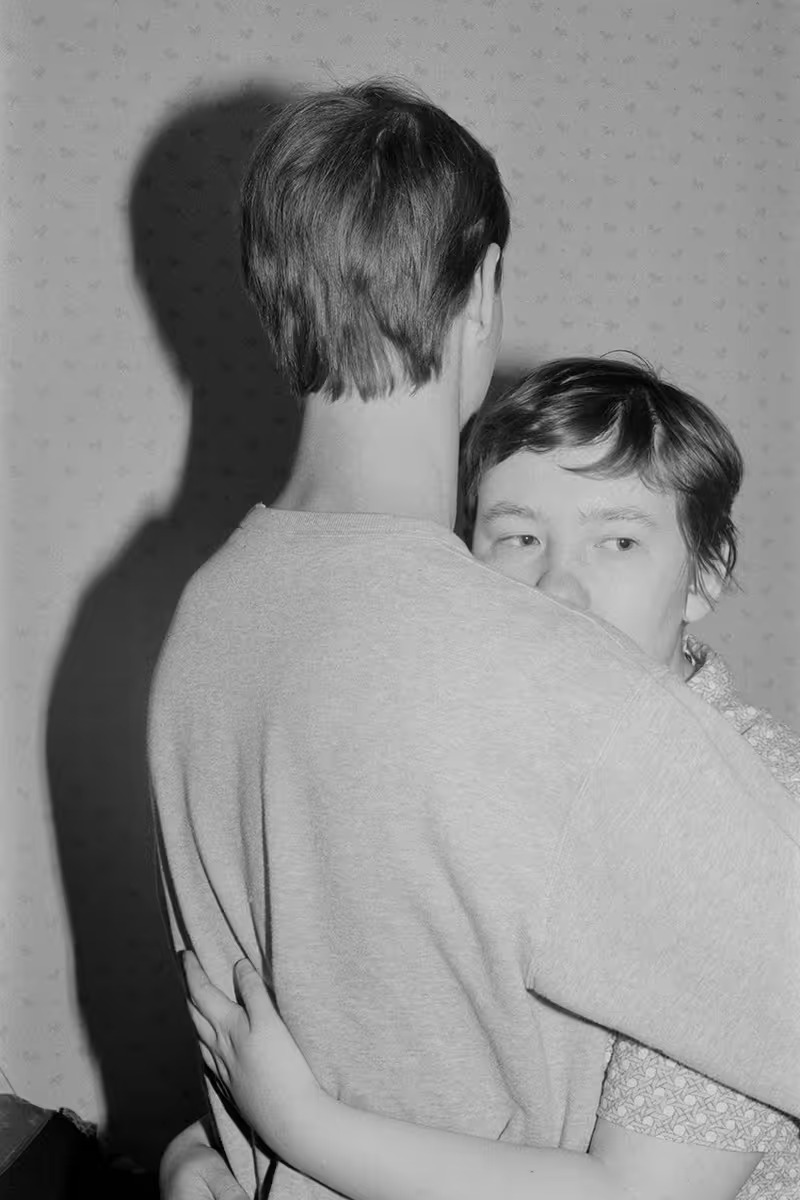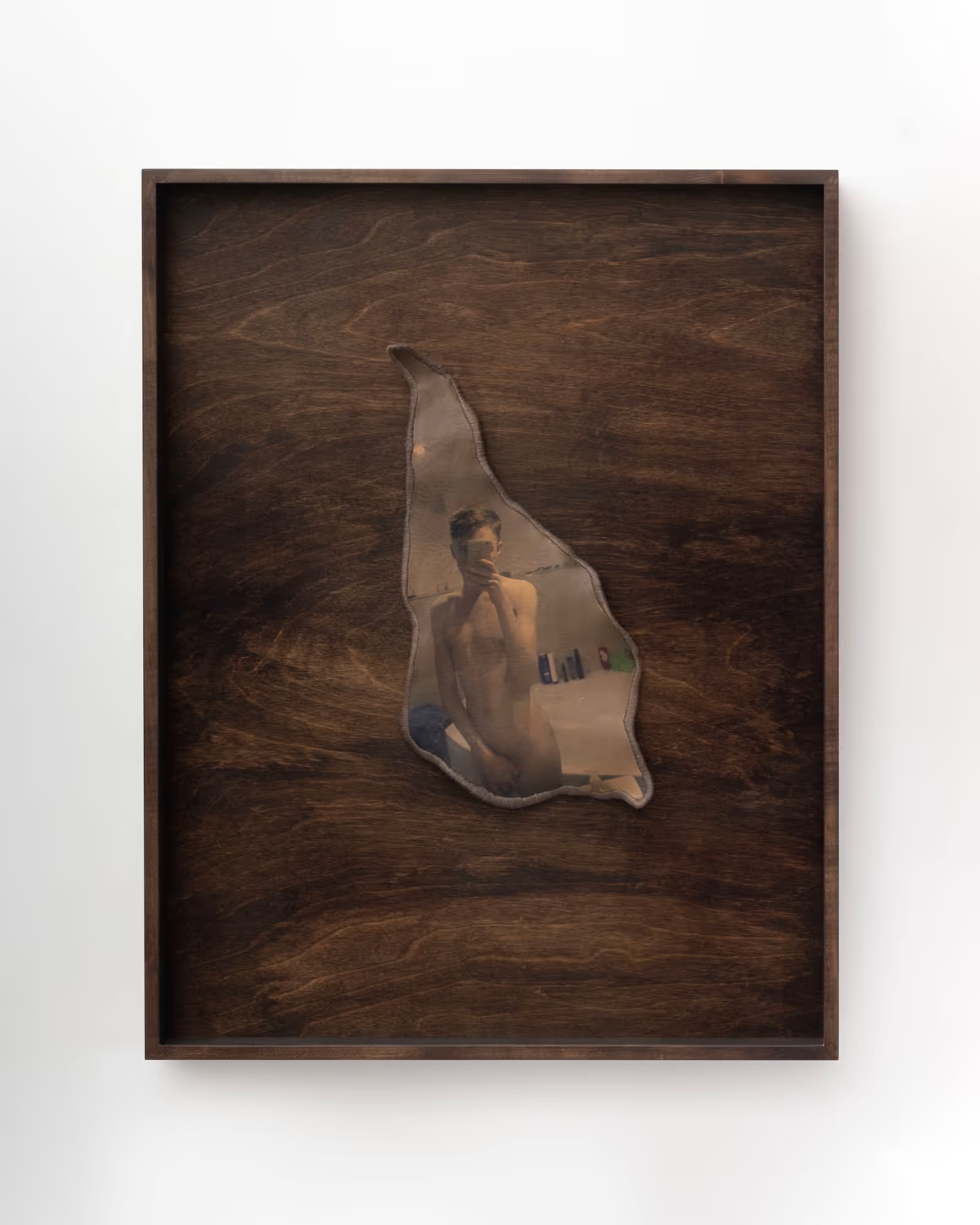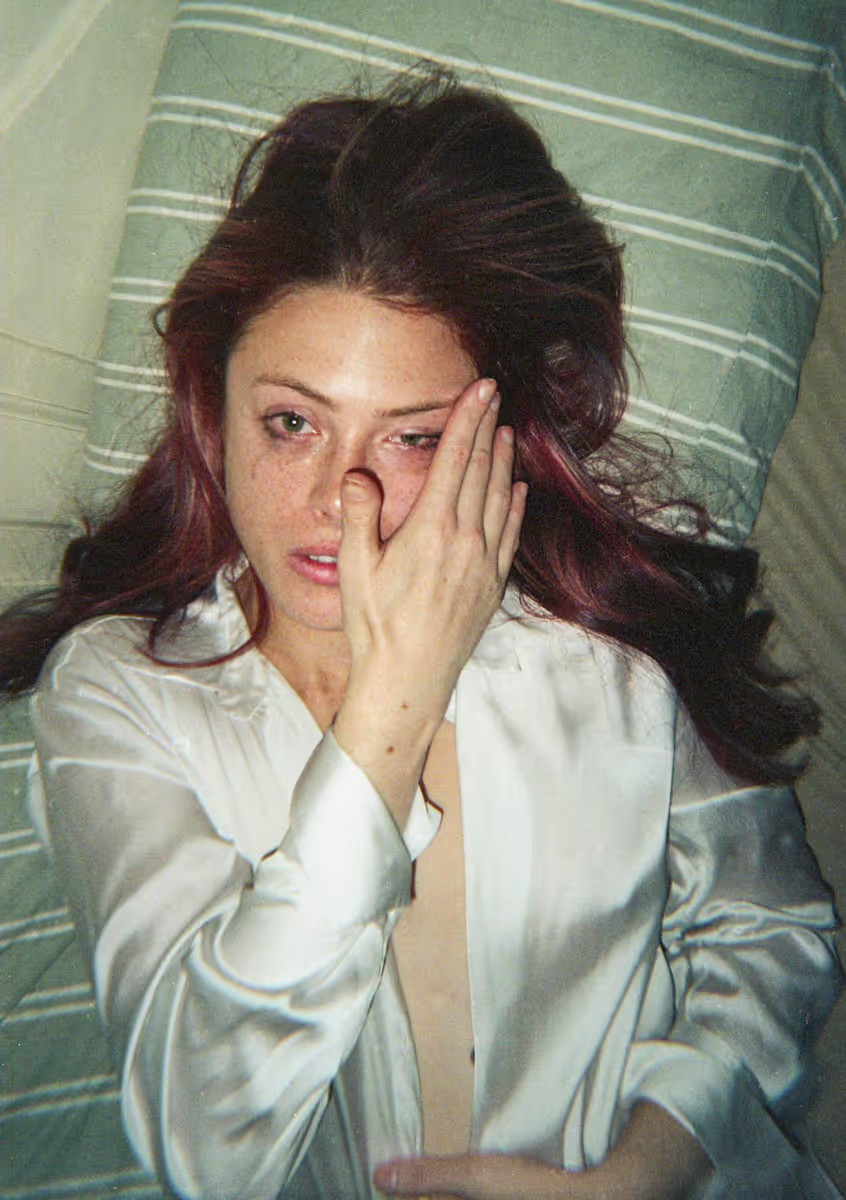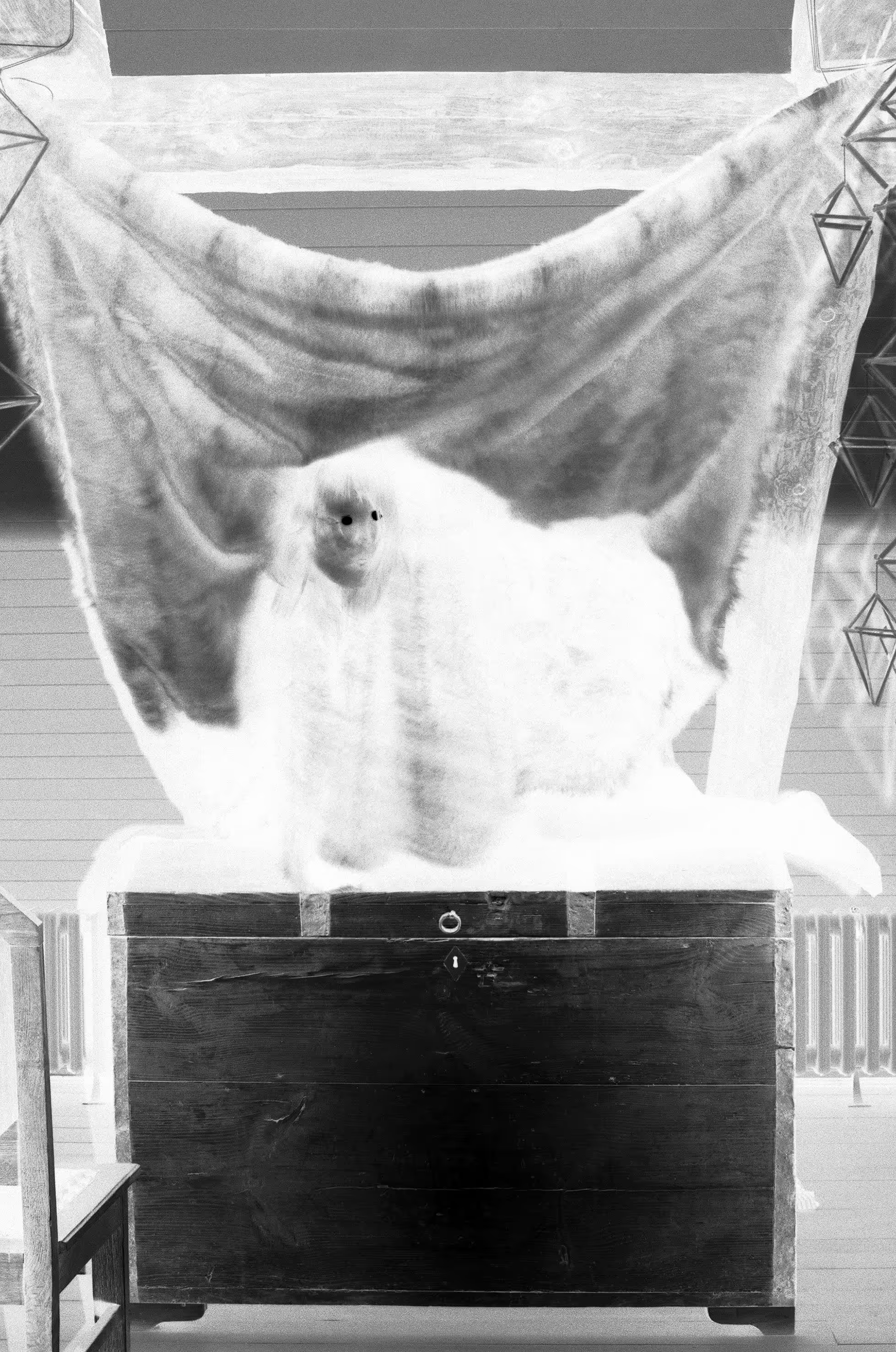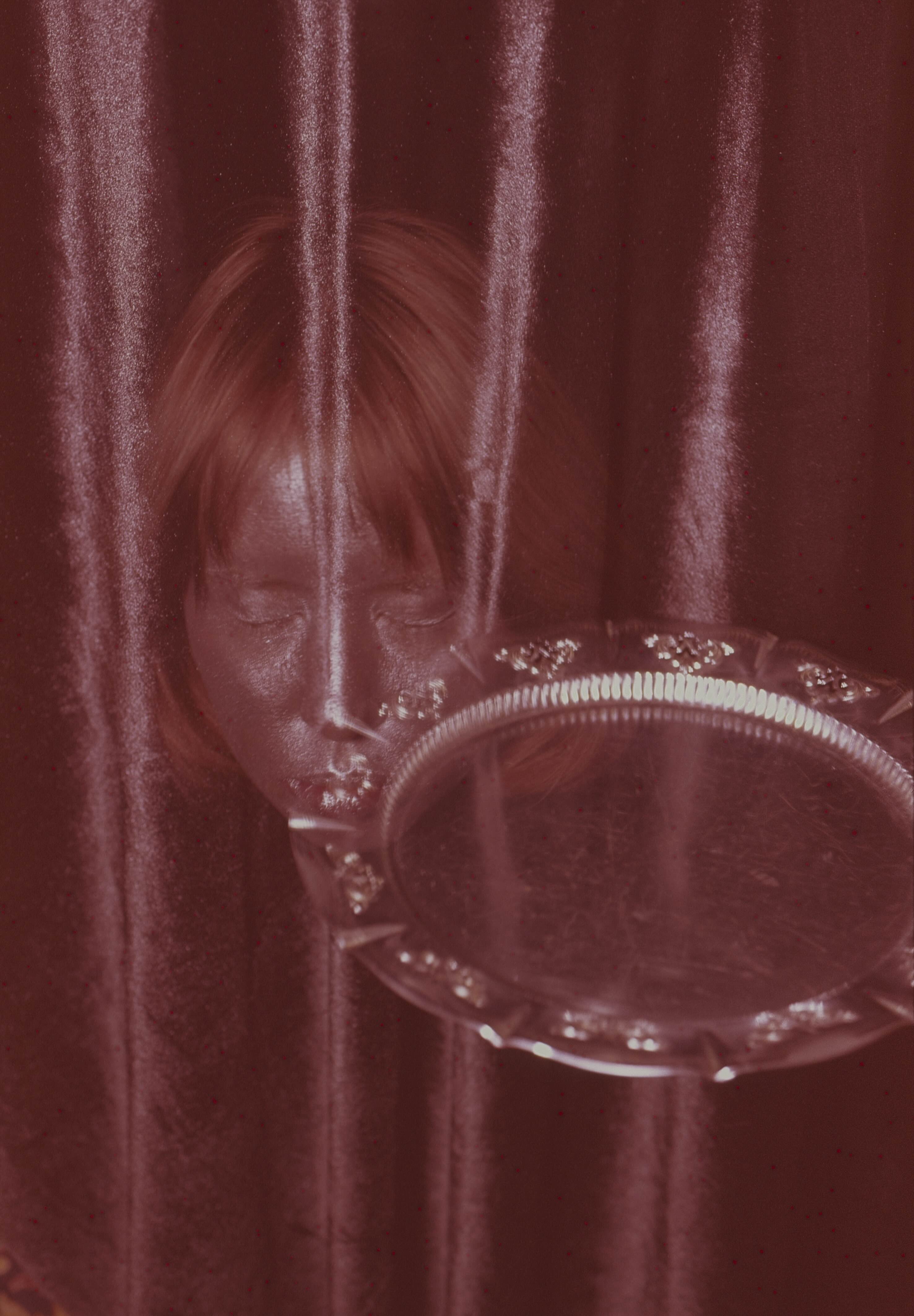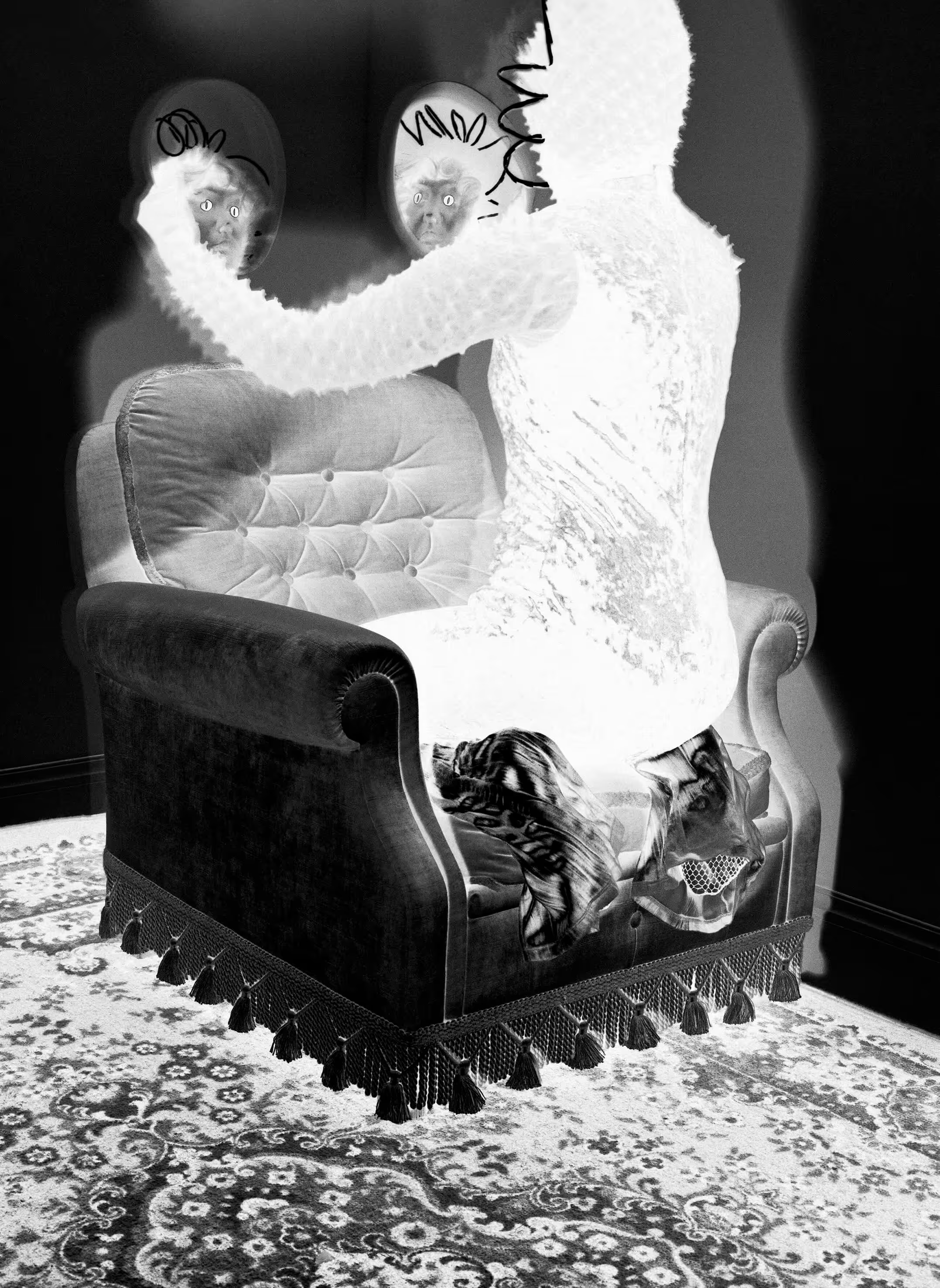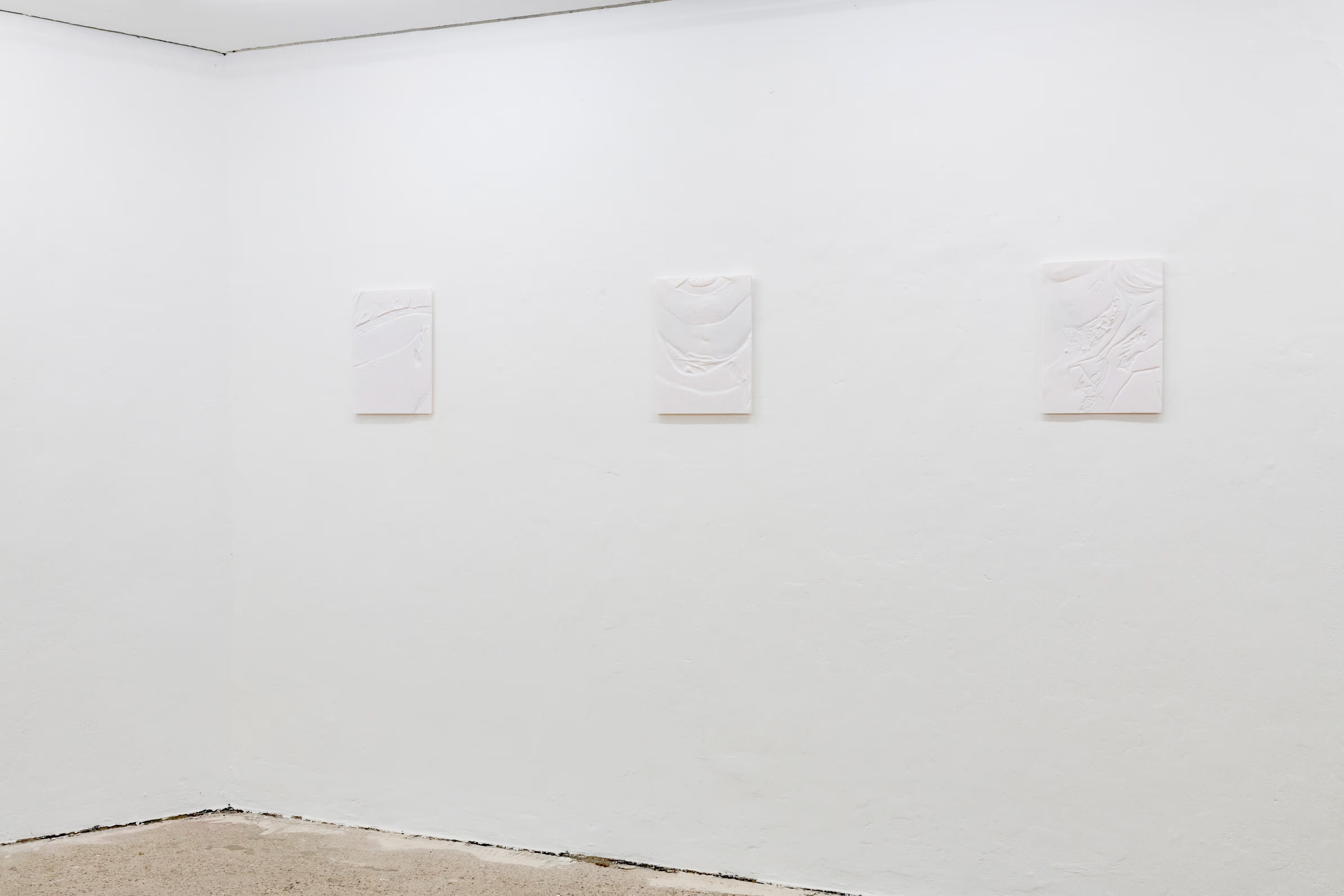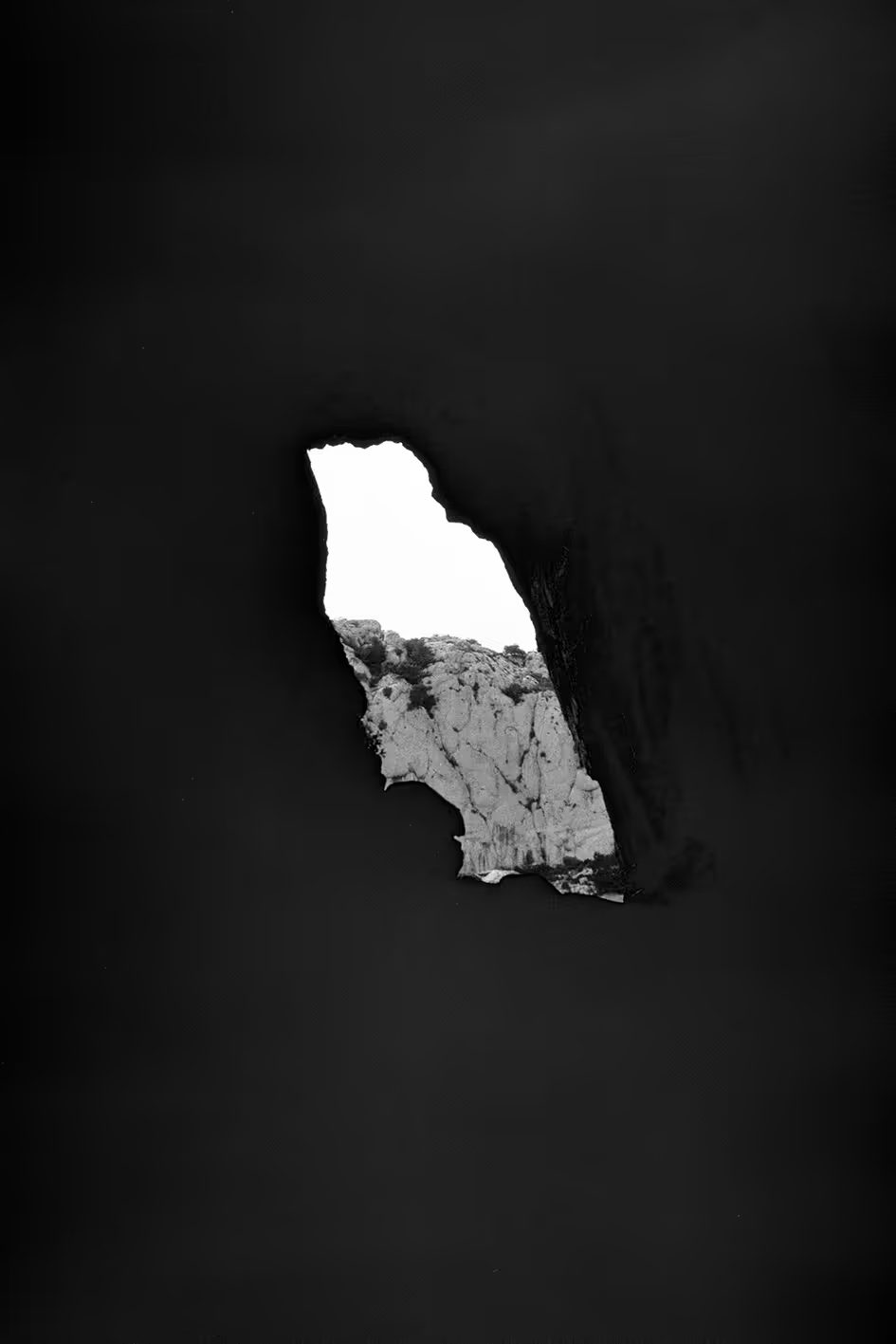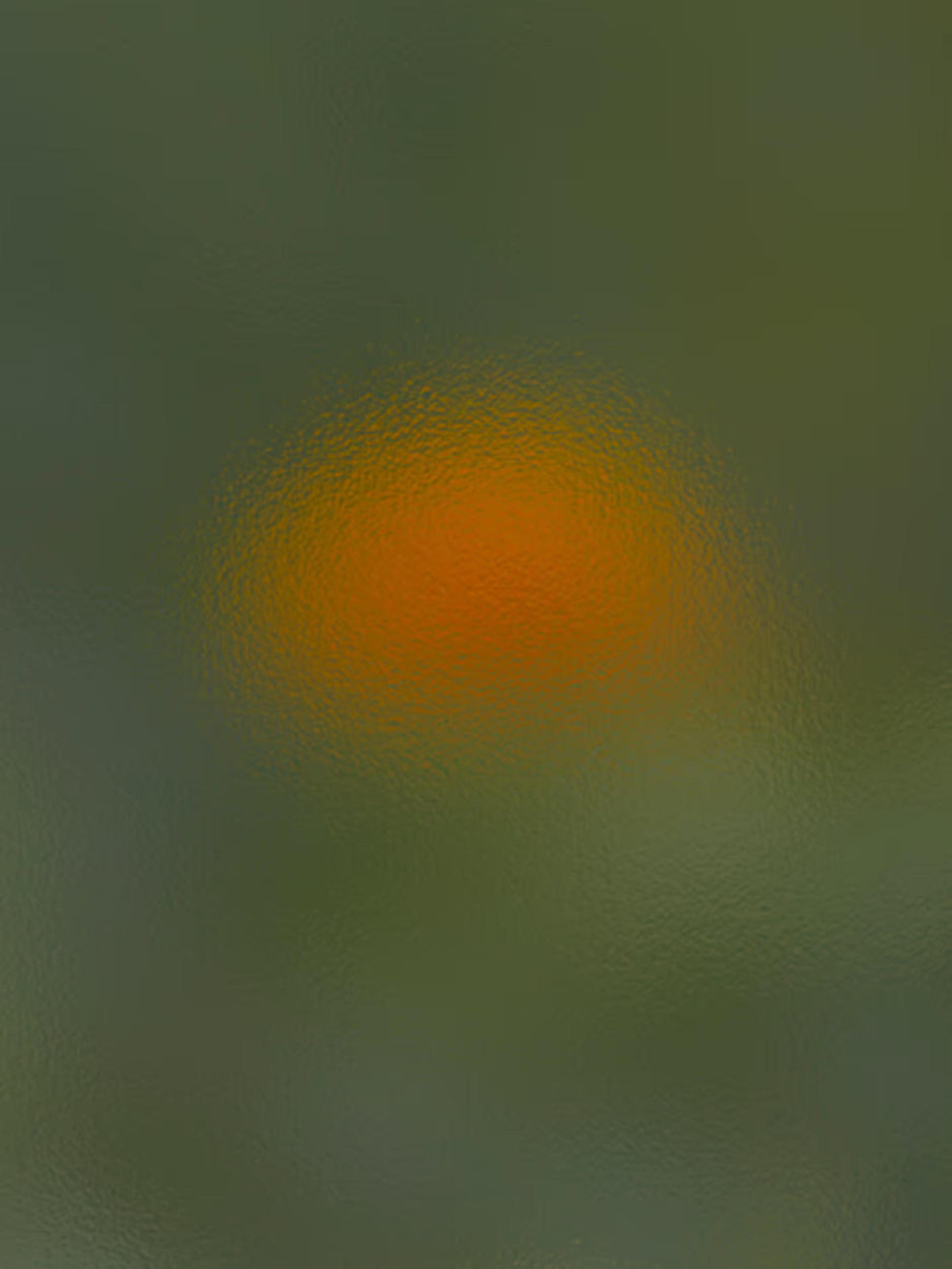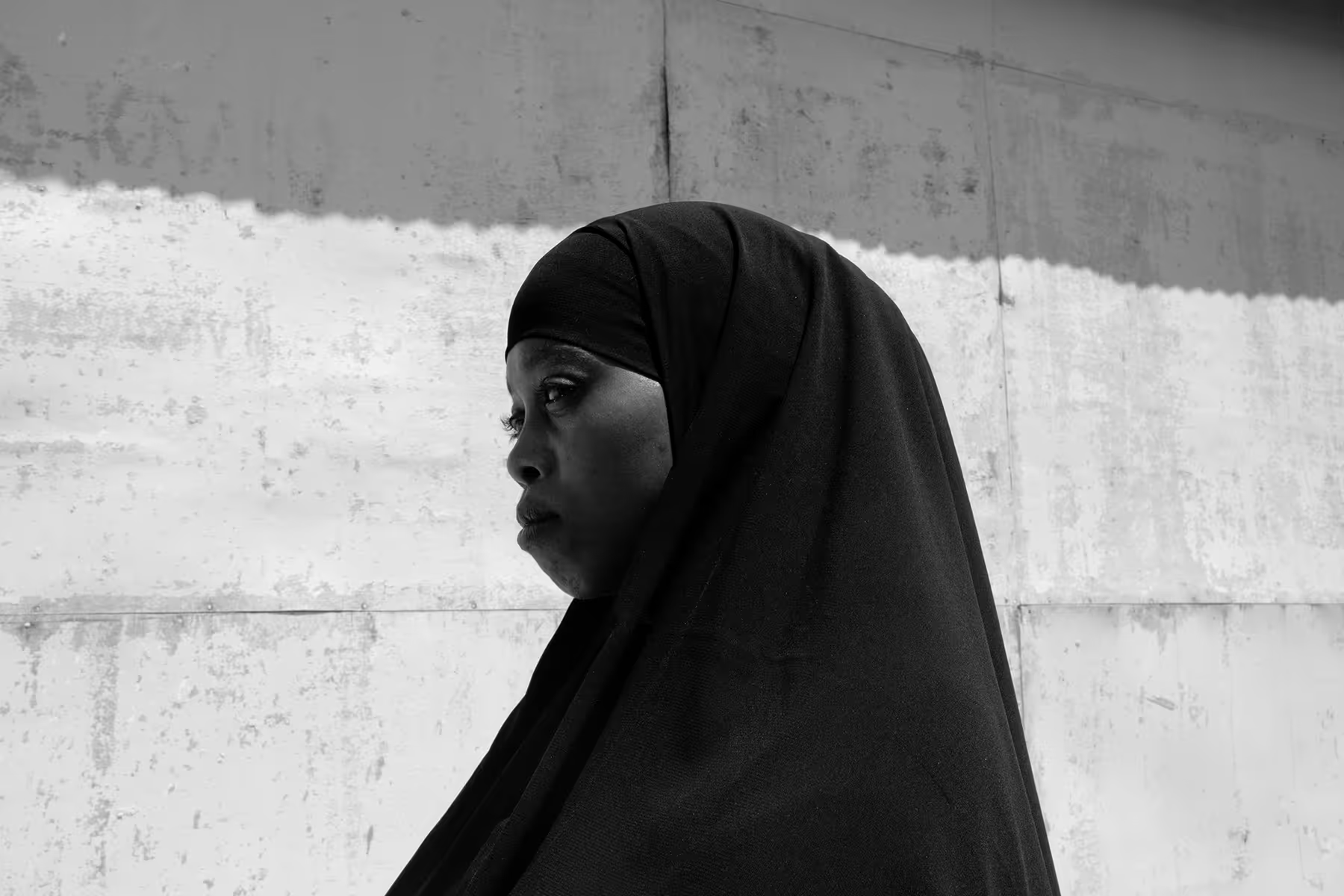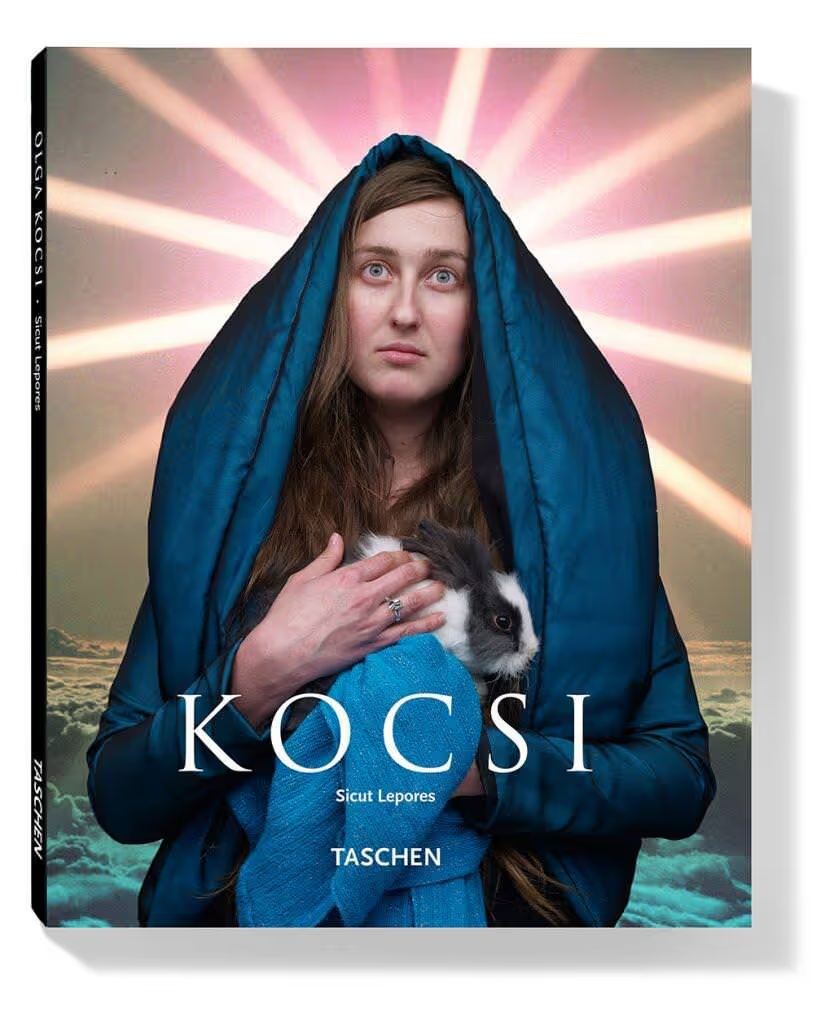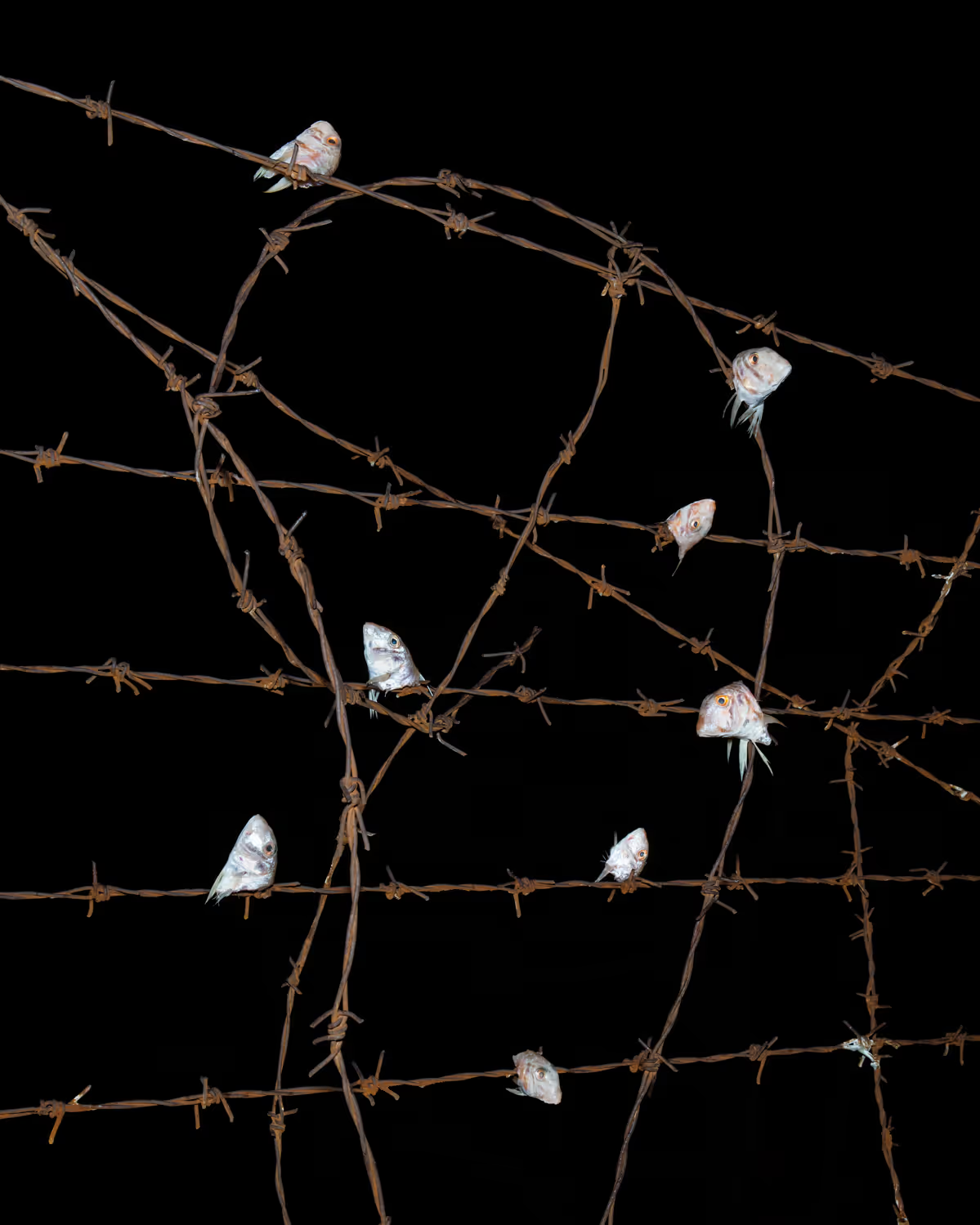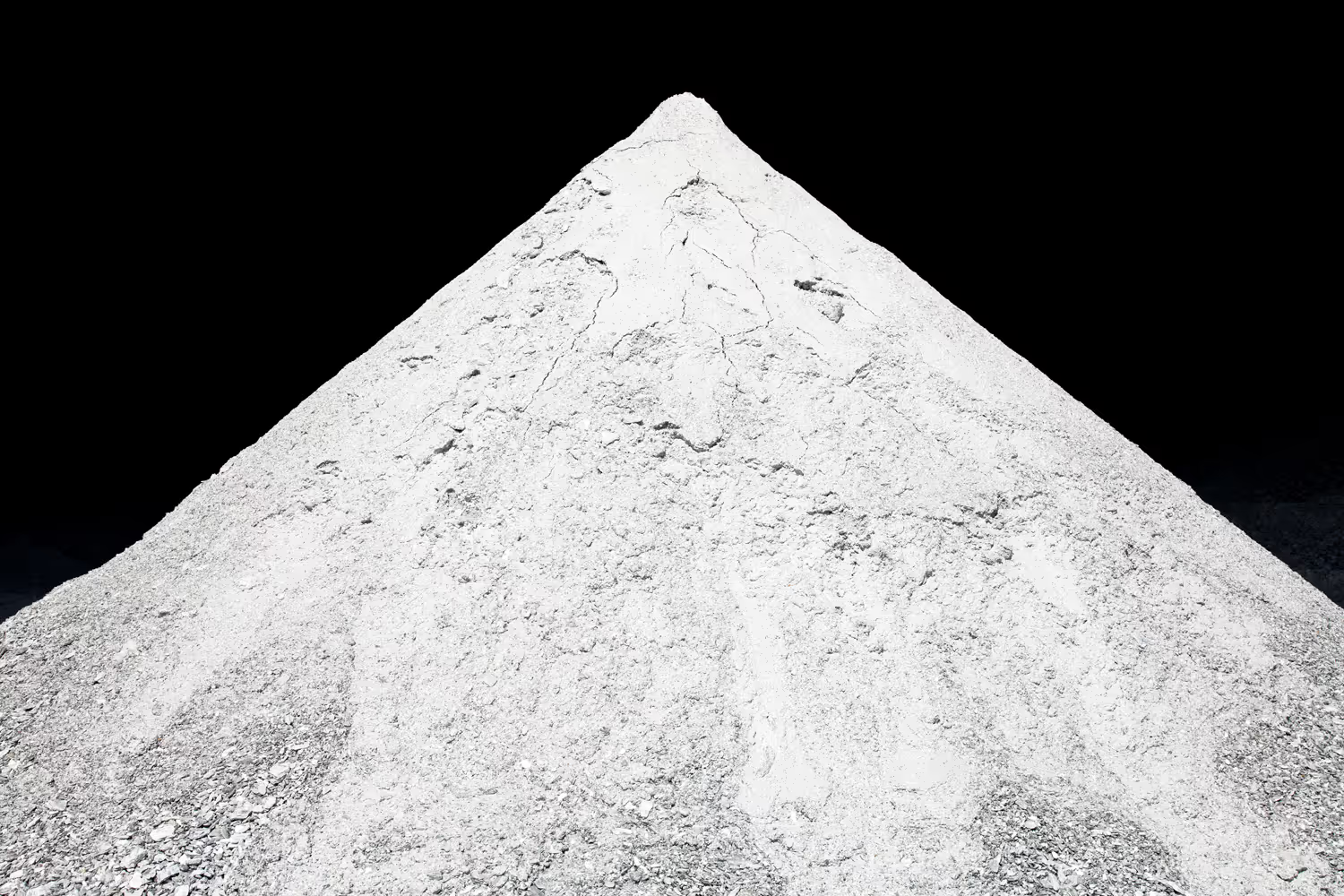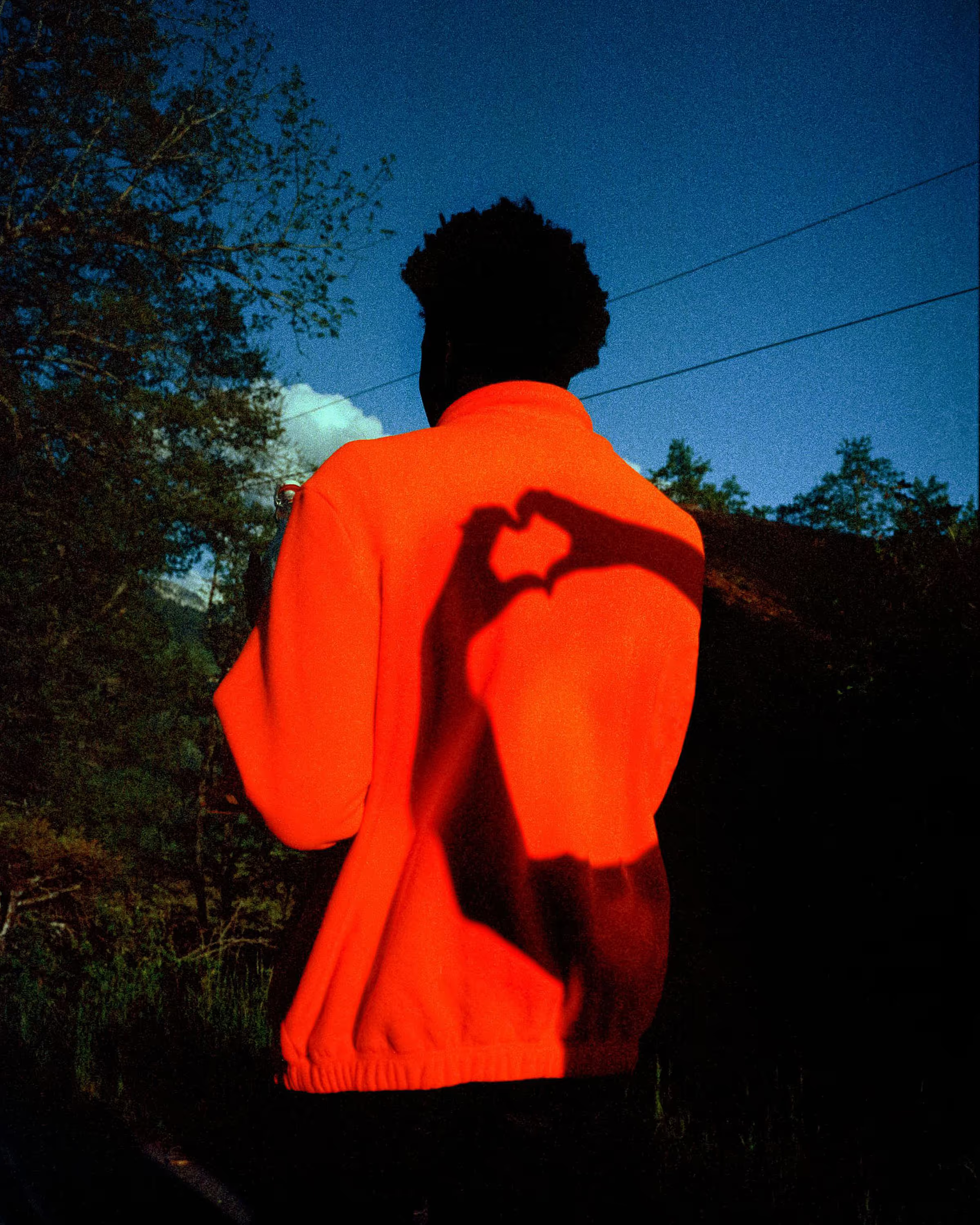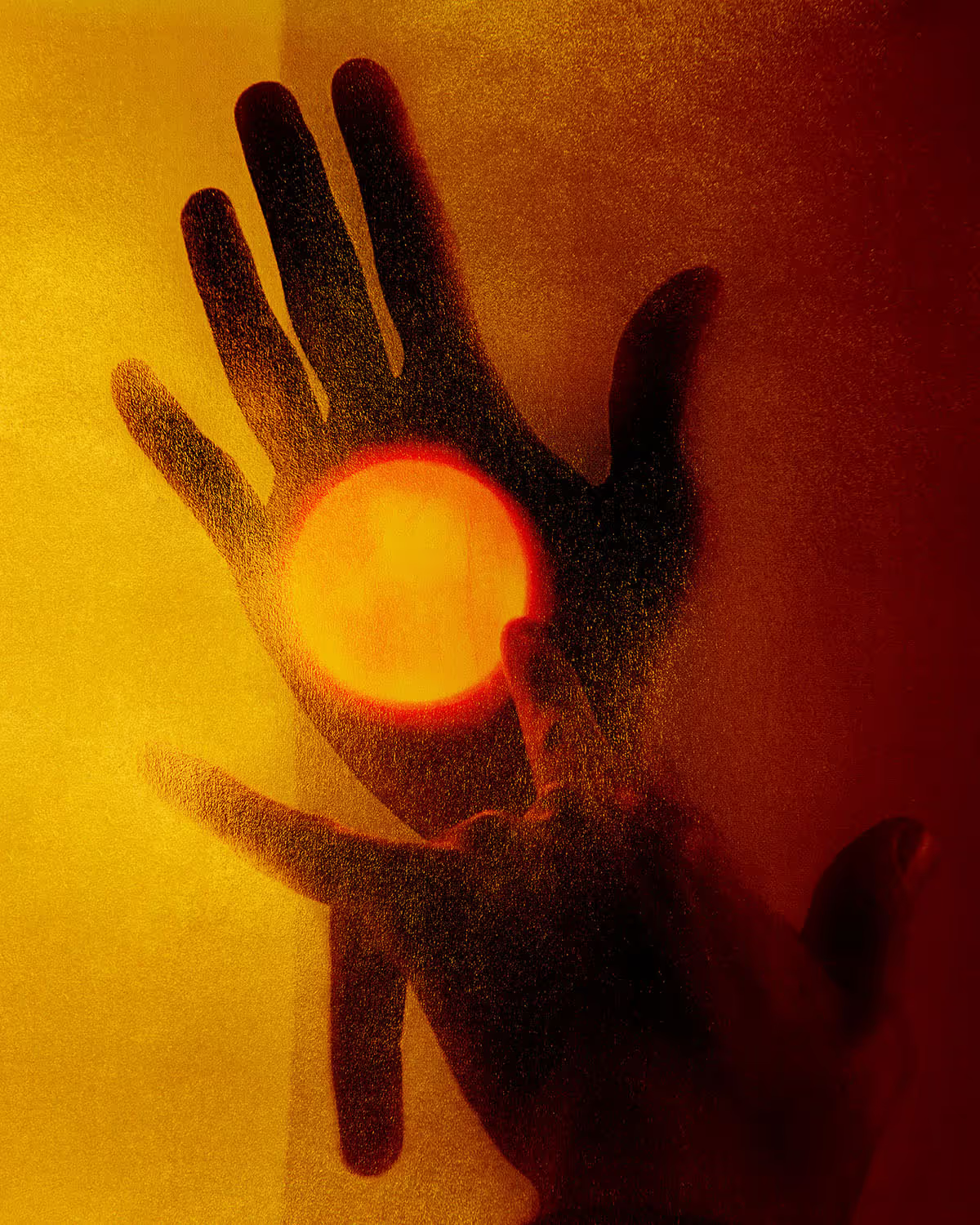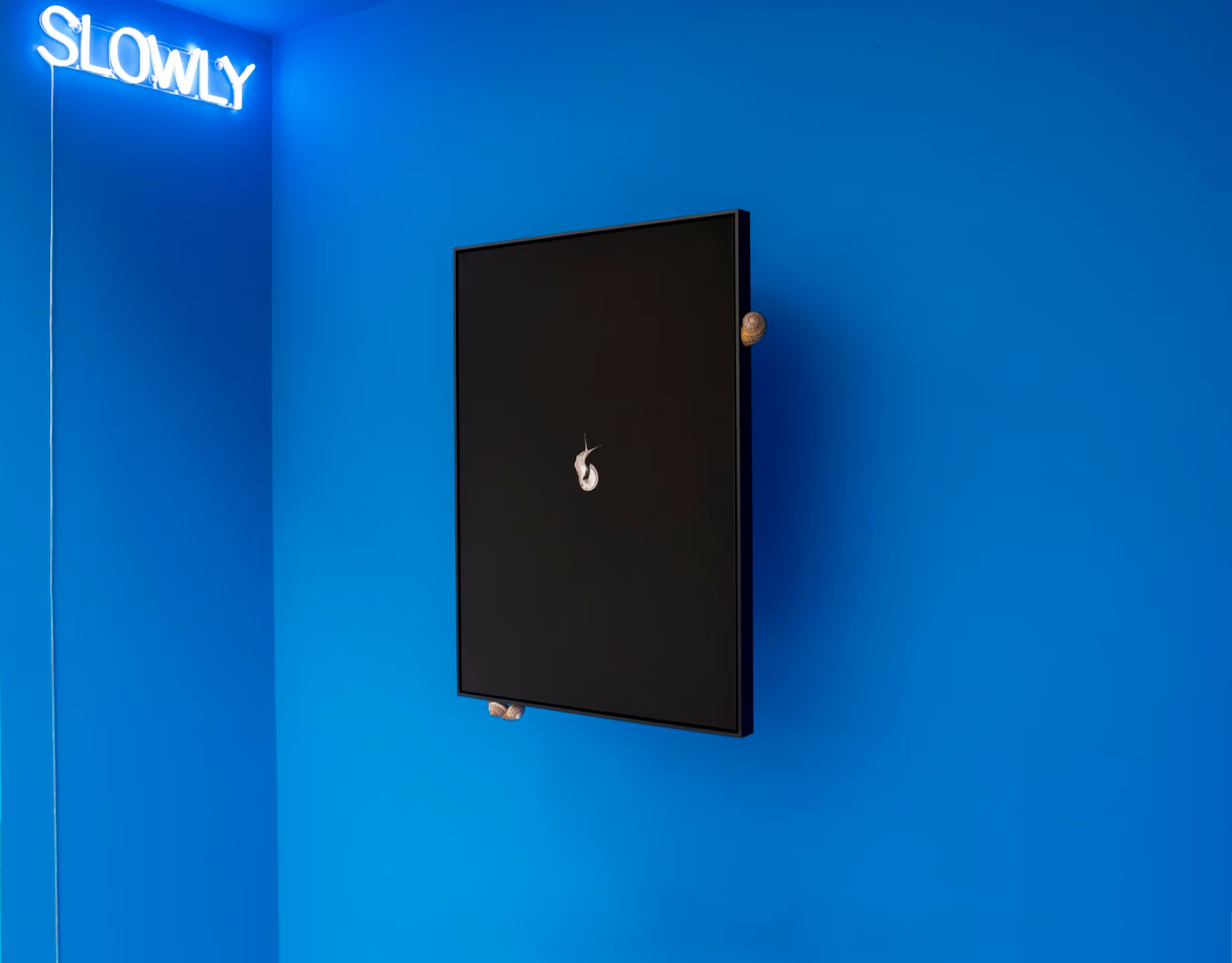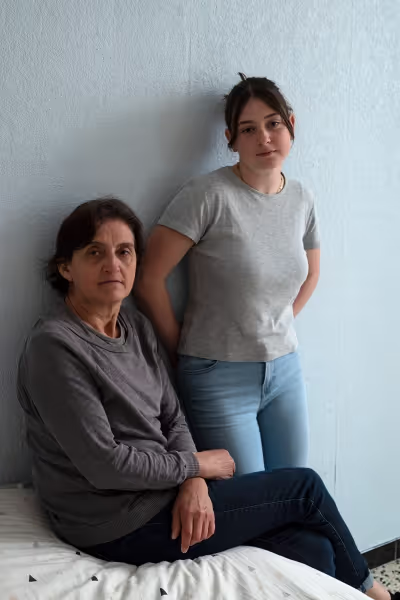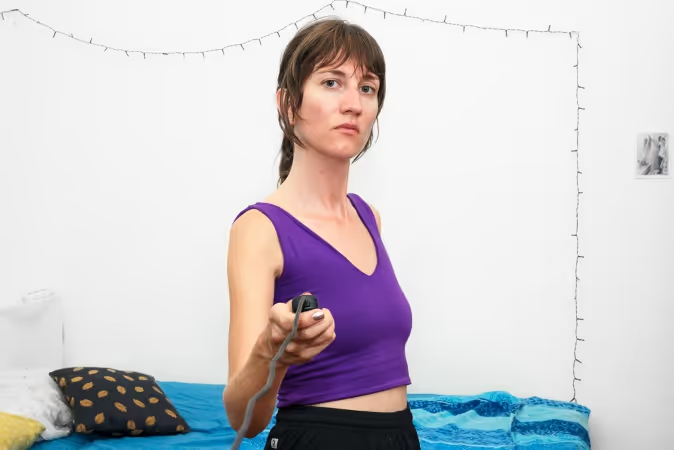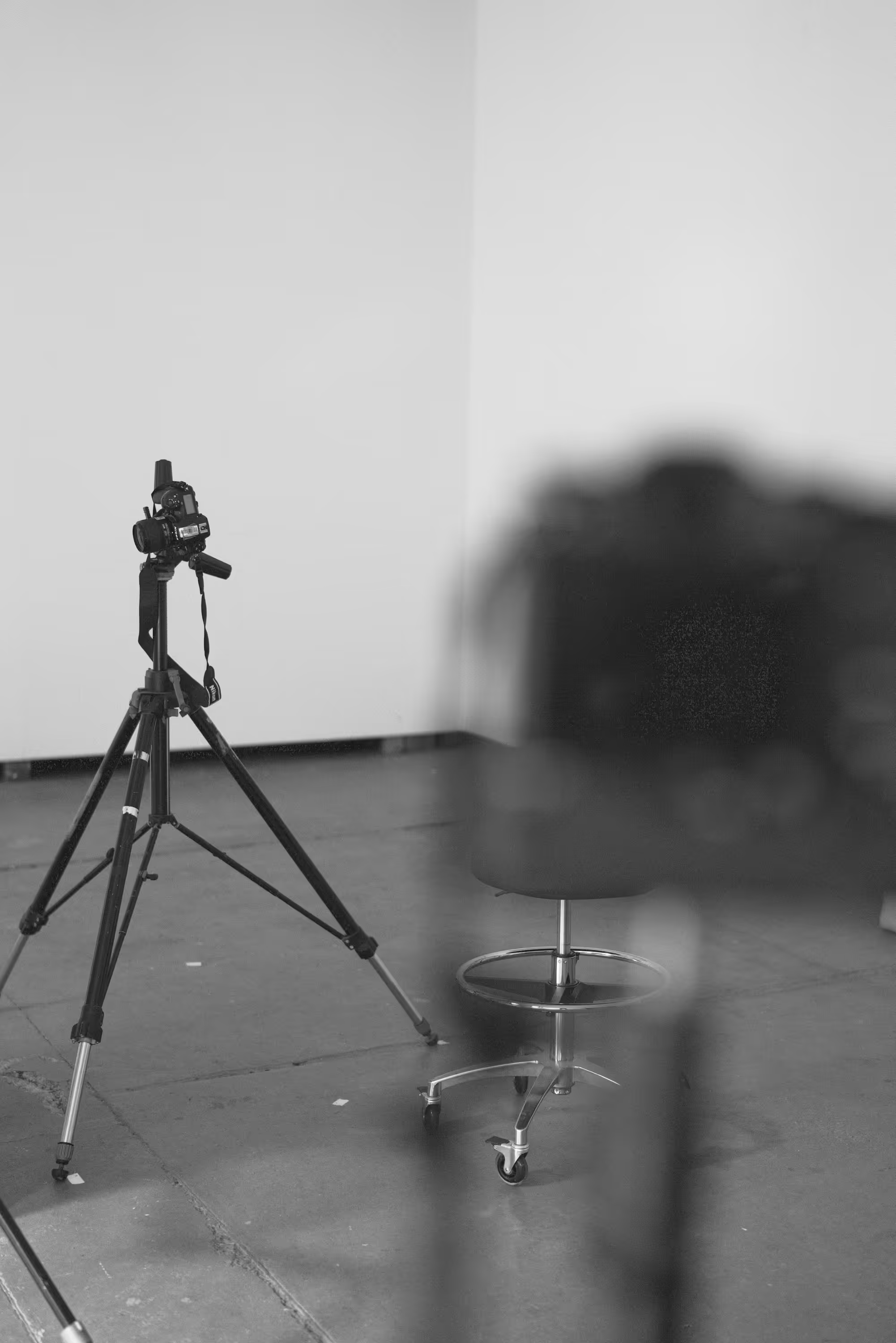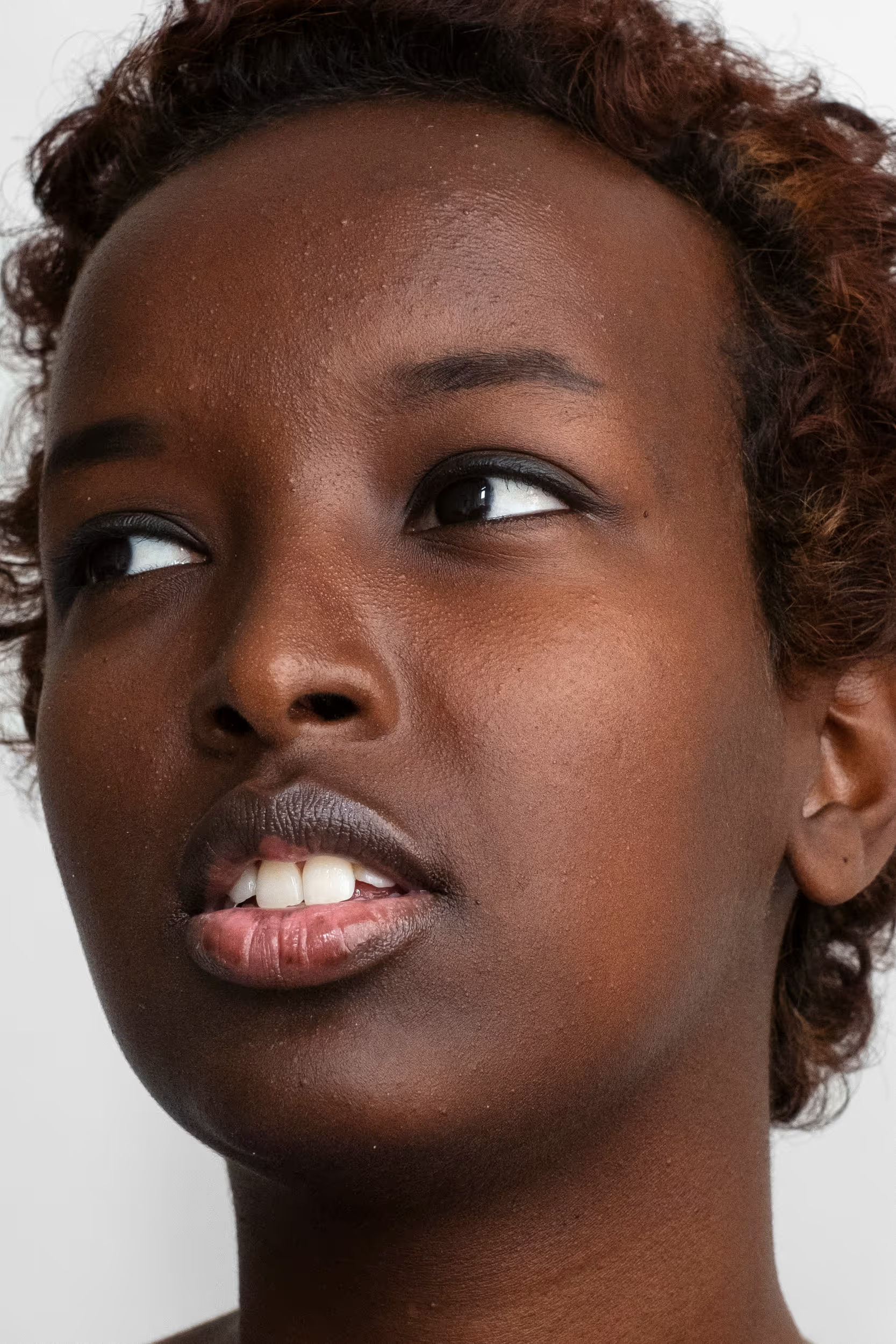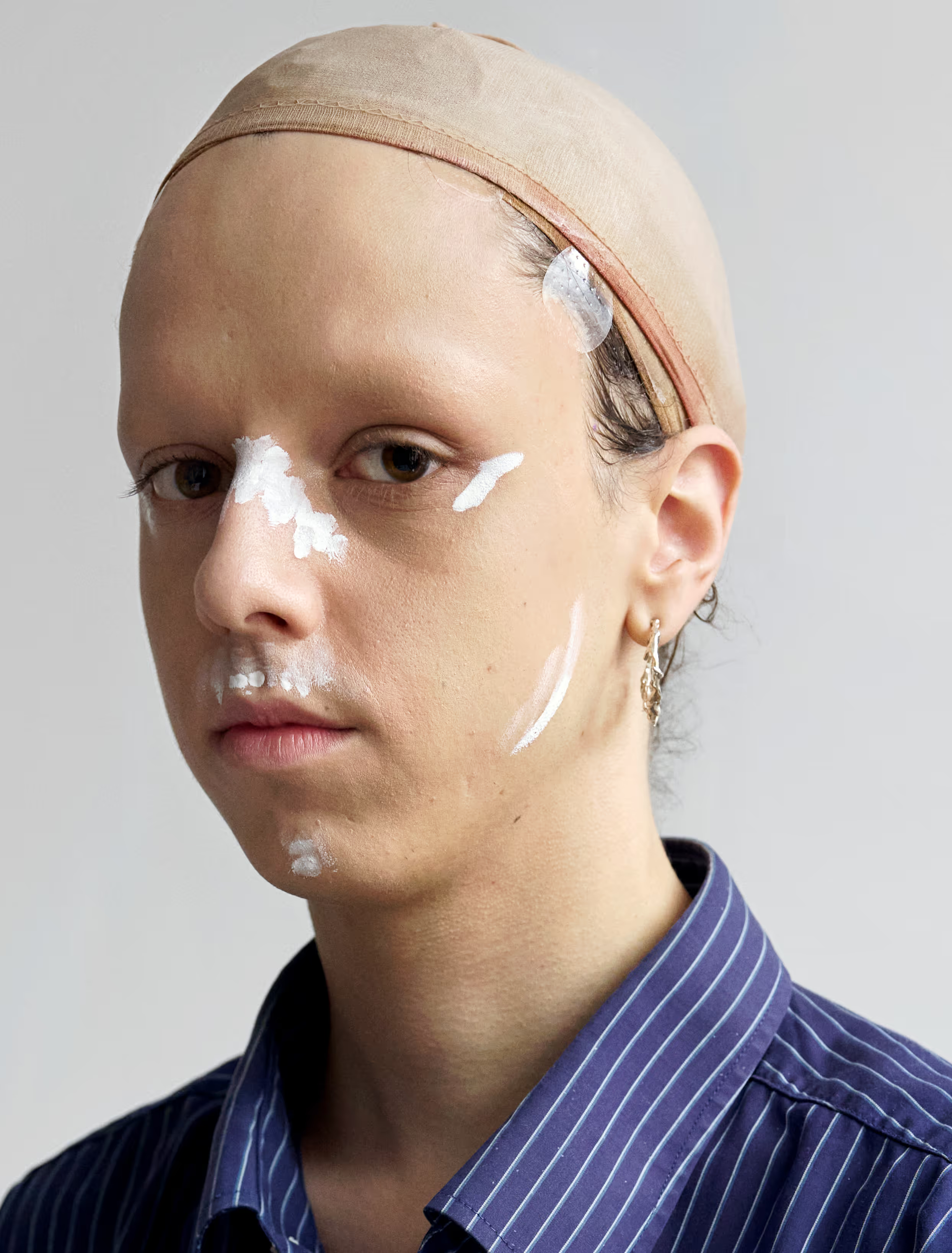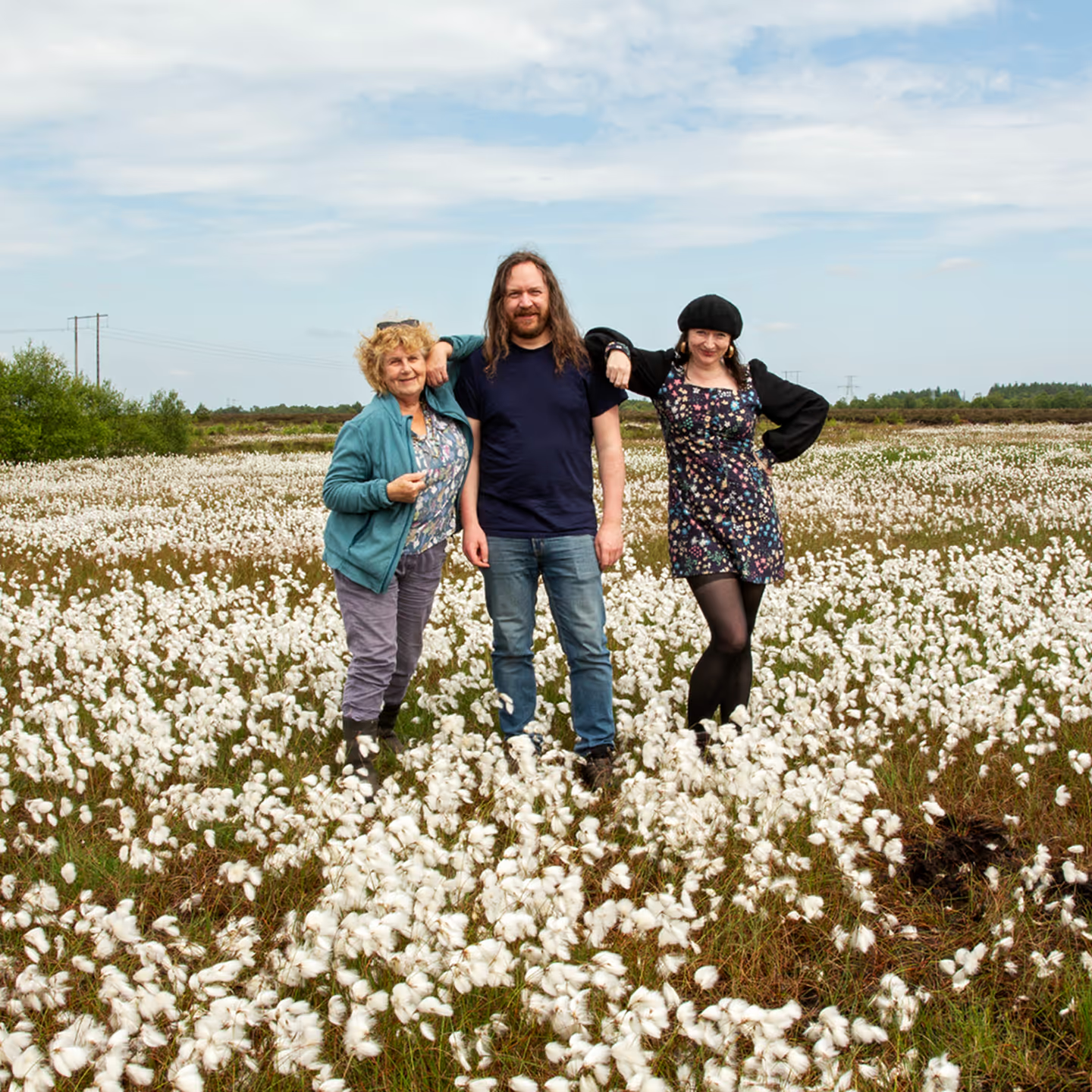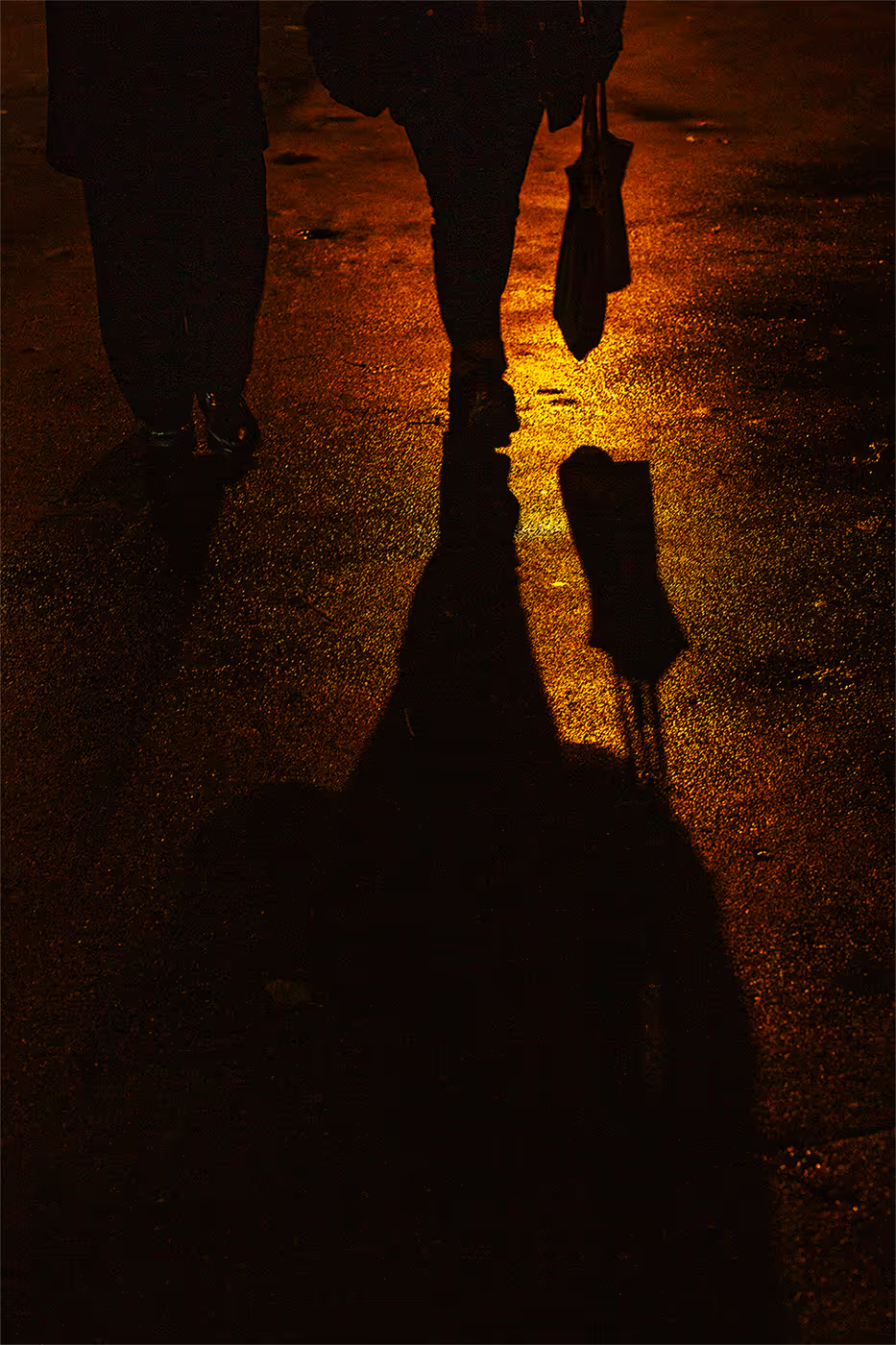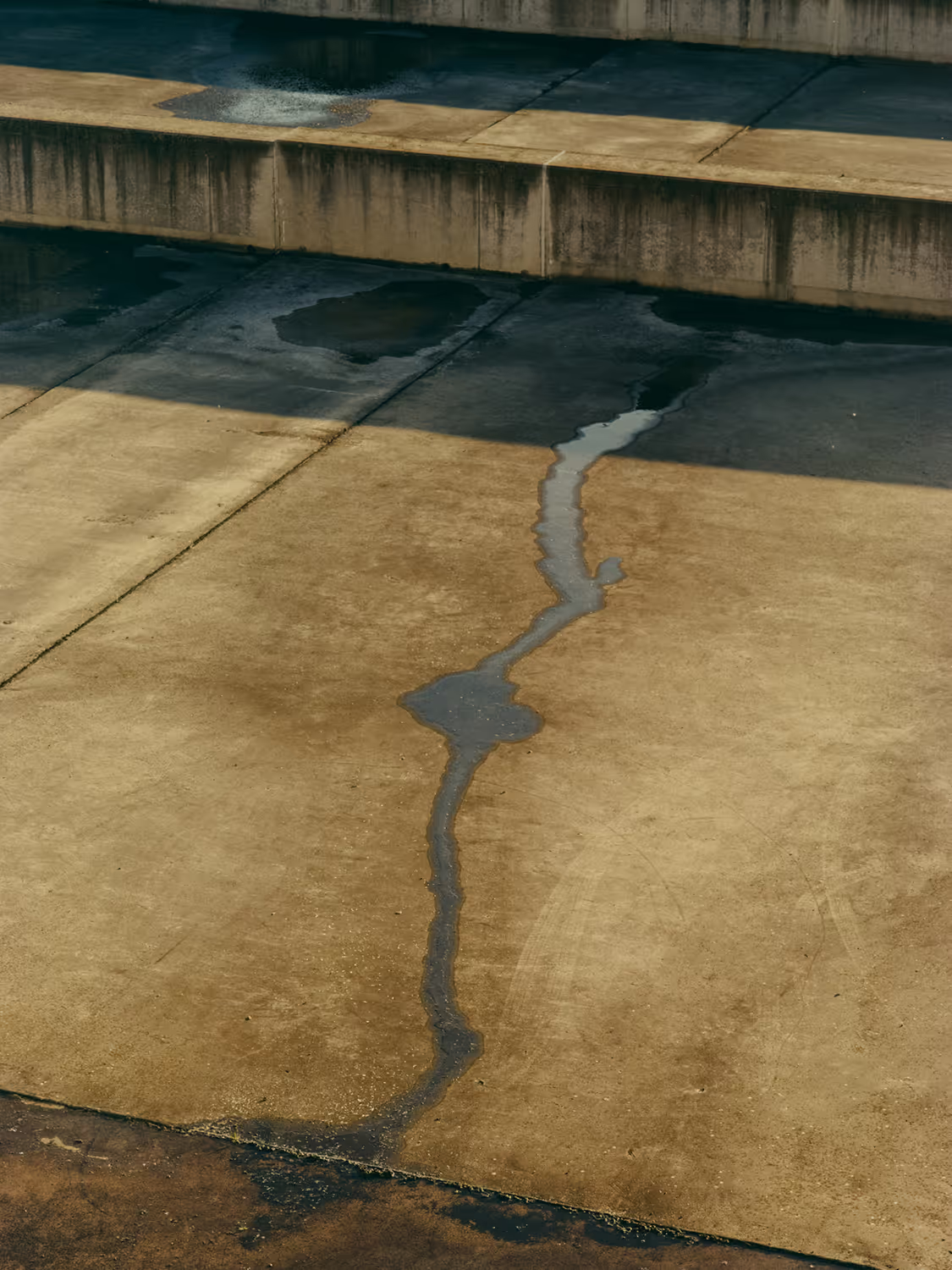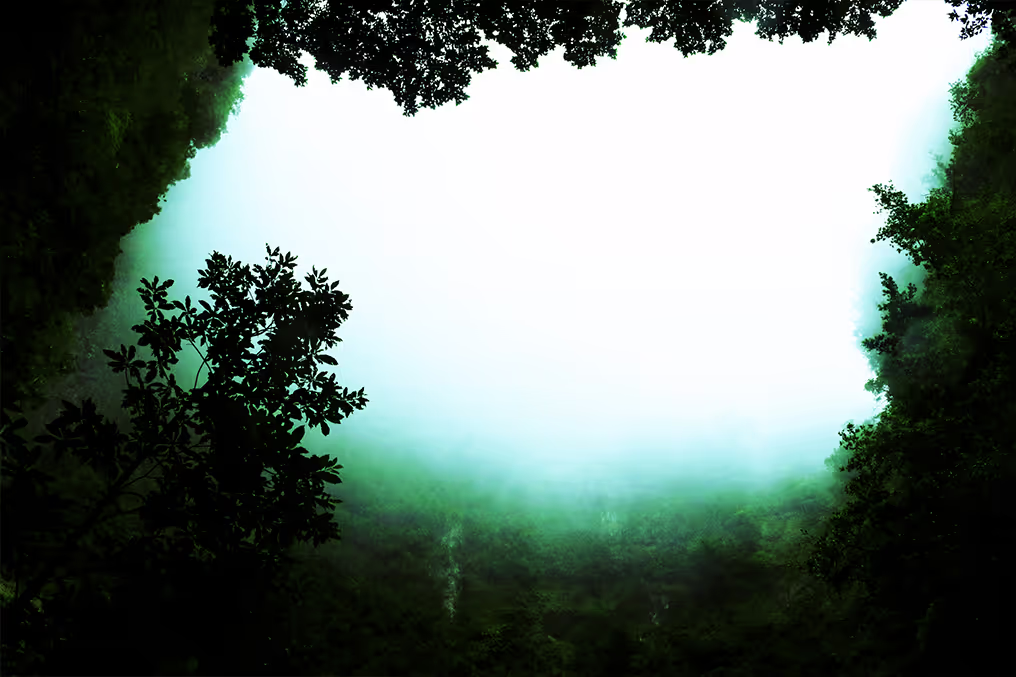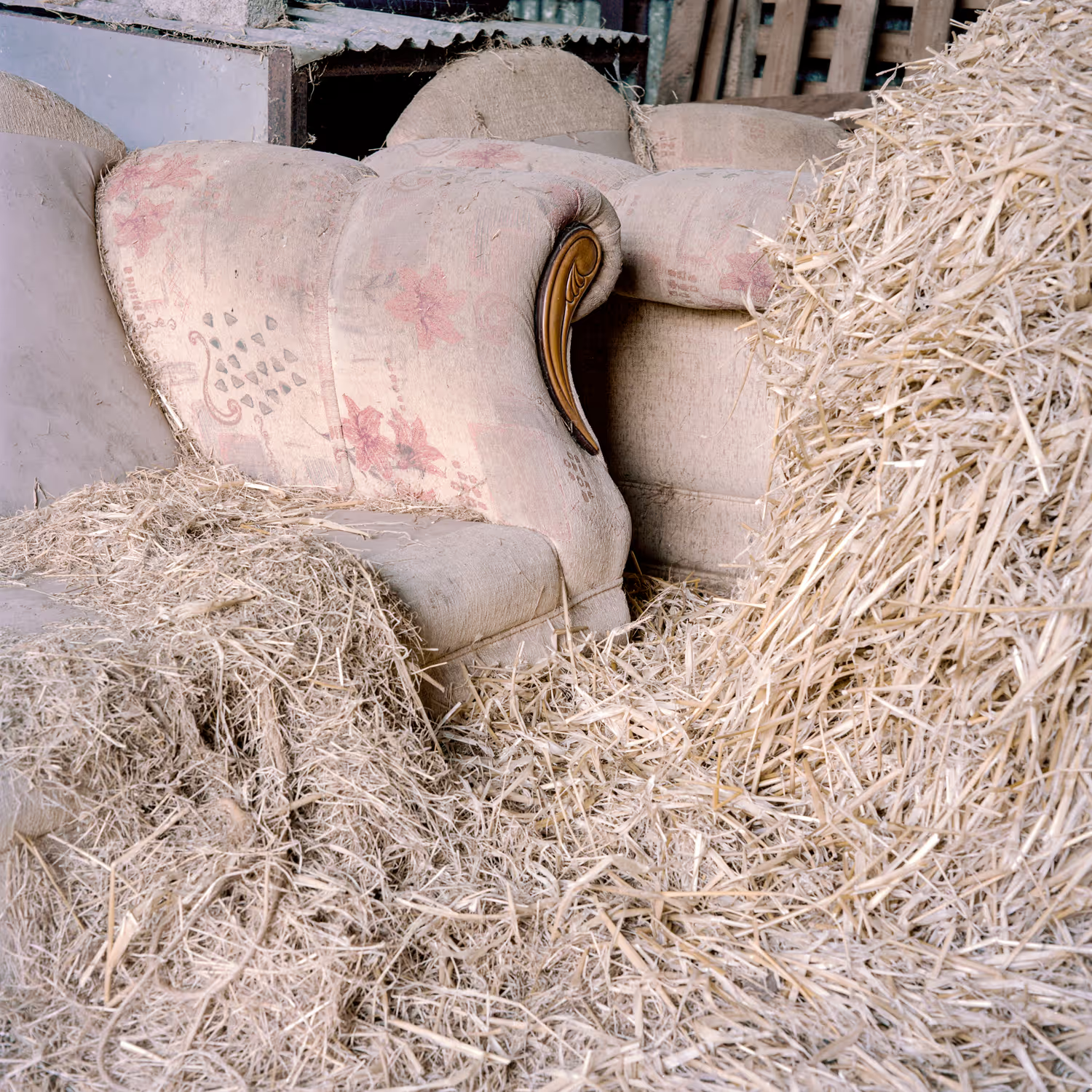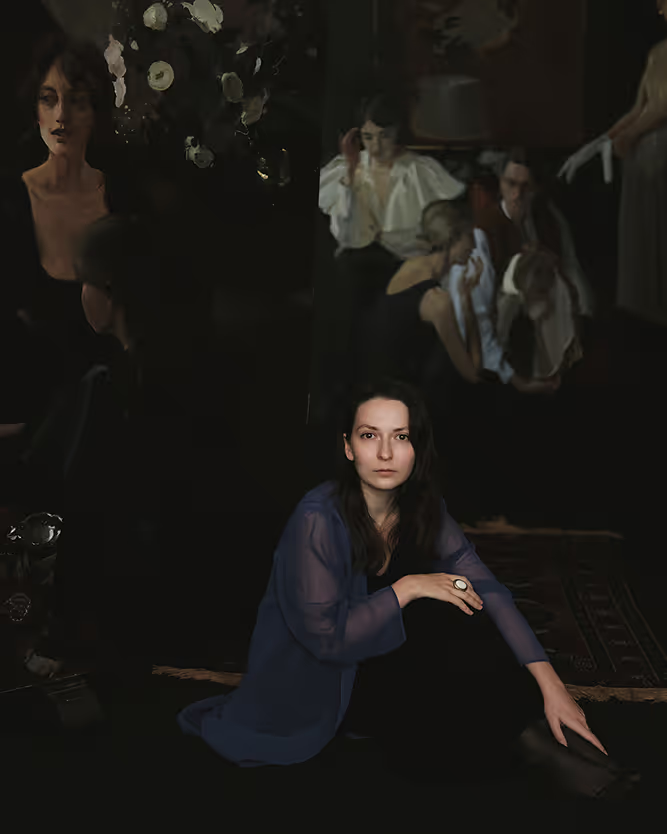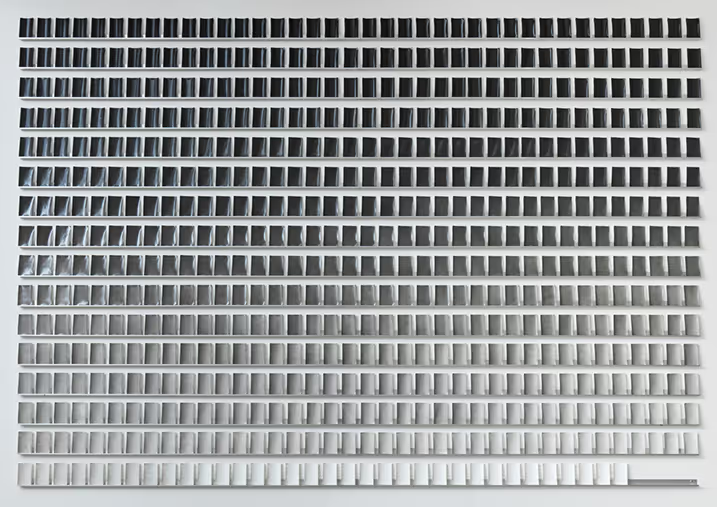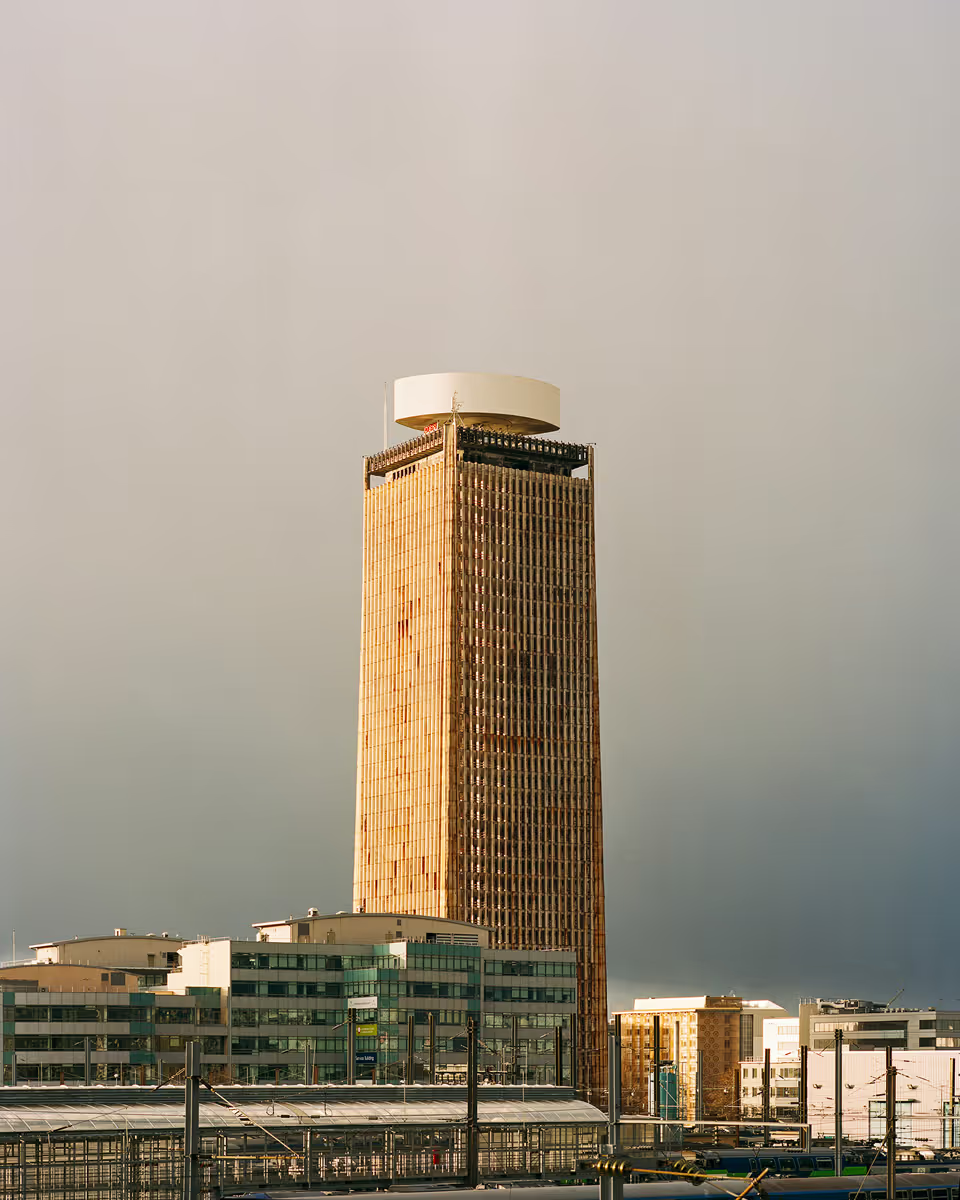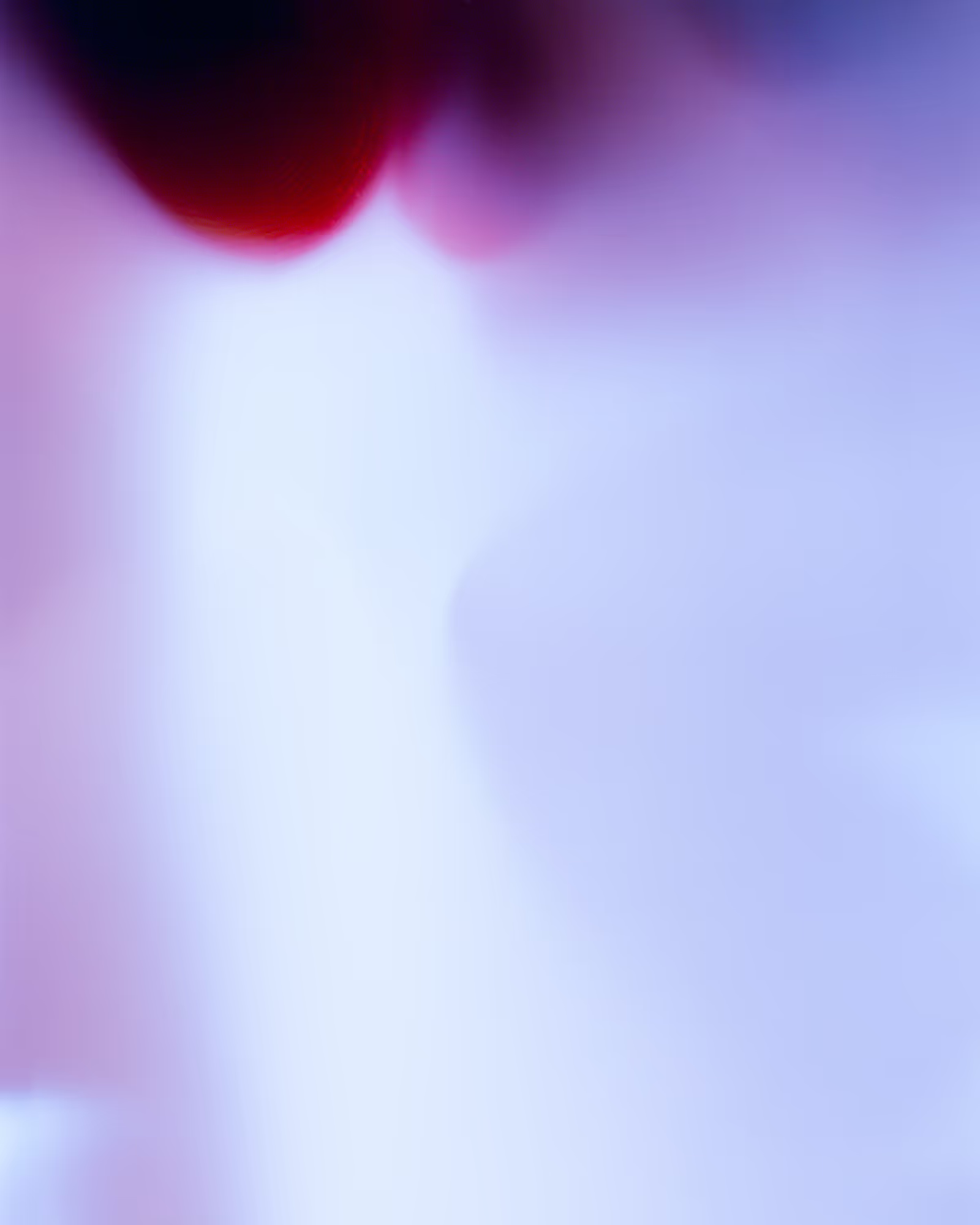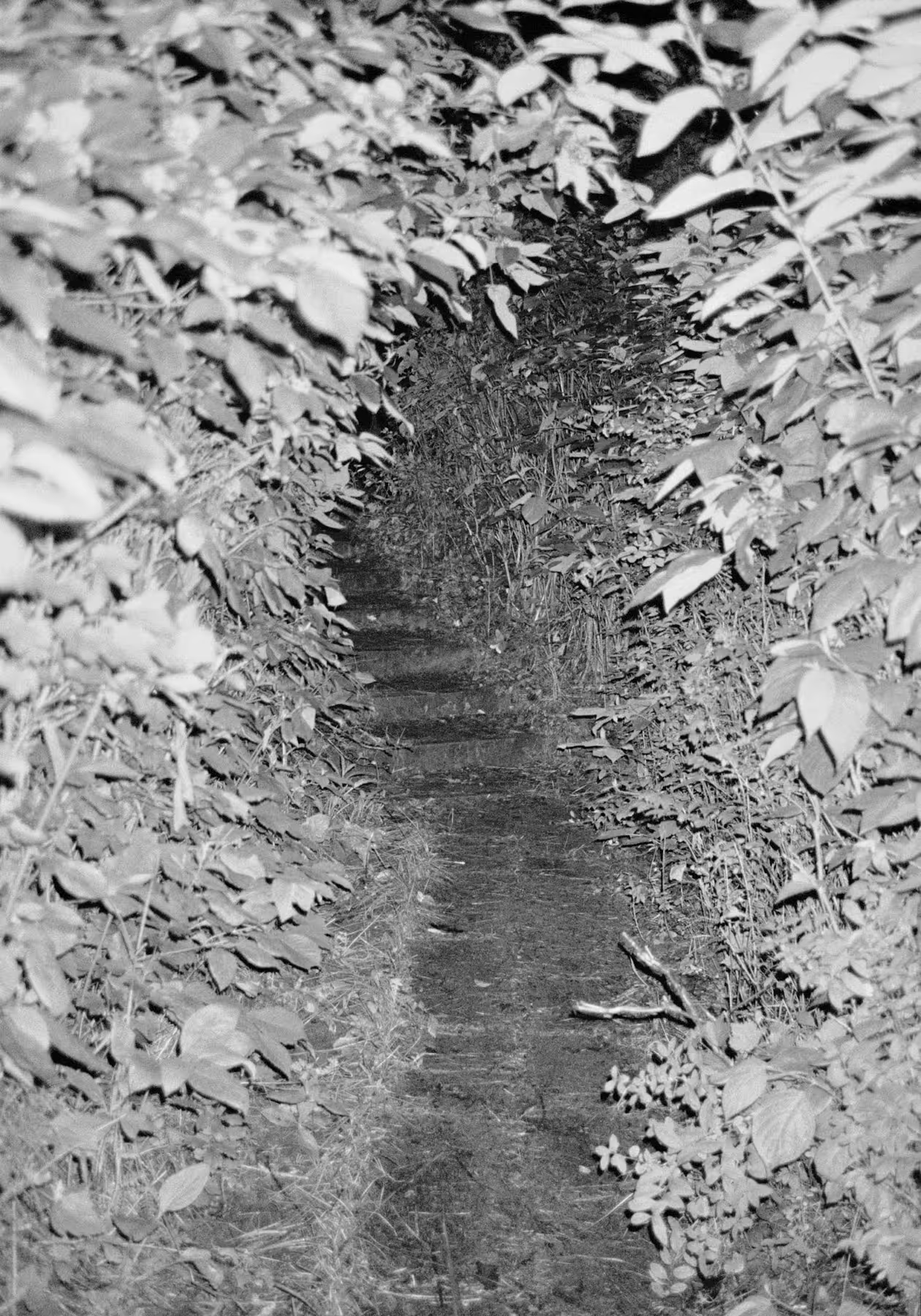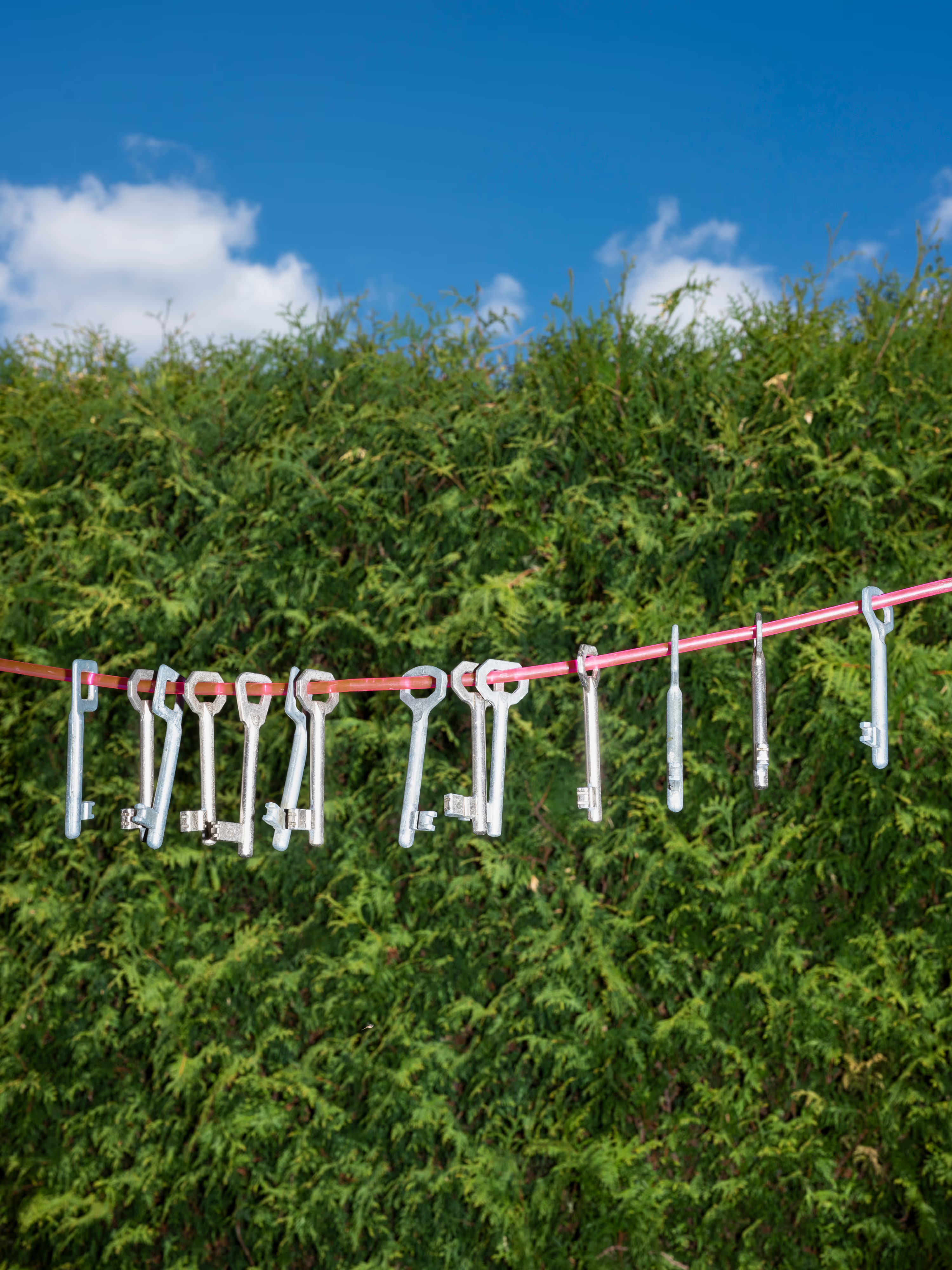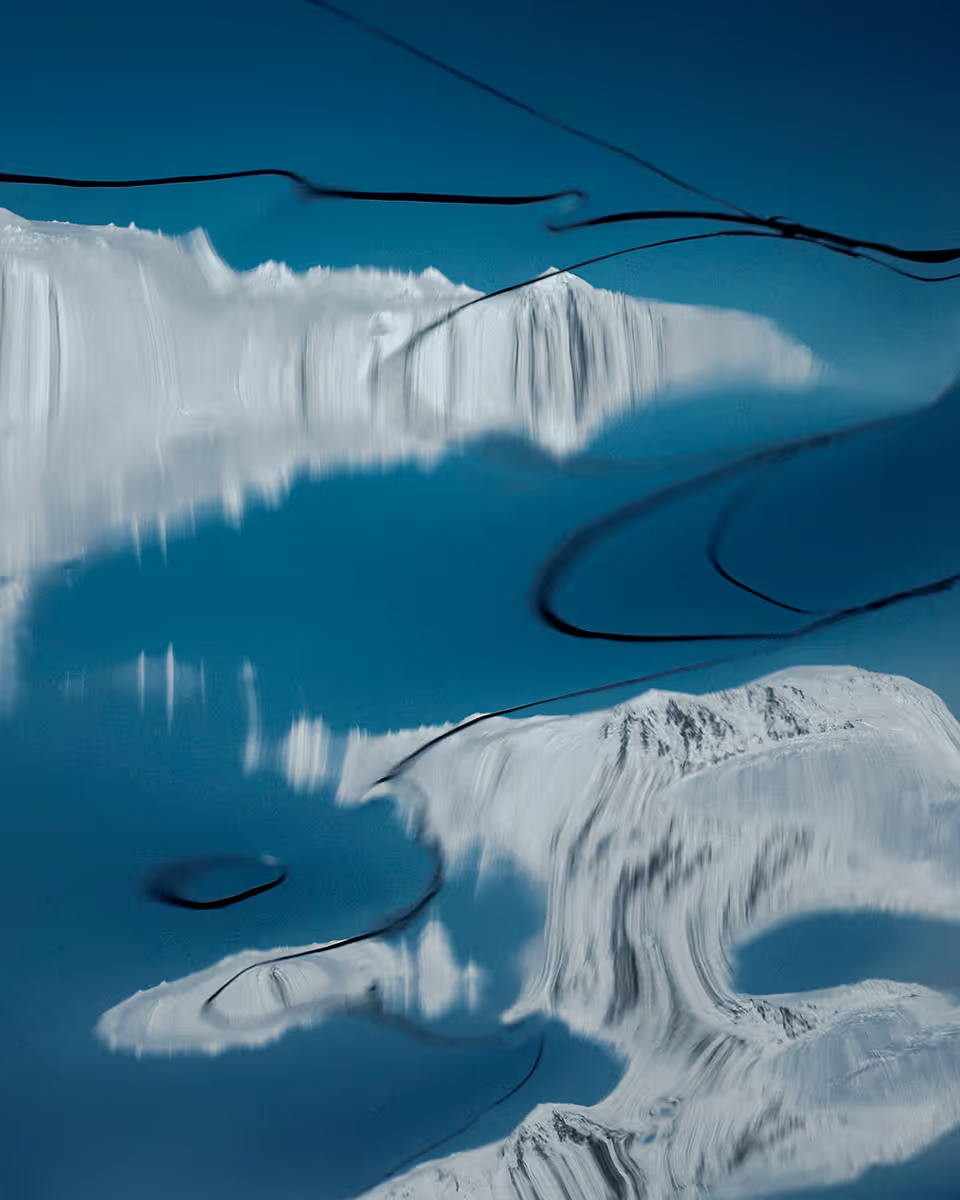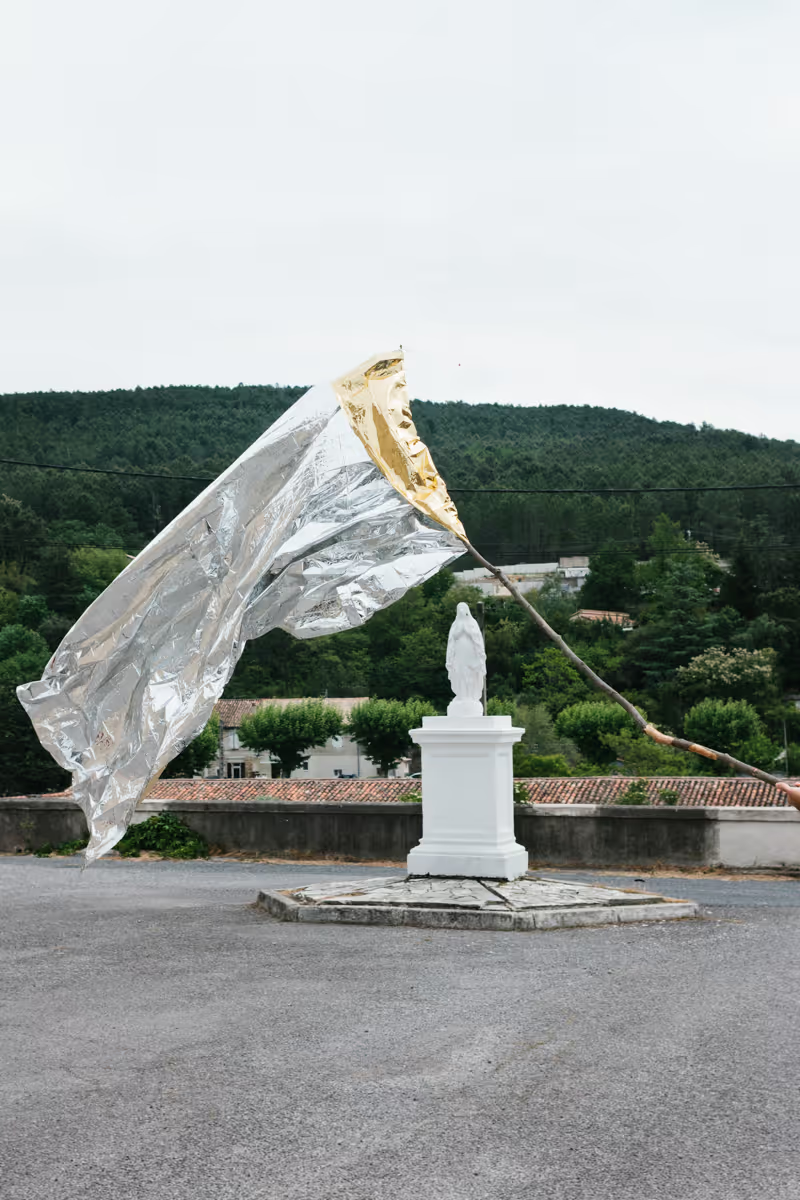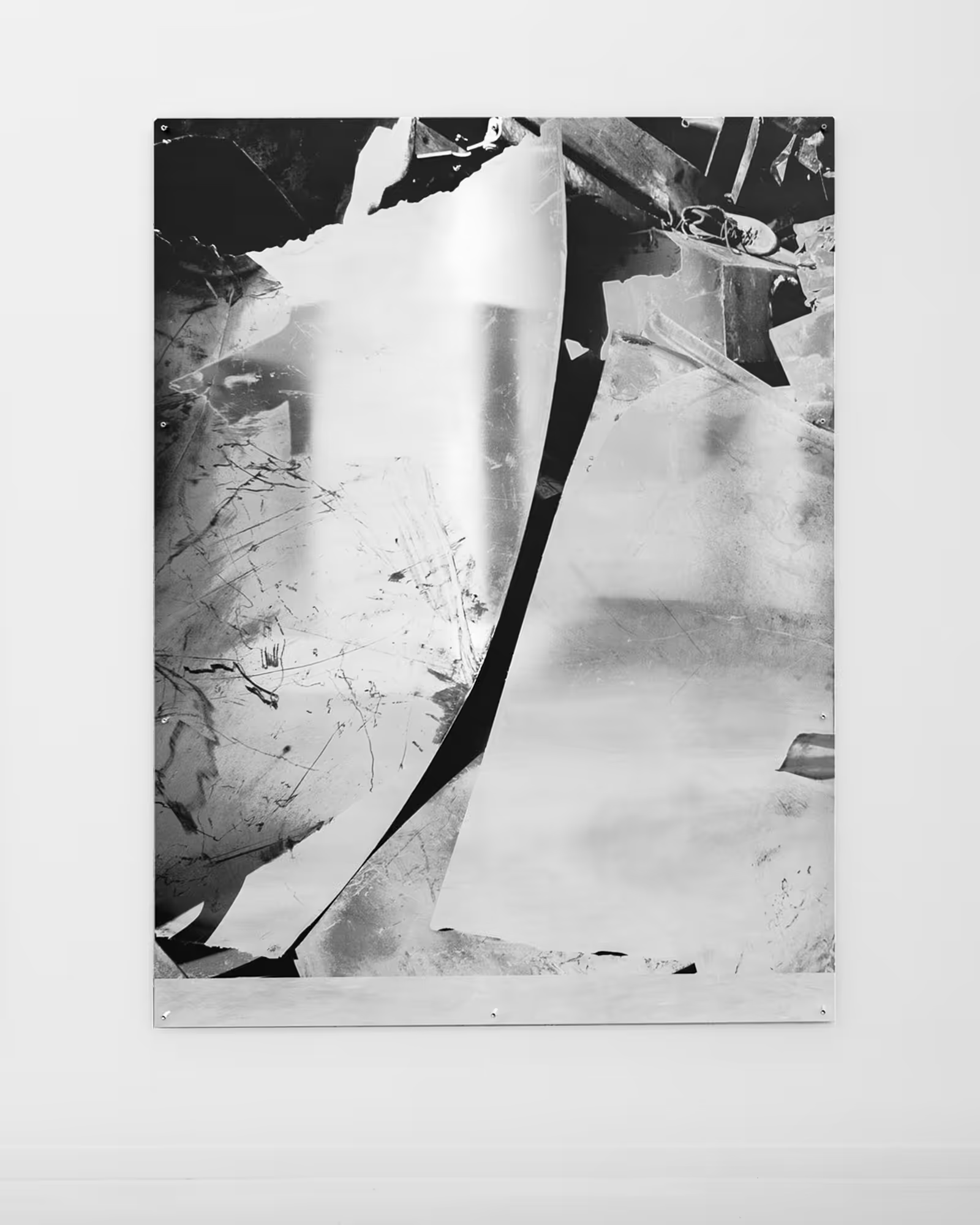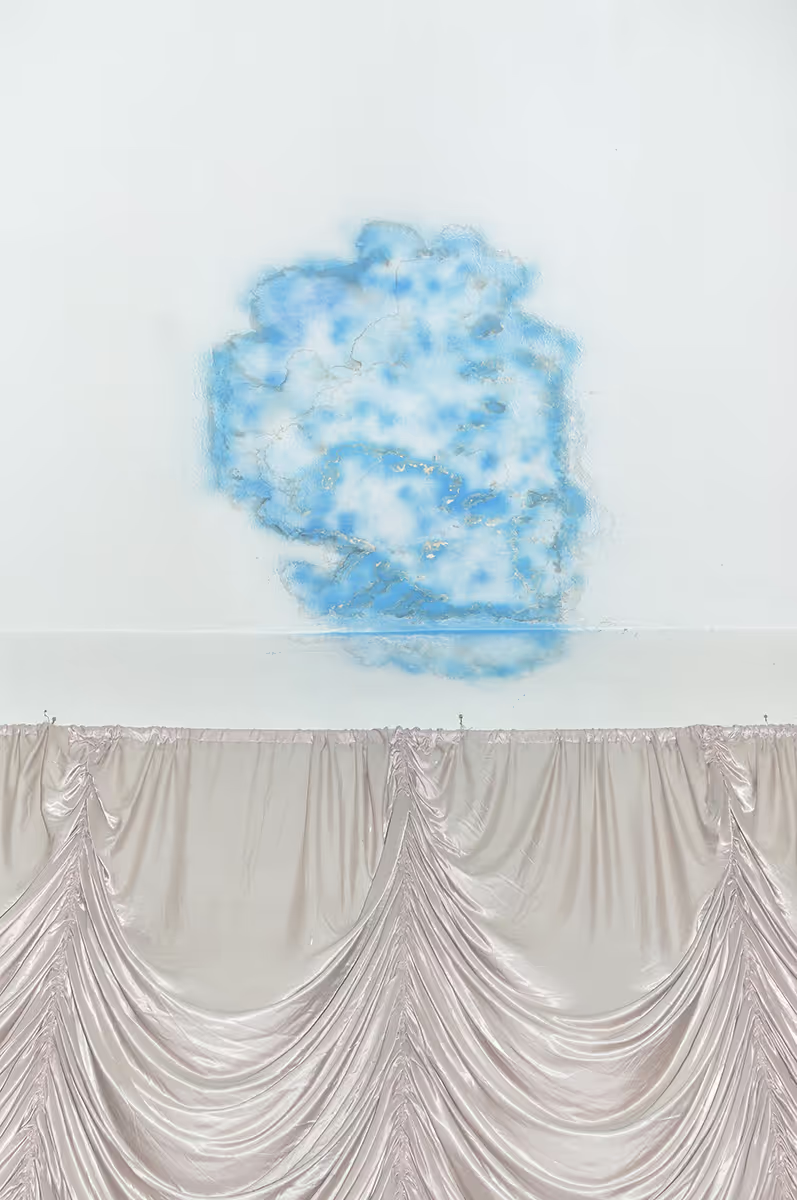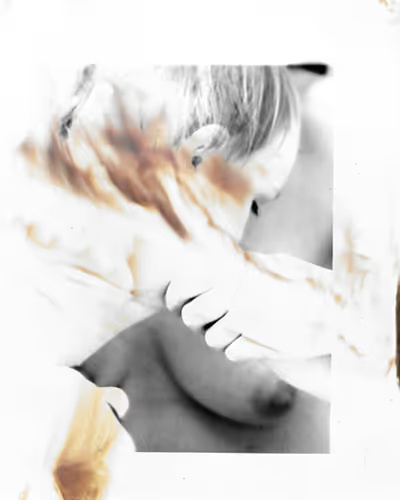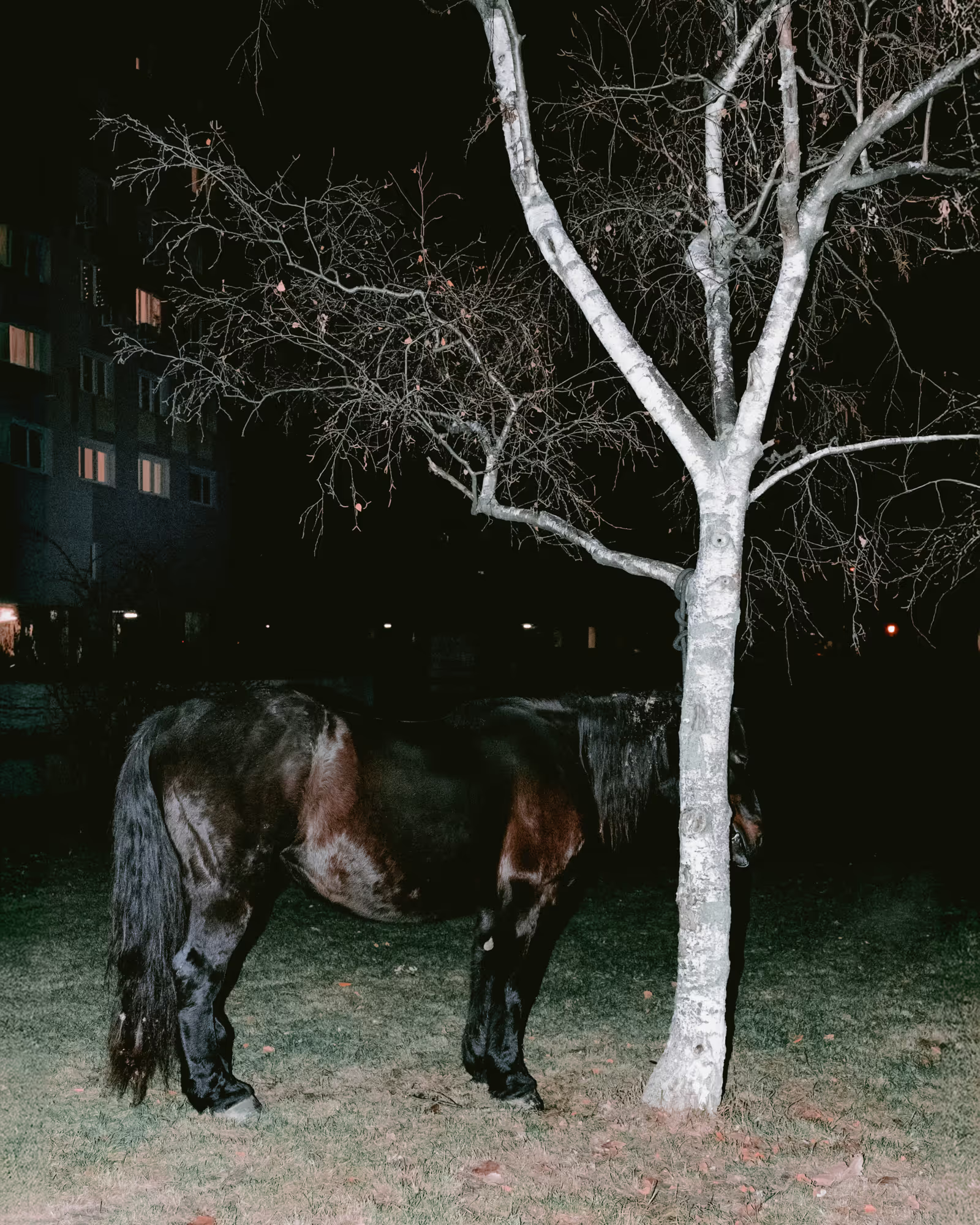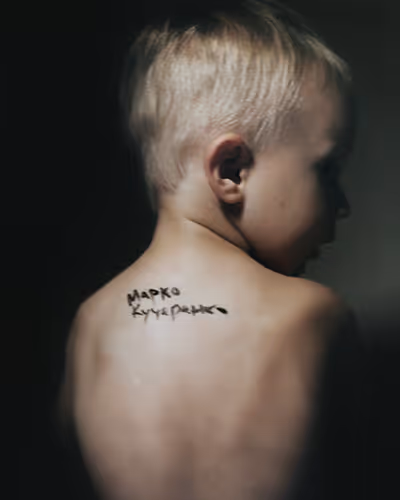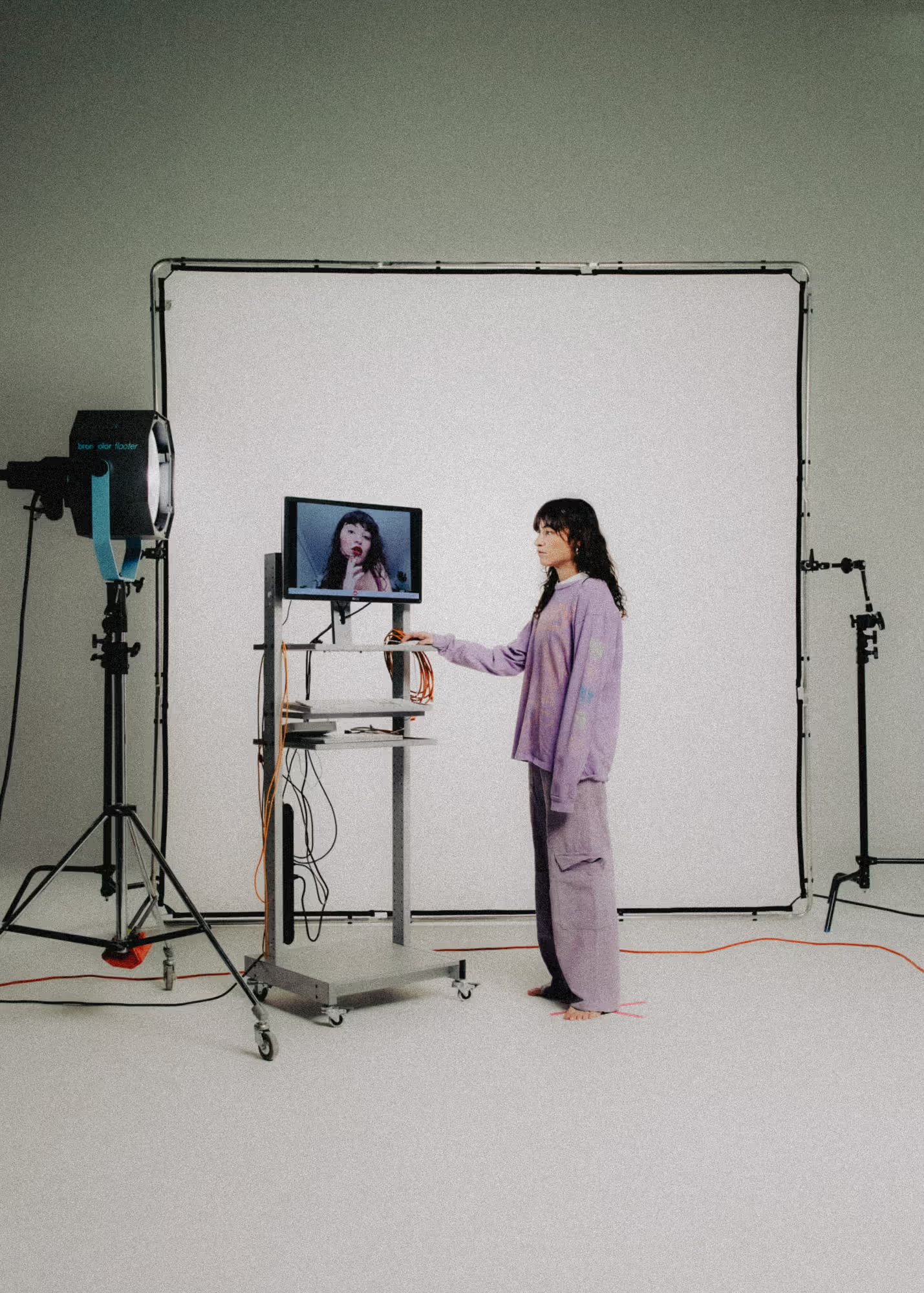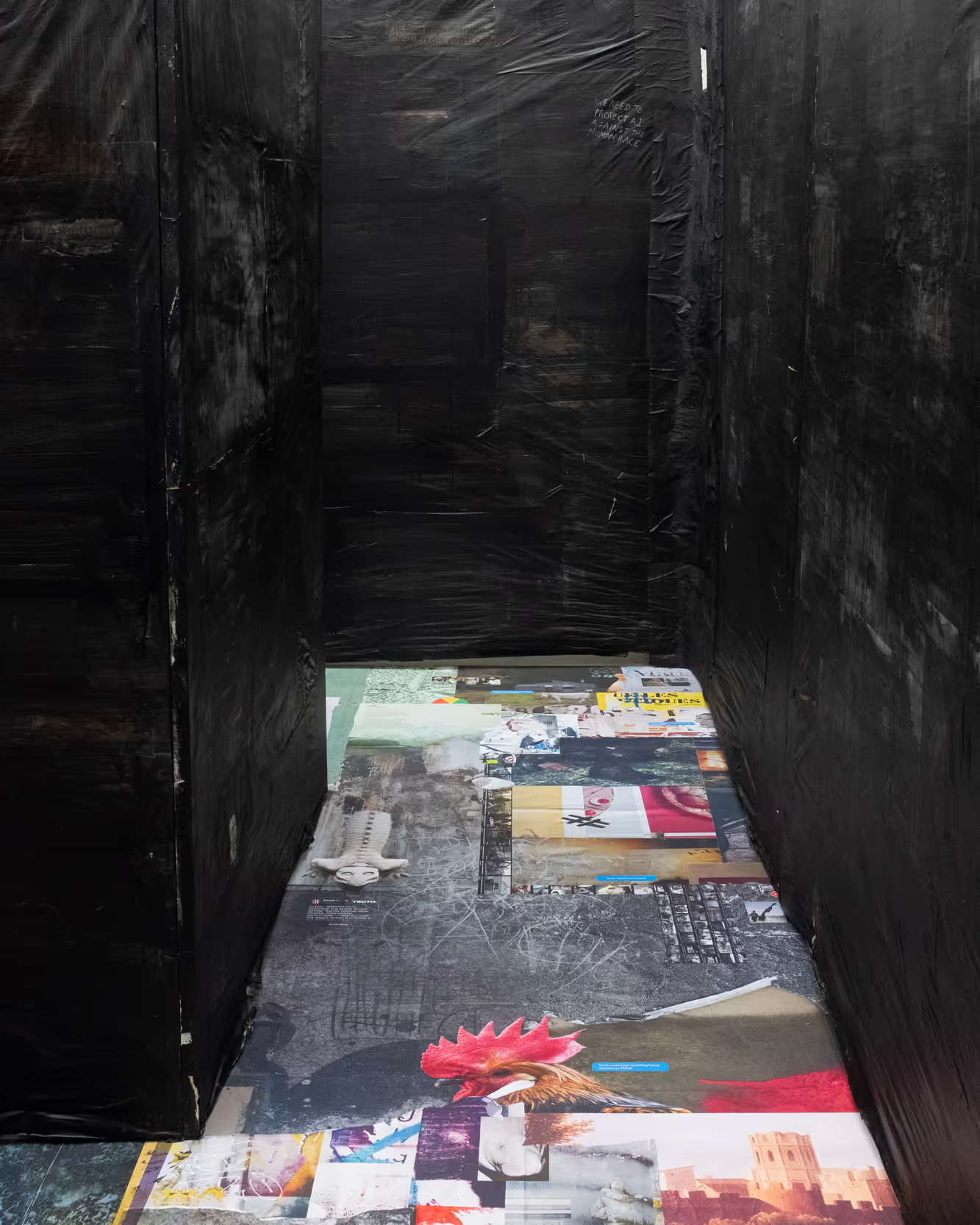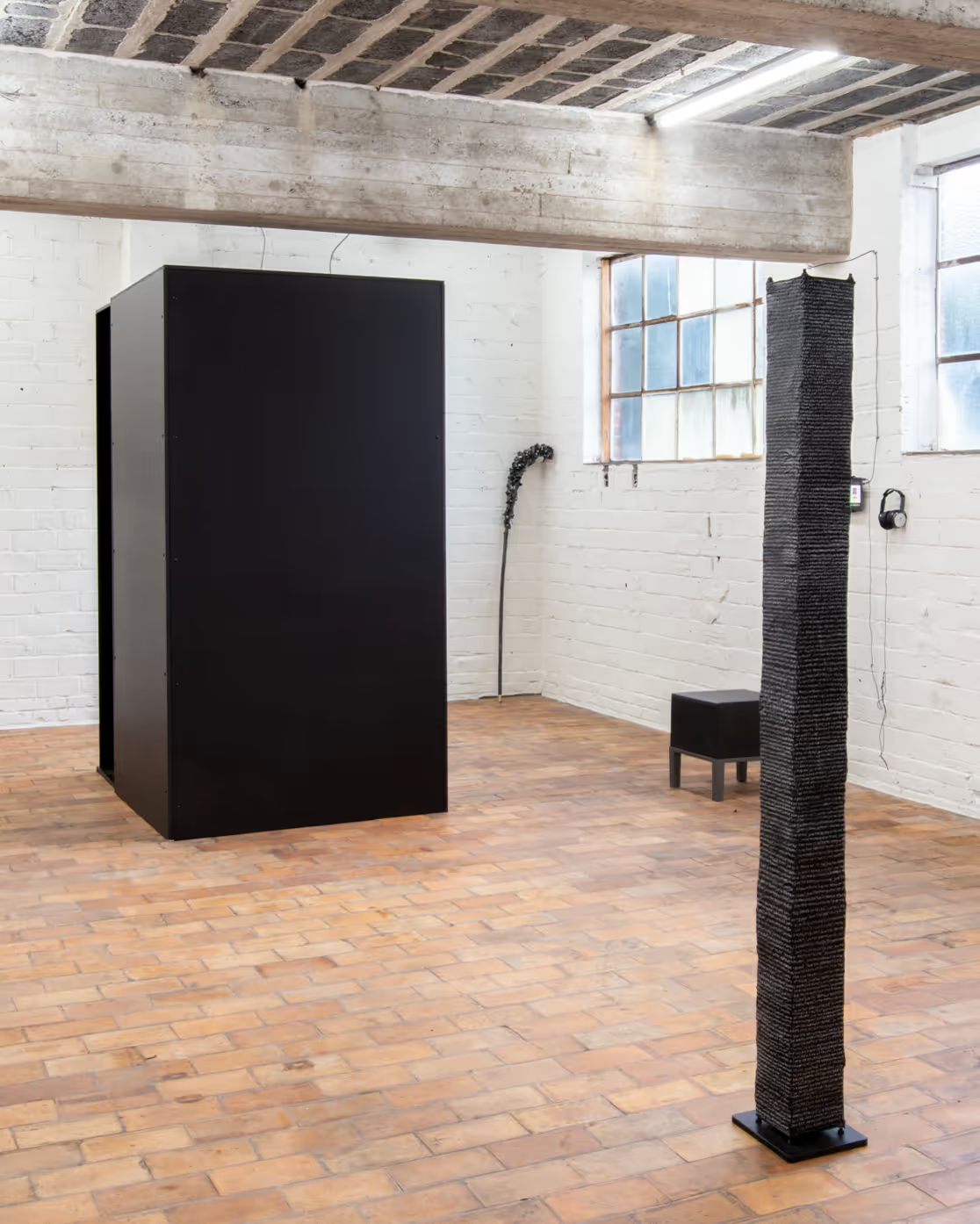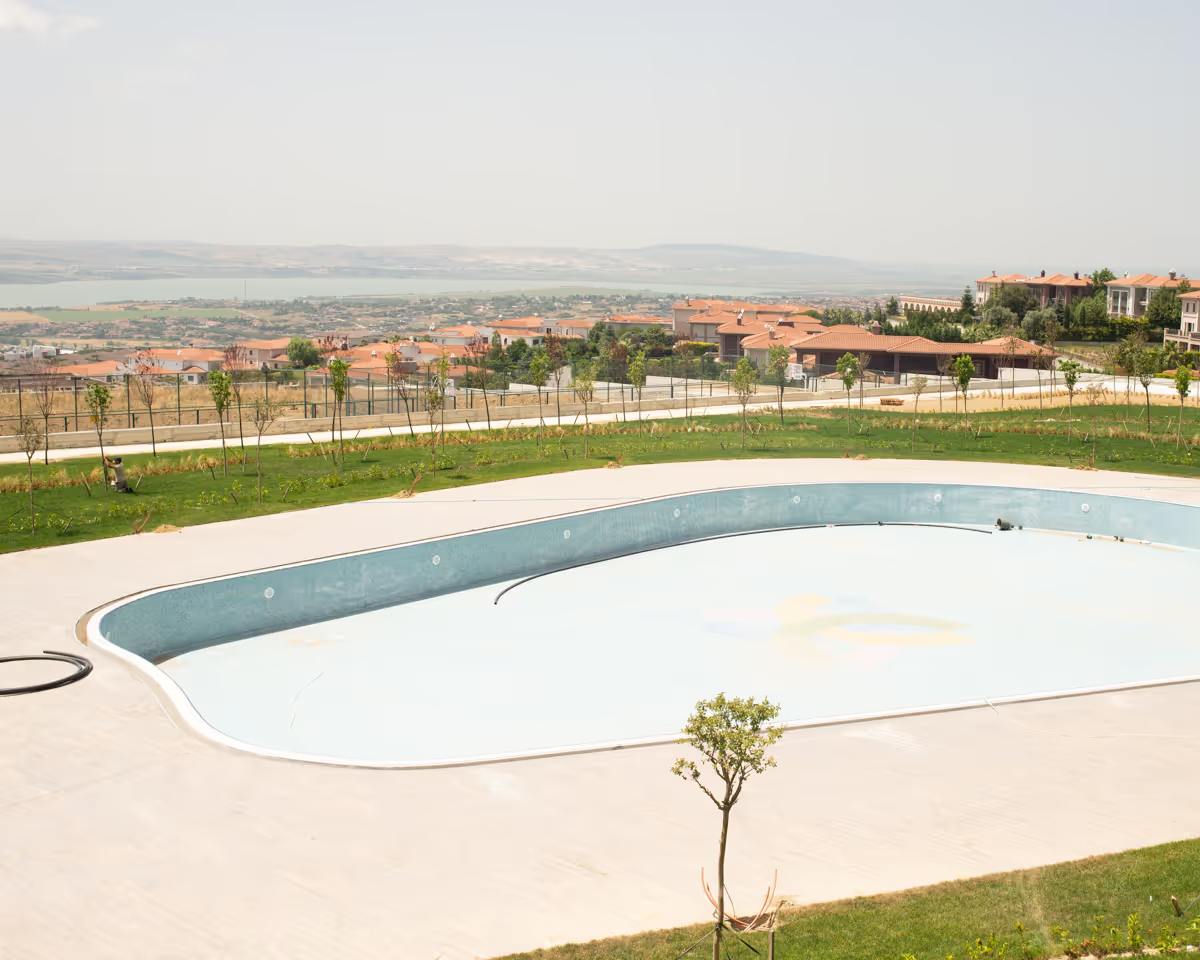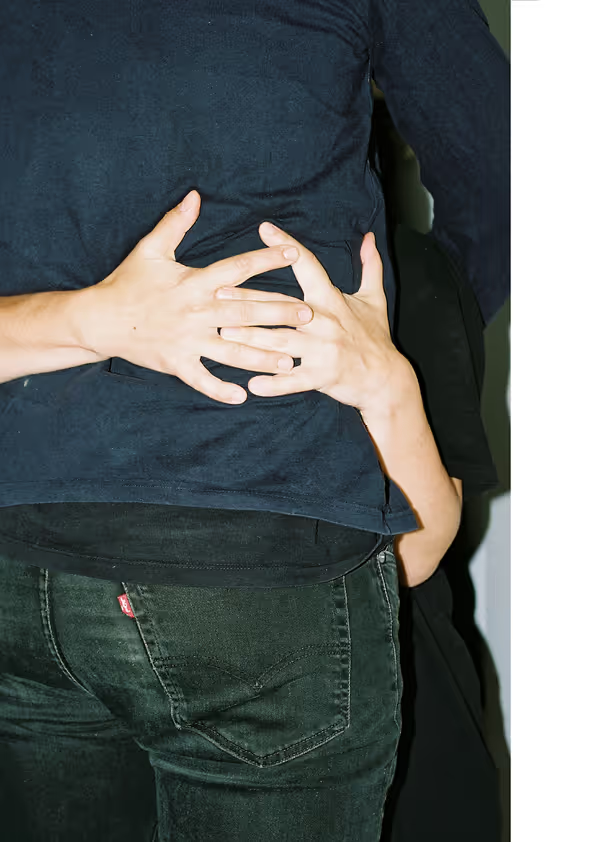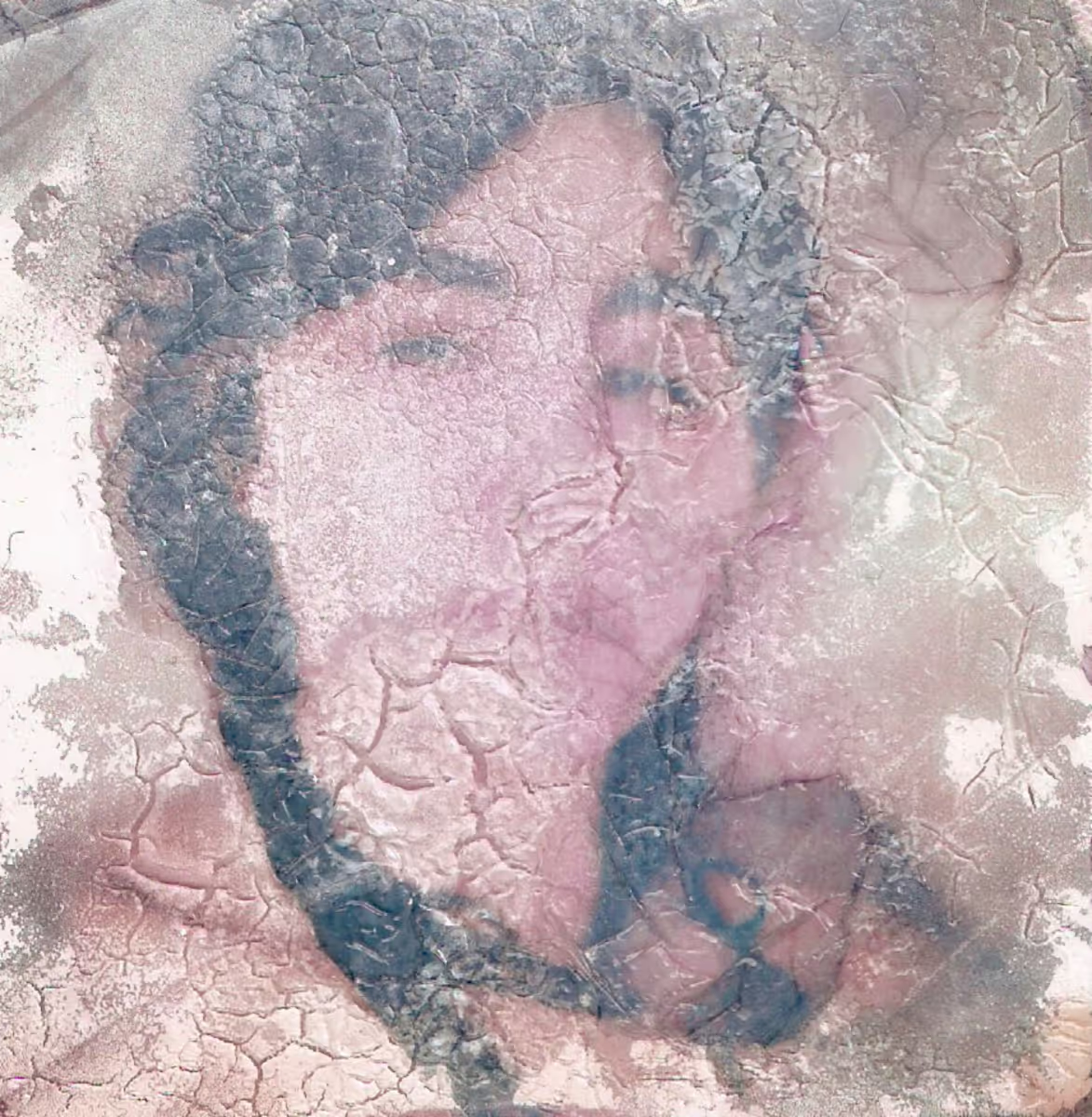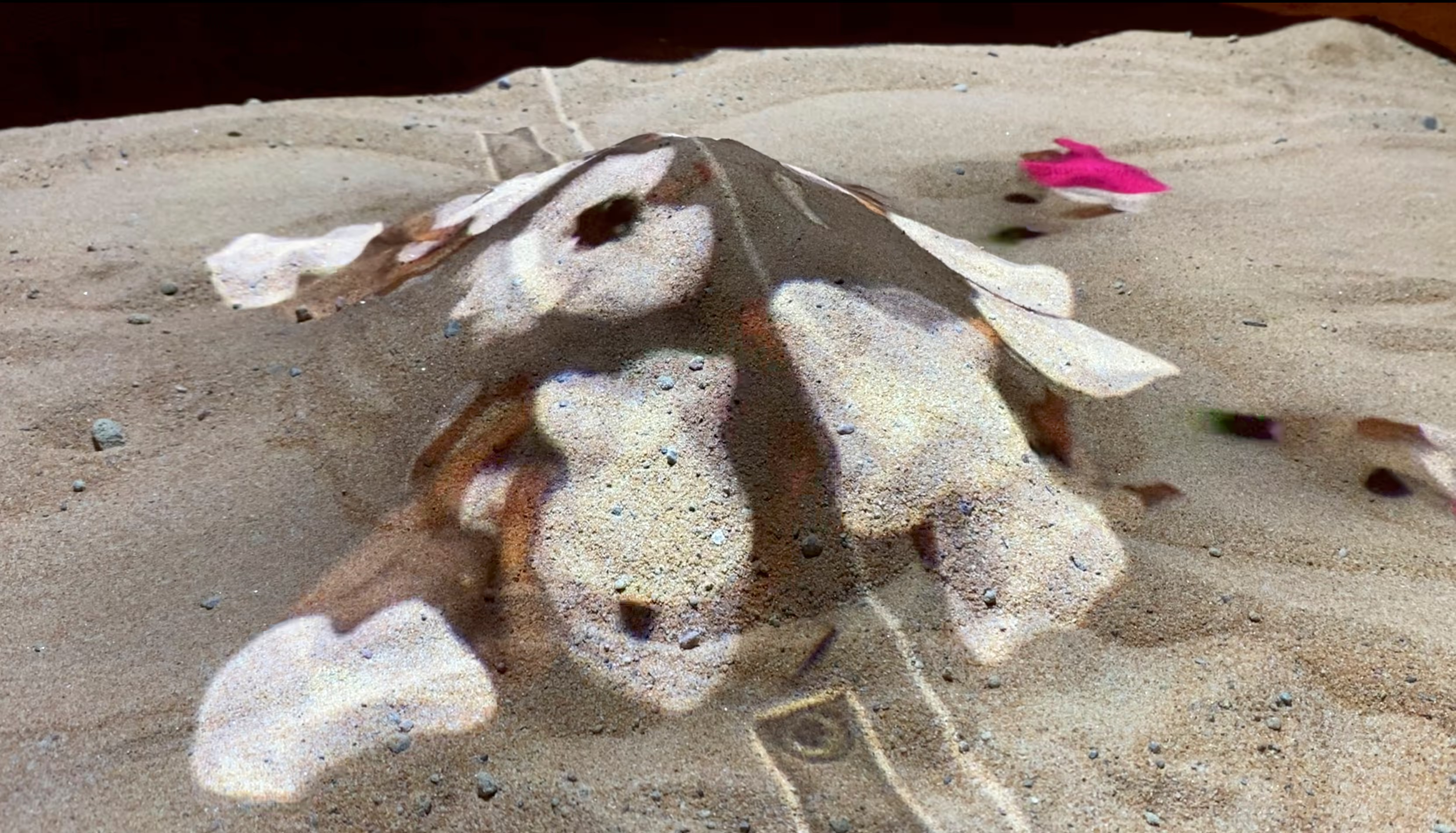Exiles
Florine Thiebaud
Nominated by
FOMU
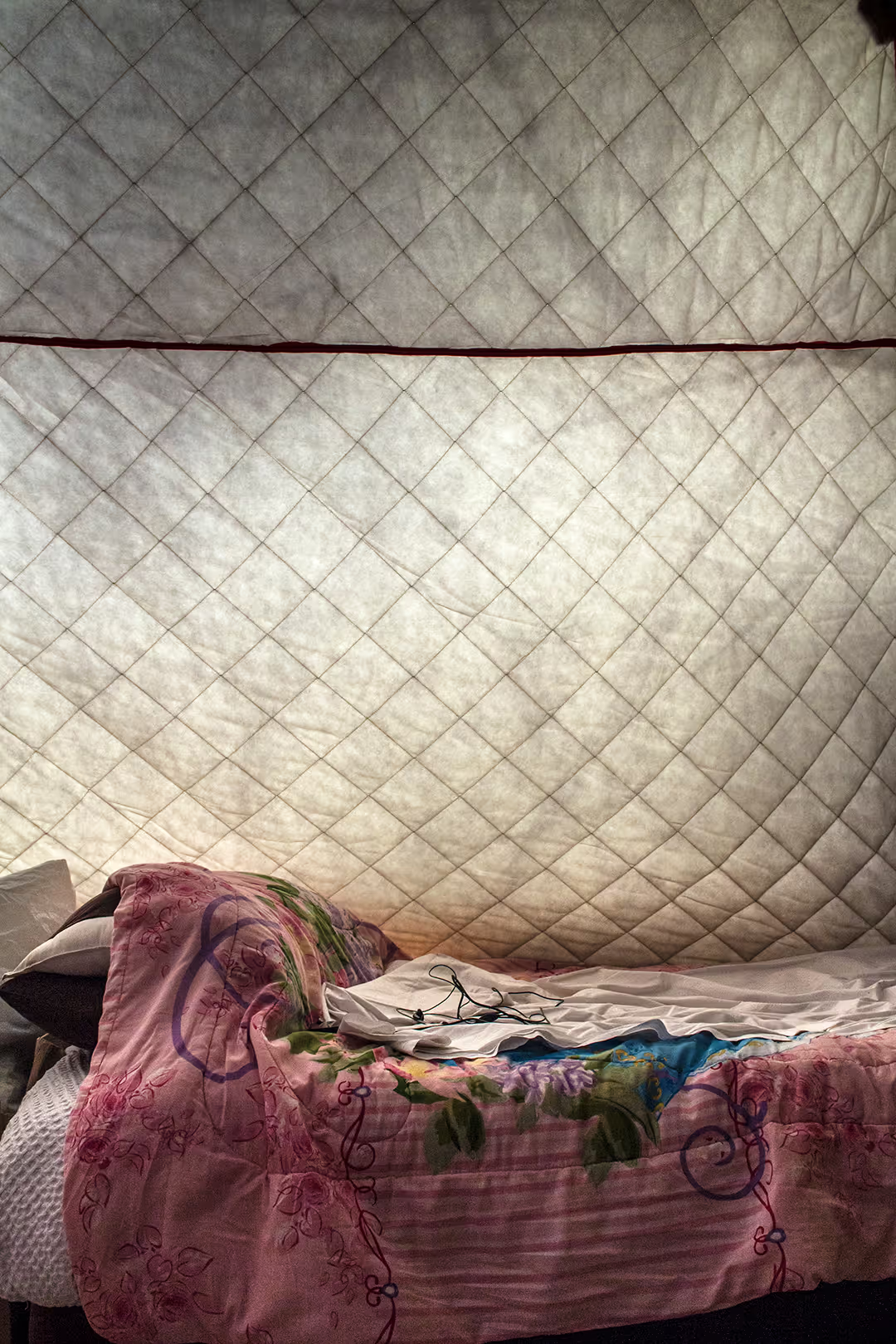
The Aegean sea was and still is a place of exile.We know the epic of Ulysses who, while being prisoner of Calypso’s arms, dreams of his return to Ithaca.In the 20th century, the sea became a prison for the communists exiled in Makronissos, Giaros and Agios Efstratios.Nowadays, people fleeing their countries are also stuck at Europe's doors. My journey started on the desolate island Agios Efstratios, where thousand of greek communists were deported after the establishment of the “Idionymo Law”.Then, I traveled to Lesvos island where thousand of refugees are crammed in Moria jail, Kara Tepe and Pikpa camps.The never ending waiting in revolting conditions is now their everyday life.An identity unrest appears. From the waiting comes the boredom. Loss of bearings evolves with future uncertainty.And whilst they fight to escape the horror, the horizon turns dark.
The Artist
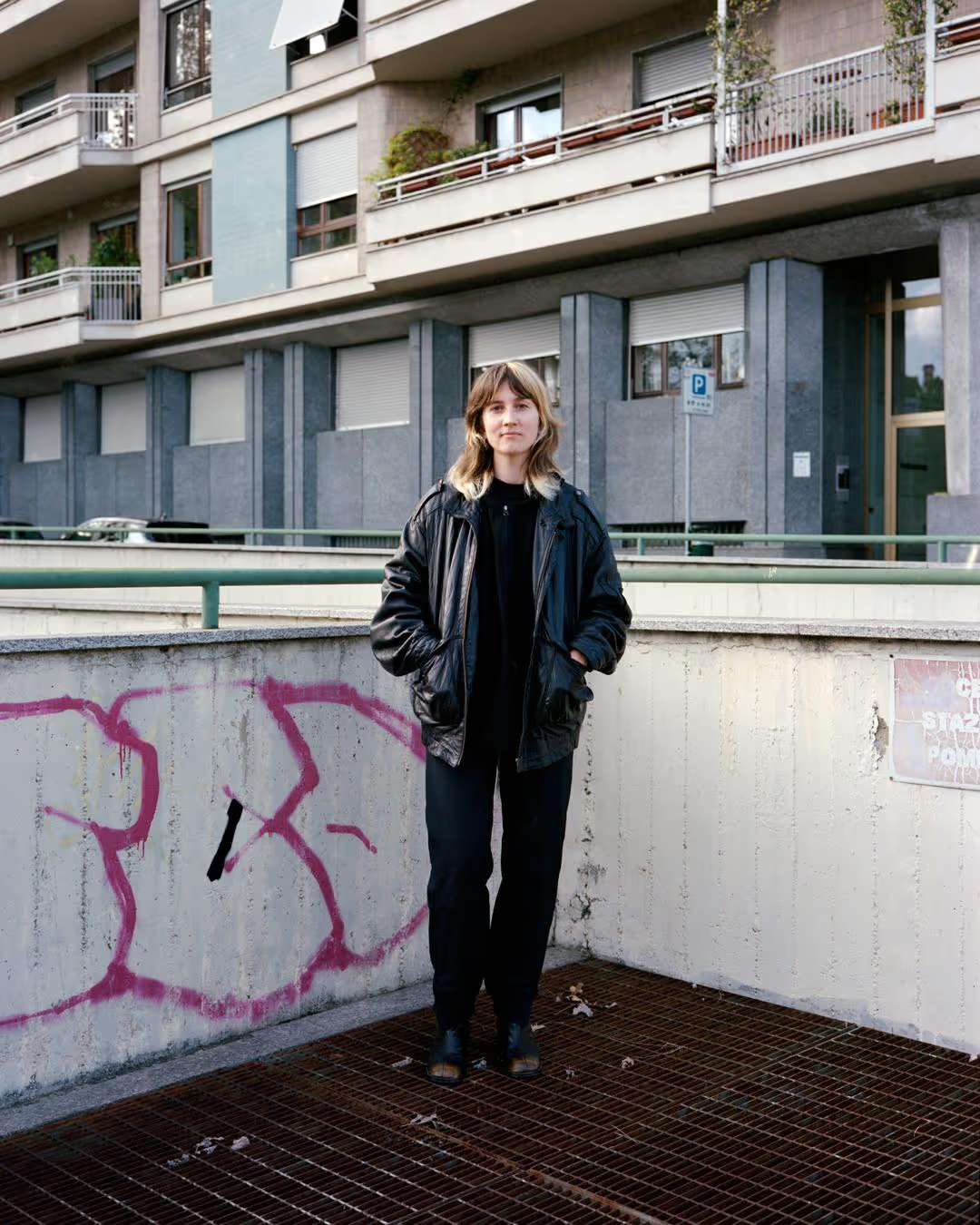
Florine Thiebaud
Nominated in
2020
By
FOMU
Lives and Works in
Marseille (Fr)
Florine Thiebaud (b. 1992, France) is a photographer based in Marseille.
With a post-documentary practice that combines photography and writing, she places a significant emphasis on publishing. She explores the notions of imprisonment and isolation, the passage of time, loss of control, identity, and her connection to others.
From 2016 to 2019, she developed two projects focused on the consequences of the waiting for papers for exiled people in Greece, placing the relationship with the other at the heart of her practice.The first was the project Exils, which won the Roger de Conynck Prize and was exhibited at the Recylart Gallery in Brussels, followed by Breaking Point. The latter was co-published as a book in May 2022 with Stockmans Art Books, and was exhibited at FOMU in Antwerp and at the Contretype Gallery in Brussels as part of the .TIFF selection and Propositions d’Artistes.
Developing her reflections on notions of imprisonment and isolation and their consequences, she is currently working on a project about families of incarcerated people, Des Ondes (On Waves), based on a personal story. This project has received support from the Fédération Wallonie-Bruxelles, and part of it was already exhibited in 2023 at the Delta Cultural Center in Namur as part of a group exhibition.
In parallel, following confrontations with her own physical and mental limits facing depression, she developped a new series of self-portraits: Revenir (Coming back). Using once again repetitive imagery and a consistent aesthetic, she explores the intersection of vulnerability, isolation, and transformation through self-portraiture. Photographing herself during moments of crisis and depression, she seeks to capture the disconnect between her inner world and reality.
More projects by this artist
2021
On Waves
En Avril 2019, tu disparais.
Un mois plus tard, je reçois enfin de tes nouvelles:
tu es en détention provisoire à Gand.
Je suis soulagée de te savoir vivant, mais cela ne dure pas:
Très vite l’inquiétude liée à ta disparition laisse place à la douleur de te savoir enfermé pour une durée indéterminée.
Ta disparition, l’attente, les visites, les courts appels, les étreintes…
Avec du recul, je me demande si le plus difficile pendant ces plusieurs mois n’était pas la fin des visites, lorsque la porte se refermait derrière toi.
2024
Coming Back
Following confrontations with my own physical and mental limits facing depression, I developped a new series of self-portraits. Using once again repetitive imagery and a consistent aesthetic, I explore the intersection of vulnerability, isolation, and transformation through self-portraiture. Photographing myself during moments
of crisis and depression, I seek to capture the disconnect between my inner world and reality.
2018
Breaking Point
“The breaking point referred to in Florine Thiebaud’s photographic series is metaphorical rather than explicit. Her camera doesn’t record critical situations but instead portraits, indeterminate landscapes, interiors, still lives and names carved into tree trunks or rock faces. The protagonists, a few young men and a girl, are photographed repeatedly in close-up. They usually look away. The photographer has been allowed to come close but beyond this illusory intimacy — to which photography lends itself so well — we sense, as observers, a wall we cannot breach. We learn nothing about these individuals and yet their physicality, captured by an empathetic camera, is moving.The title of the series seems paradoxical. We are transported to a Mediterranean region where little happens and everything appears to be transitory. The photographer reinforces the agonizing routine of living in a perpetual state of limbo by reproducing similar images and photographing her subjects in situations that differ only subtly. The monotony of drawn-out time is in direct contrast to the disruption promised by the title, but the captions reveal the brutal truth. As soon as we discover where the photographs were taken, our initial interpretation of the images collapses. These people are refugees and the places are internment camps. Chios, Leros and Athens are temporary stops on an endless escape route.By making stagnation her theme, Florine Thiebaud opposes and nuances prevailing alarmist representations of the so-called “refugee crisis”.” Geert Goiris
Similar projects by everyone else
Newsletter








